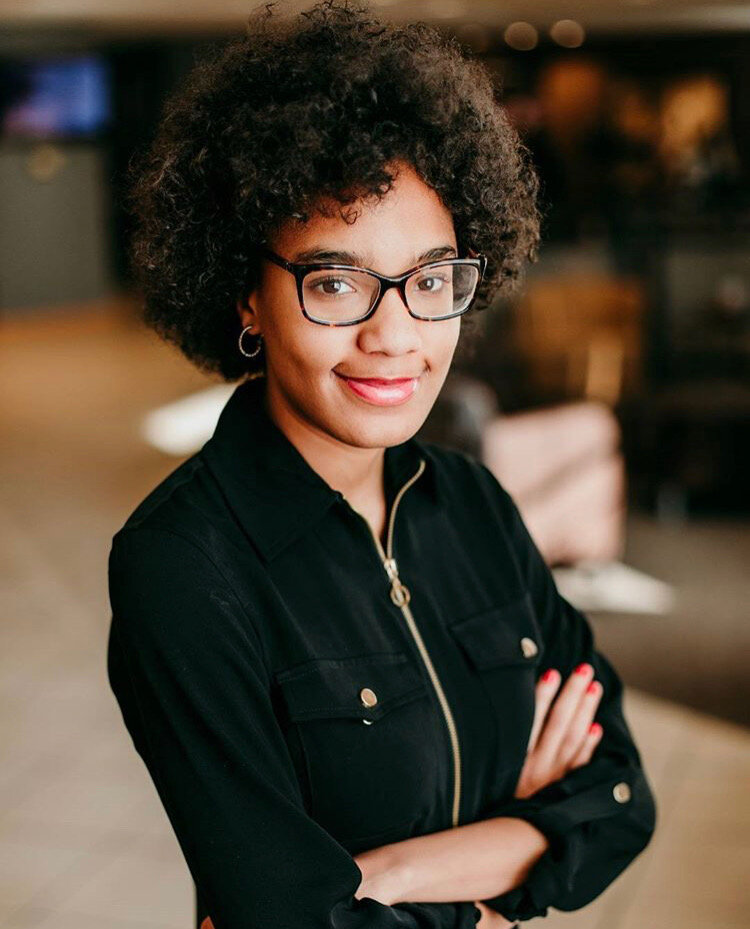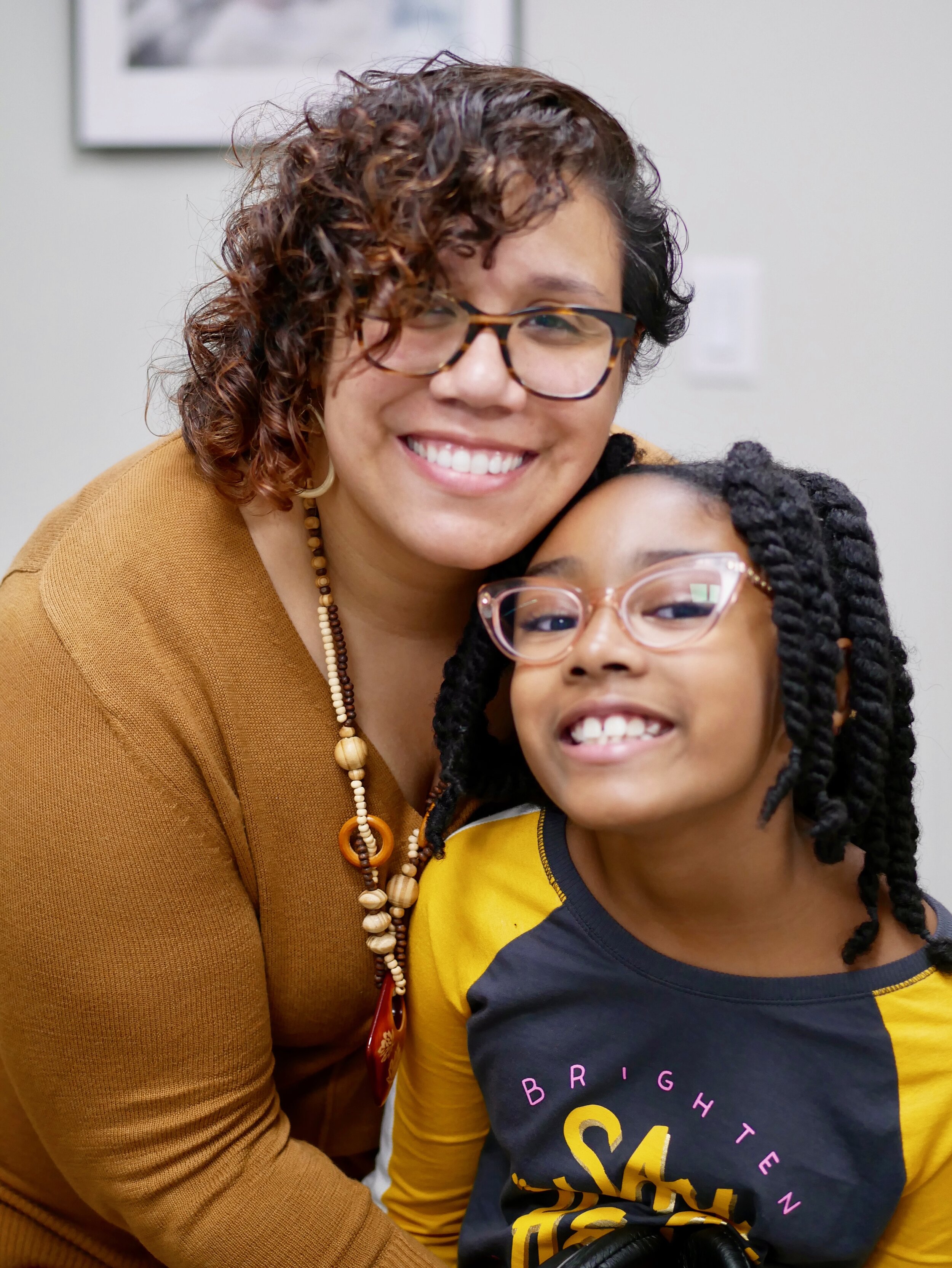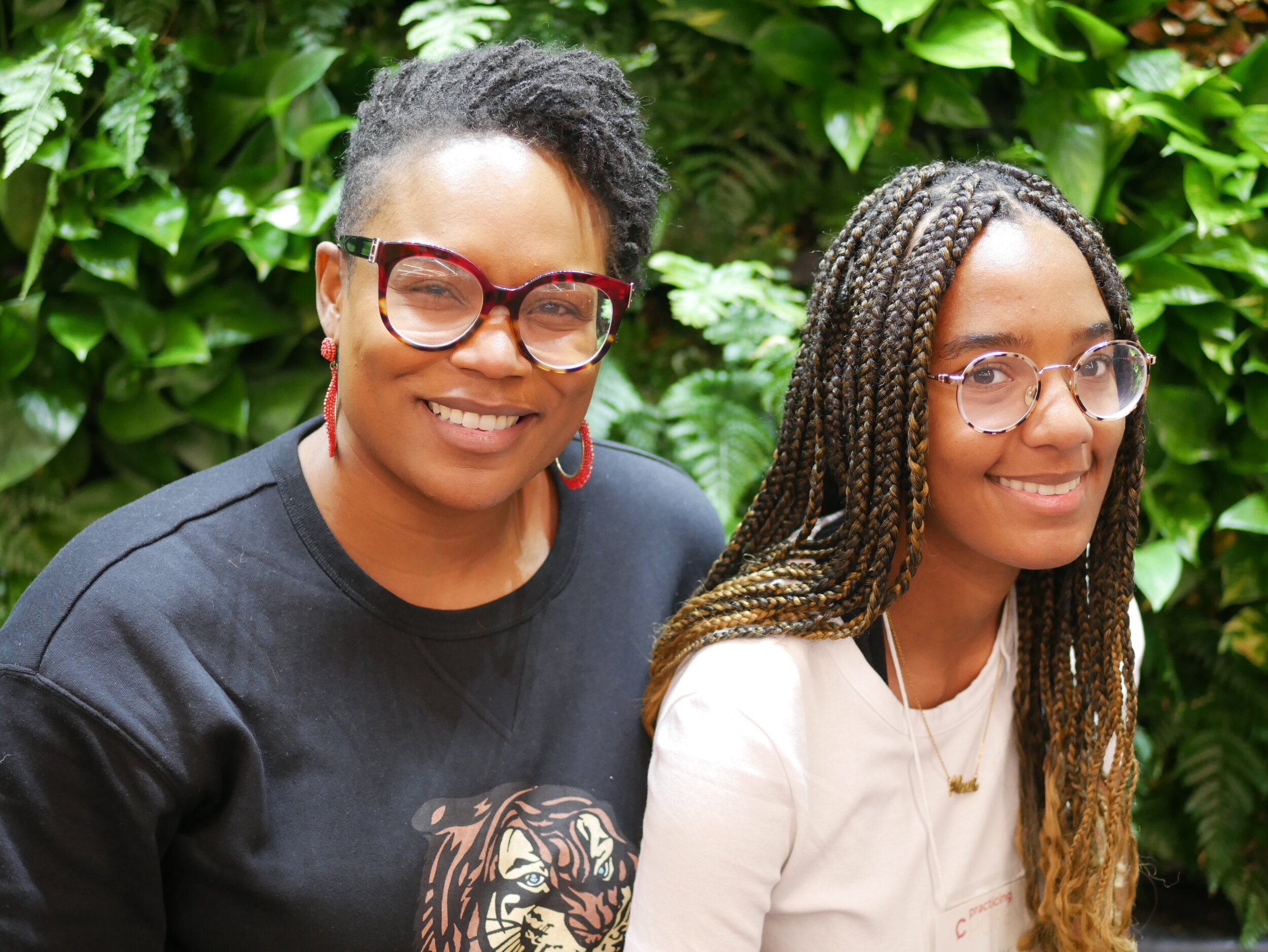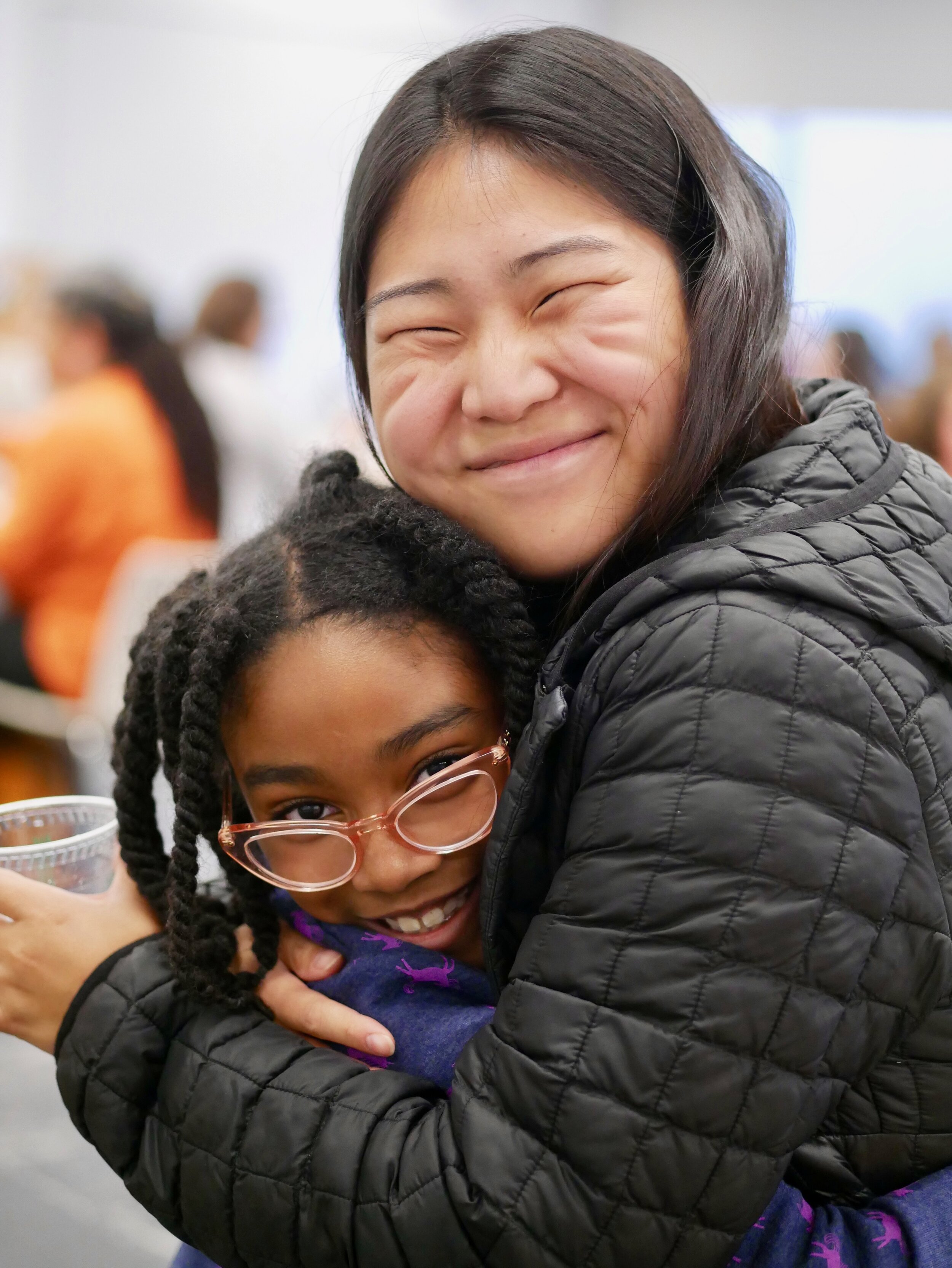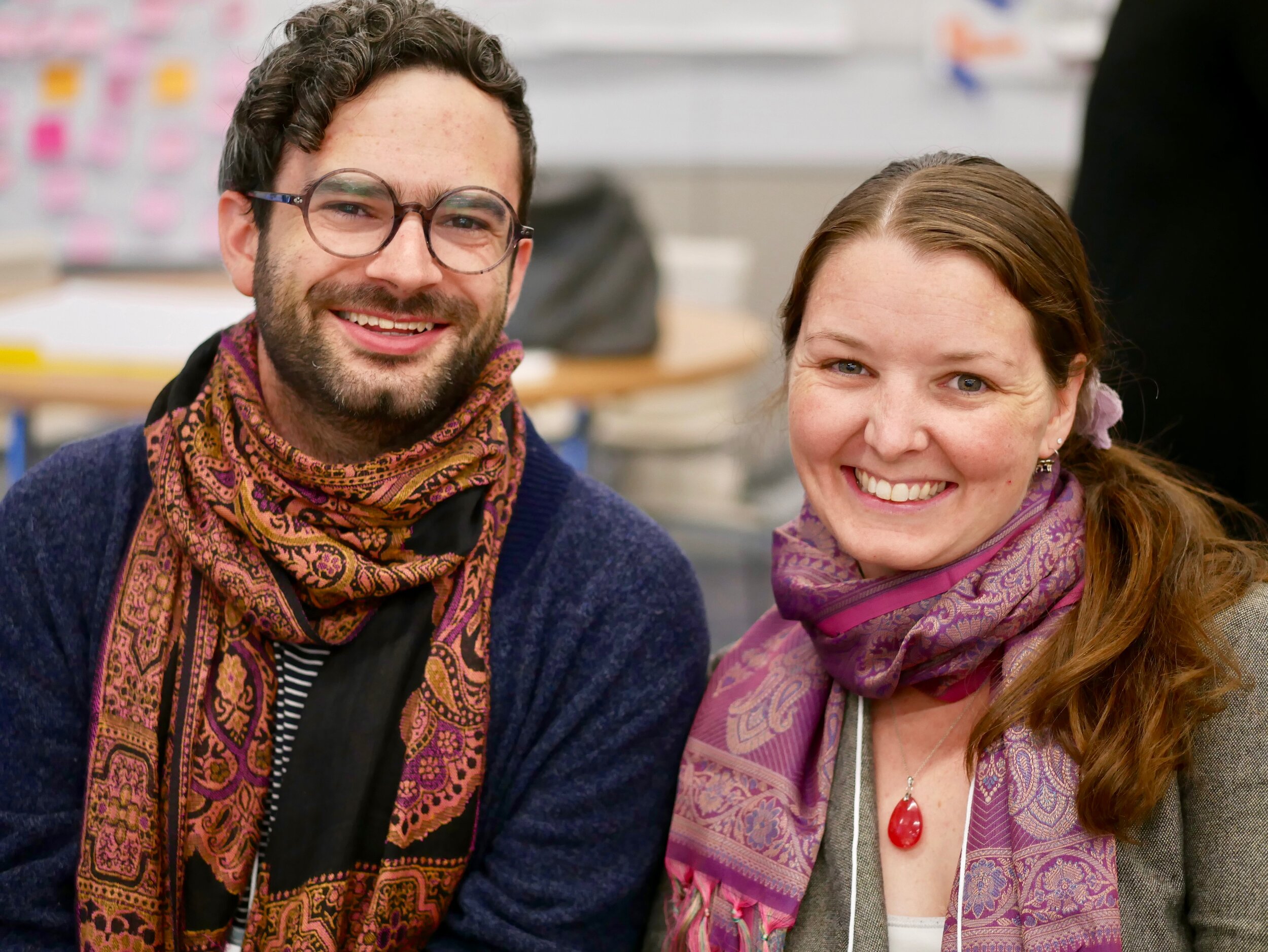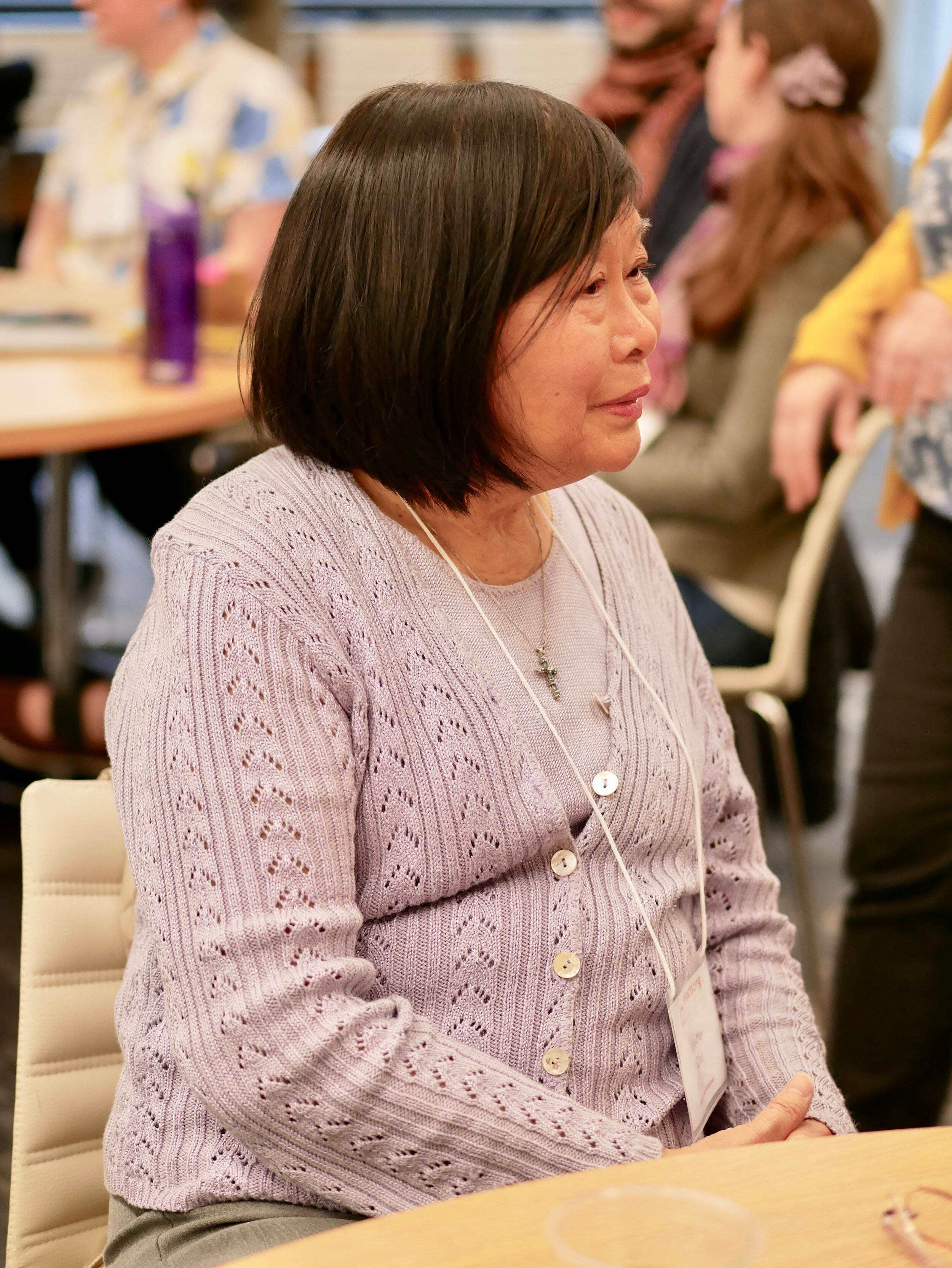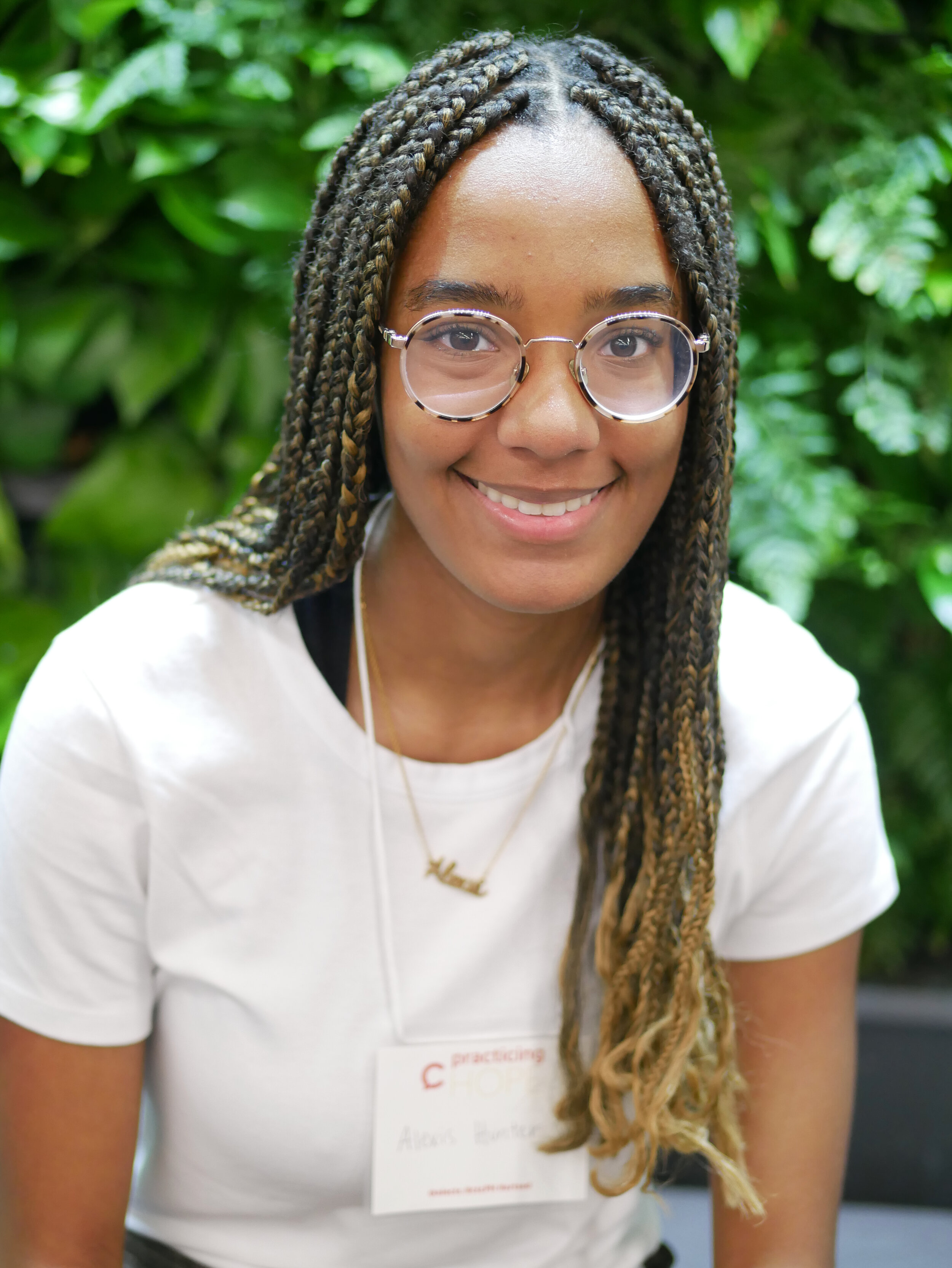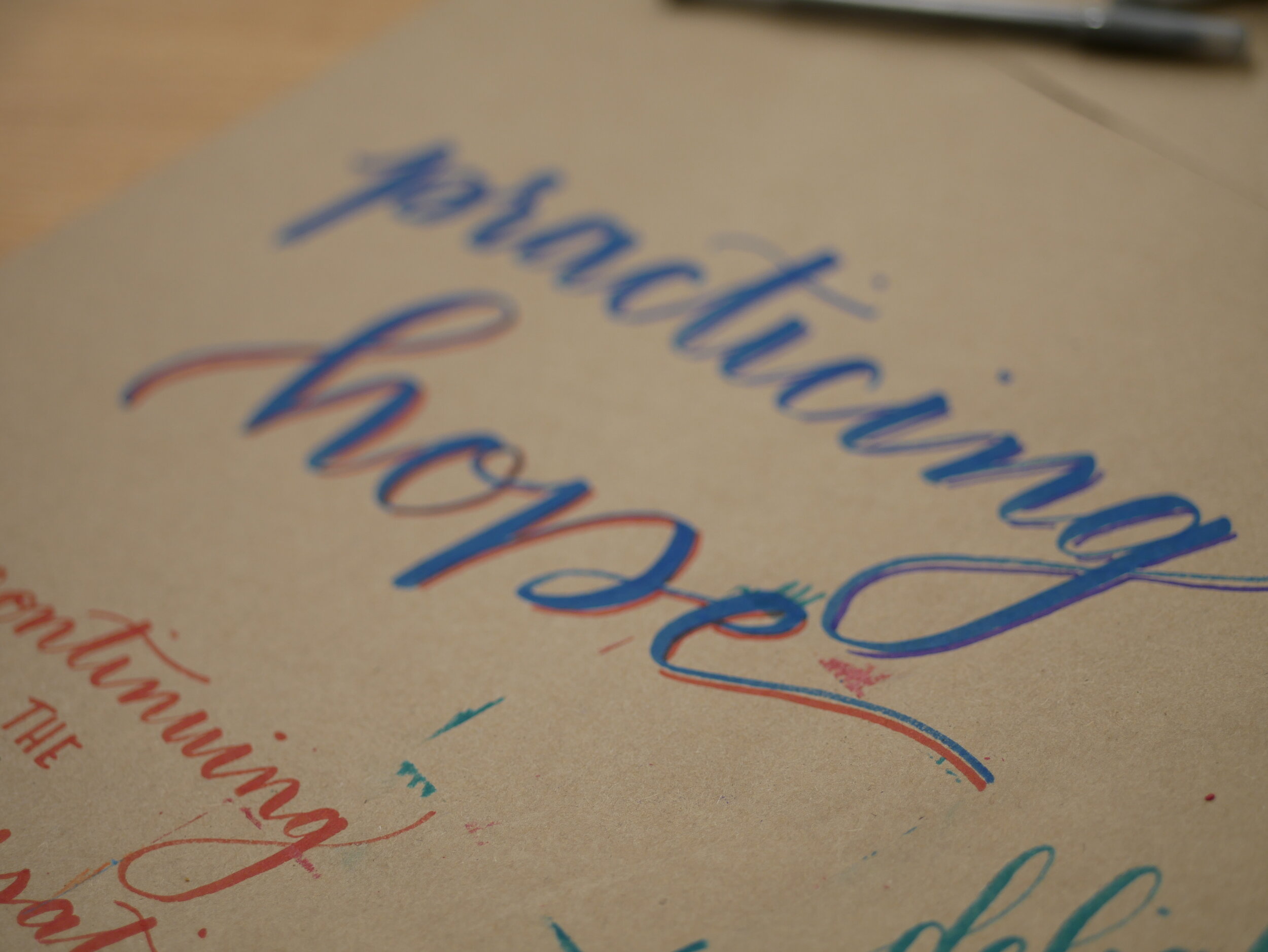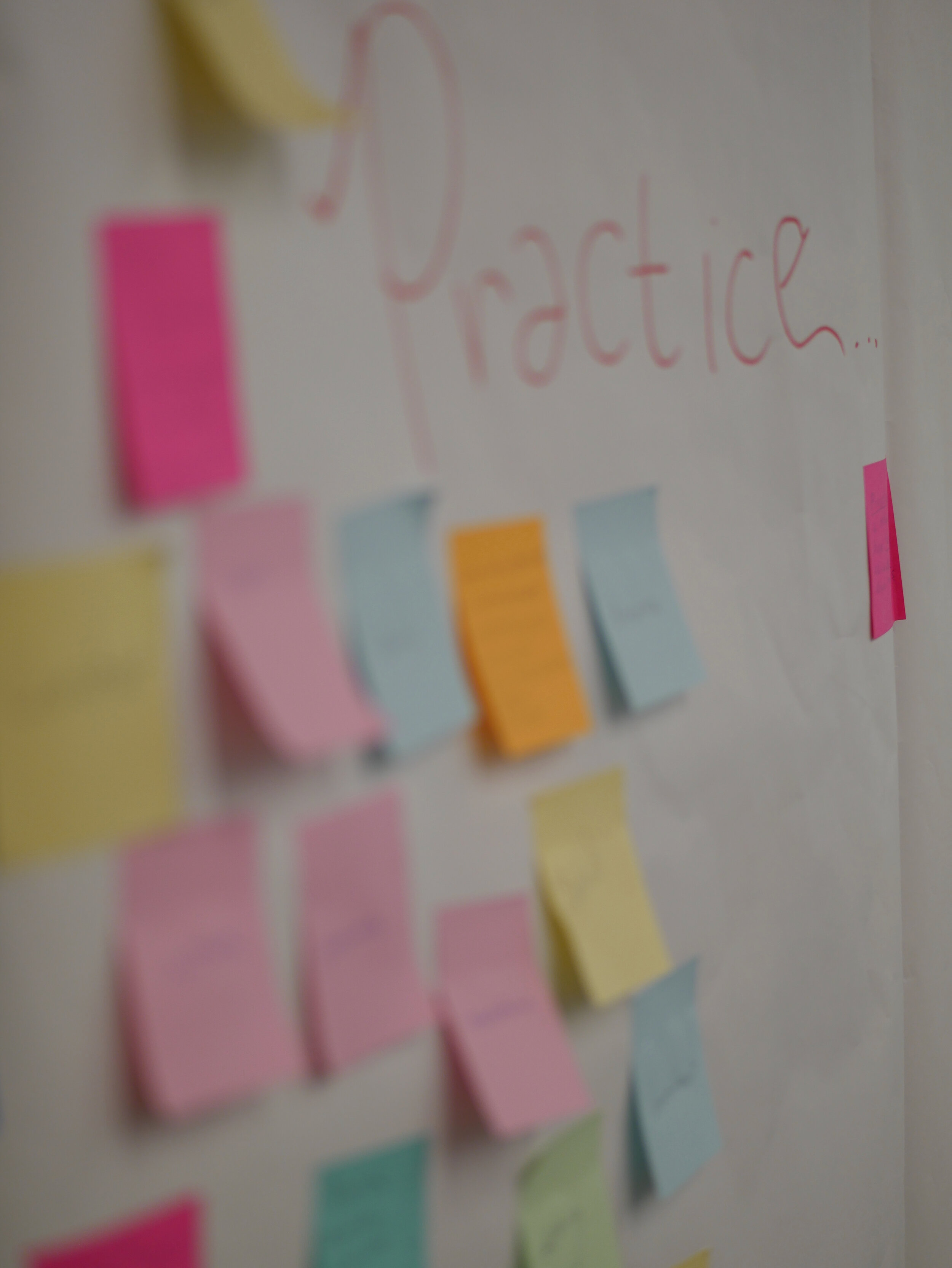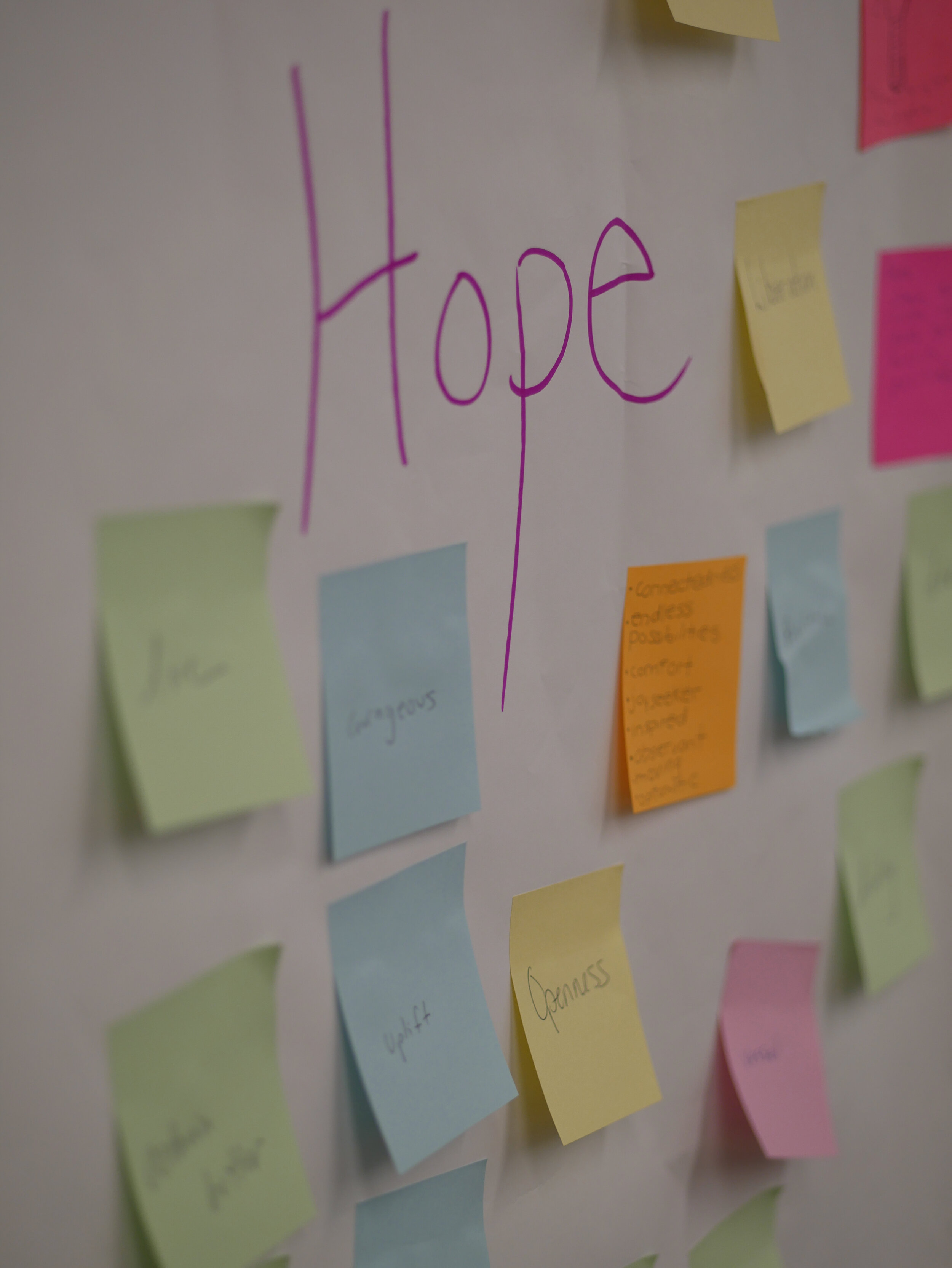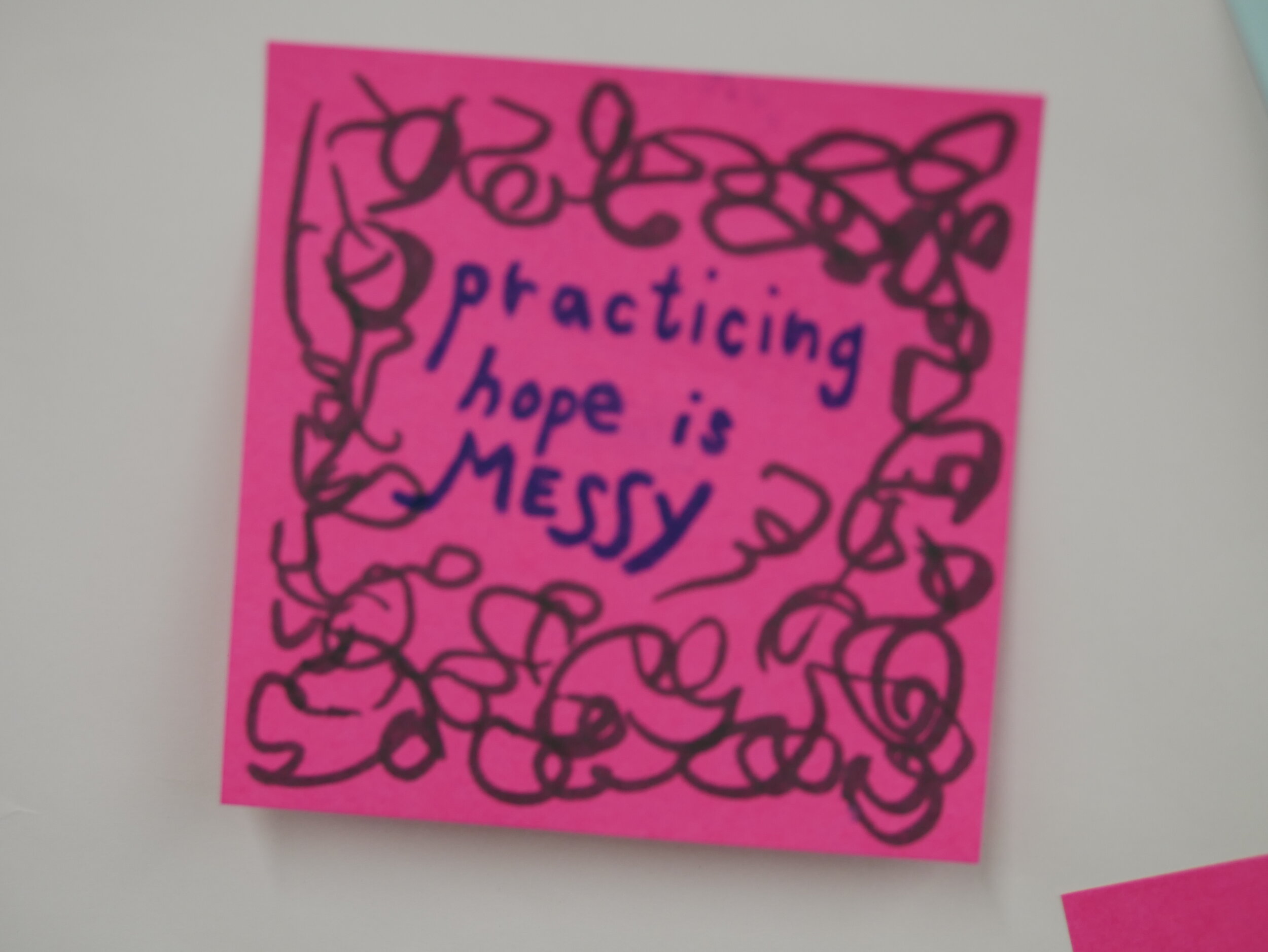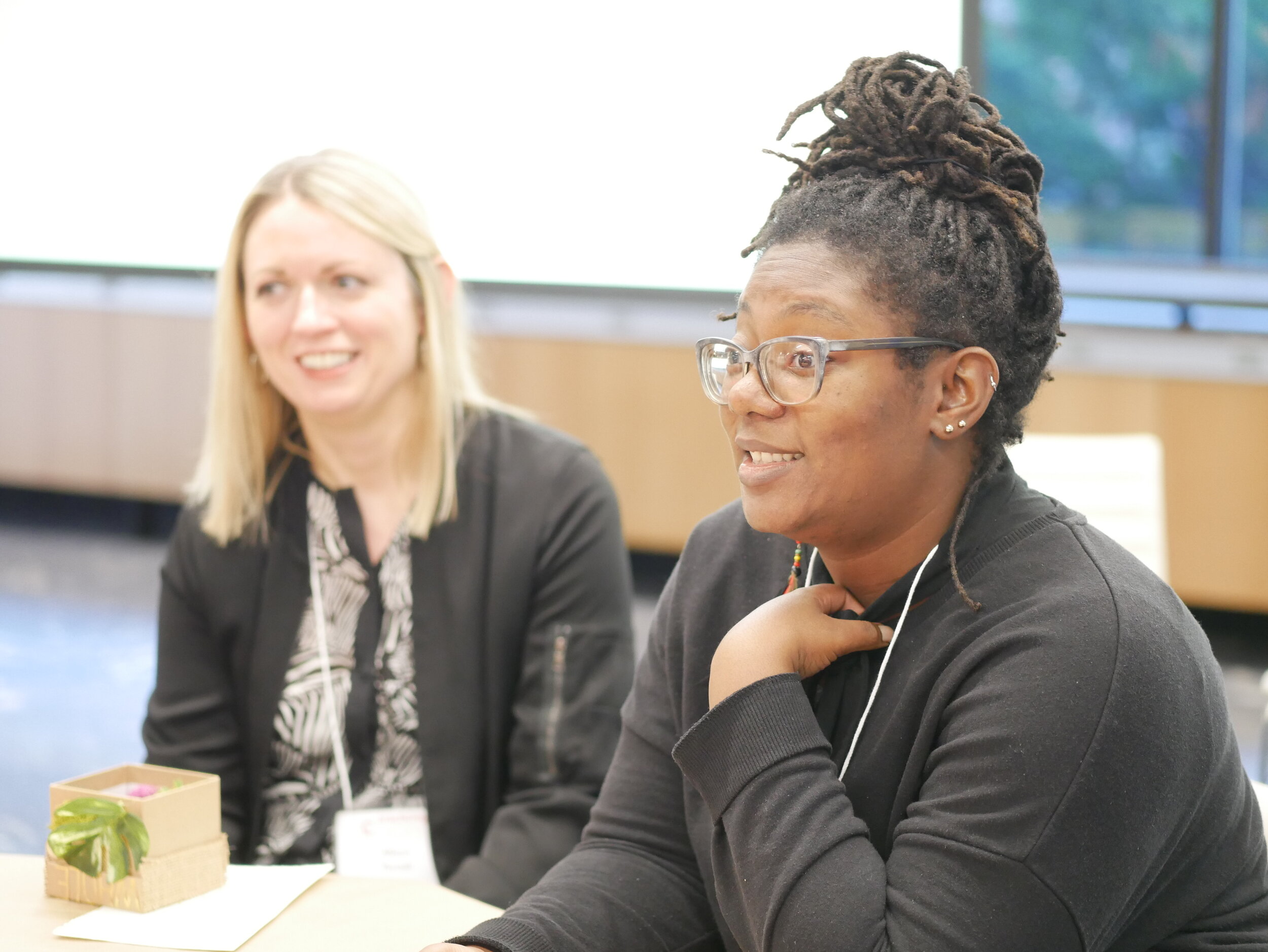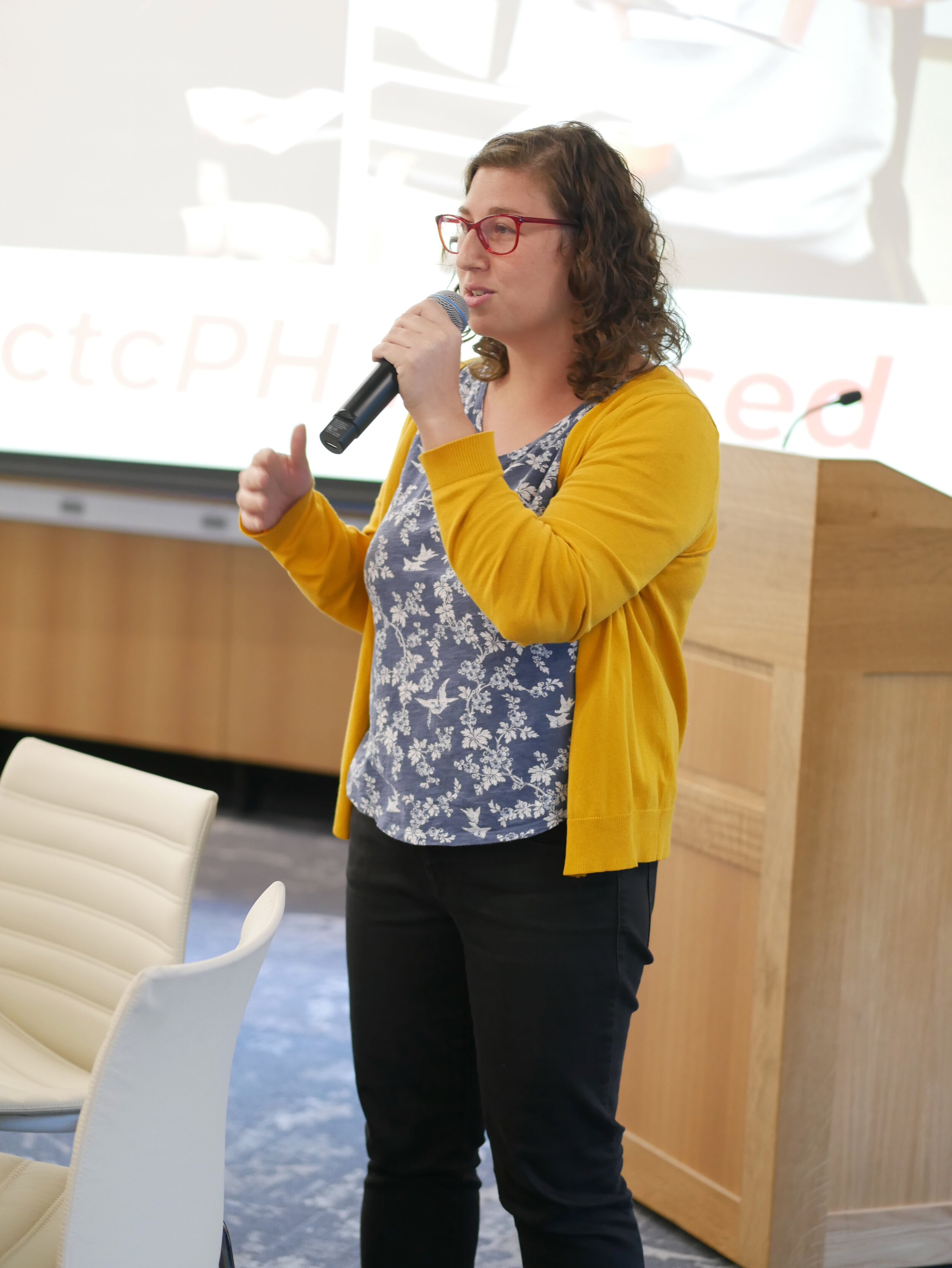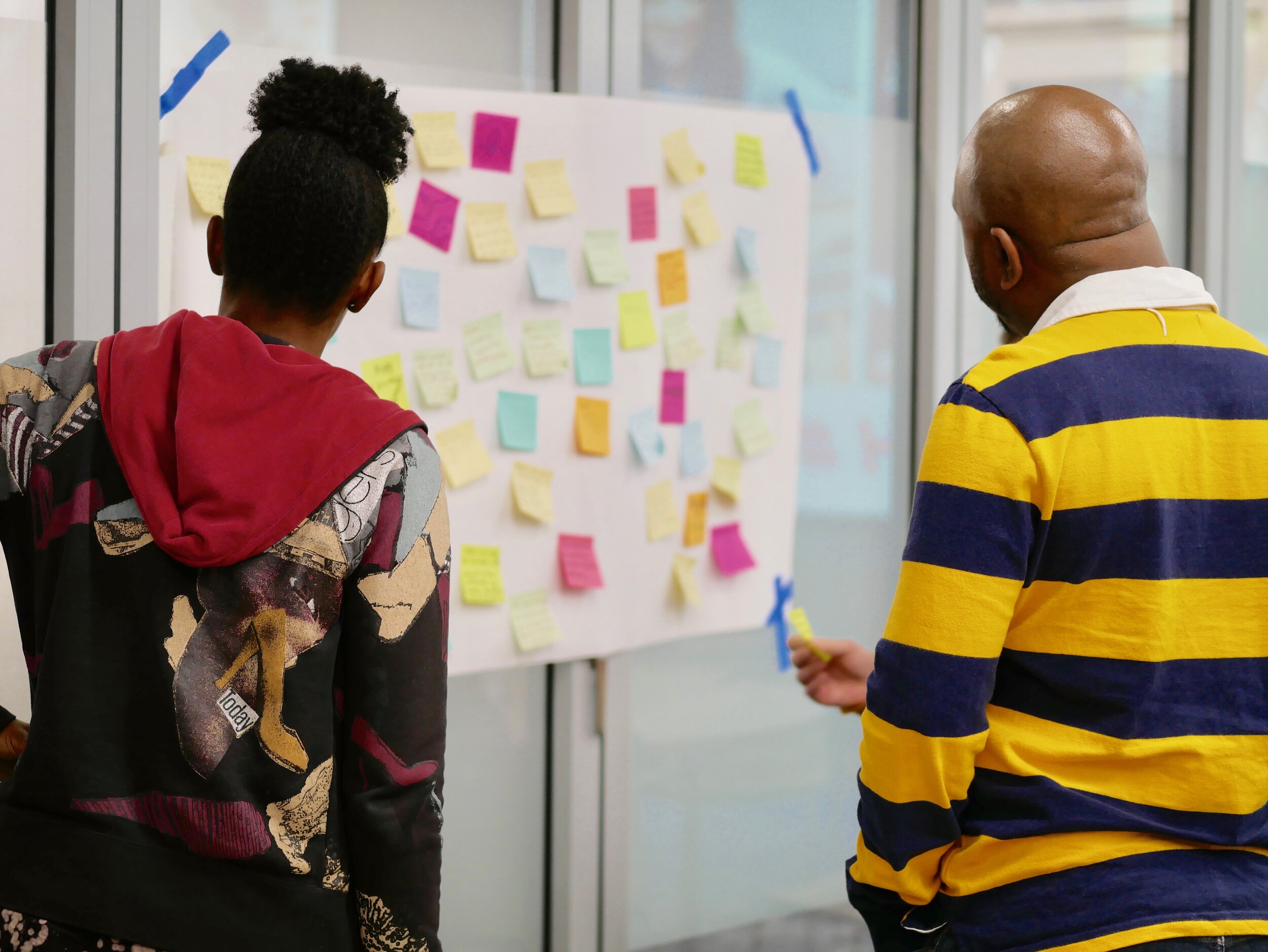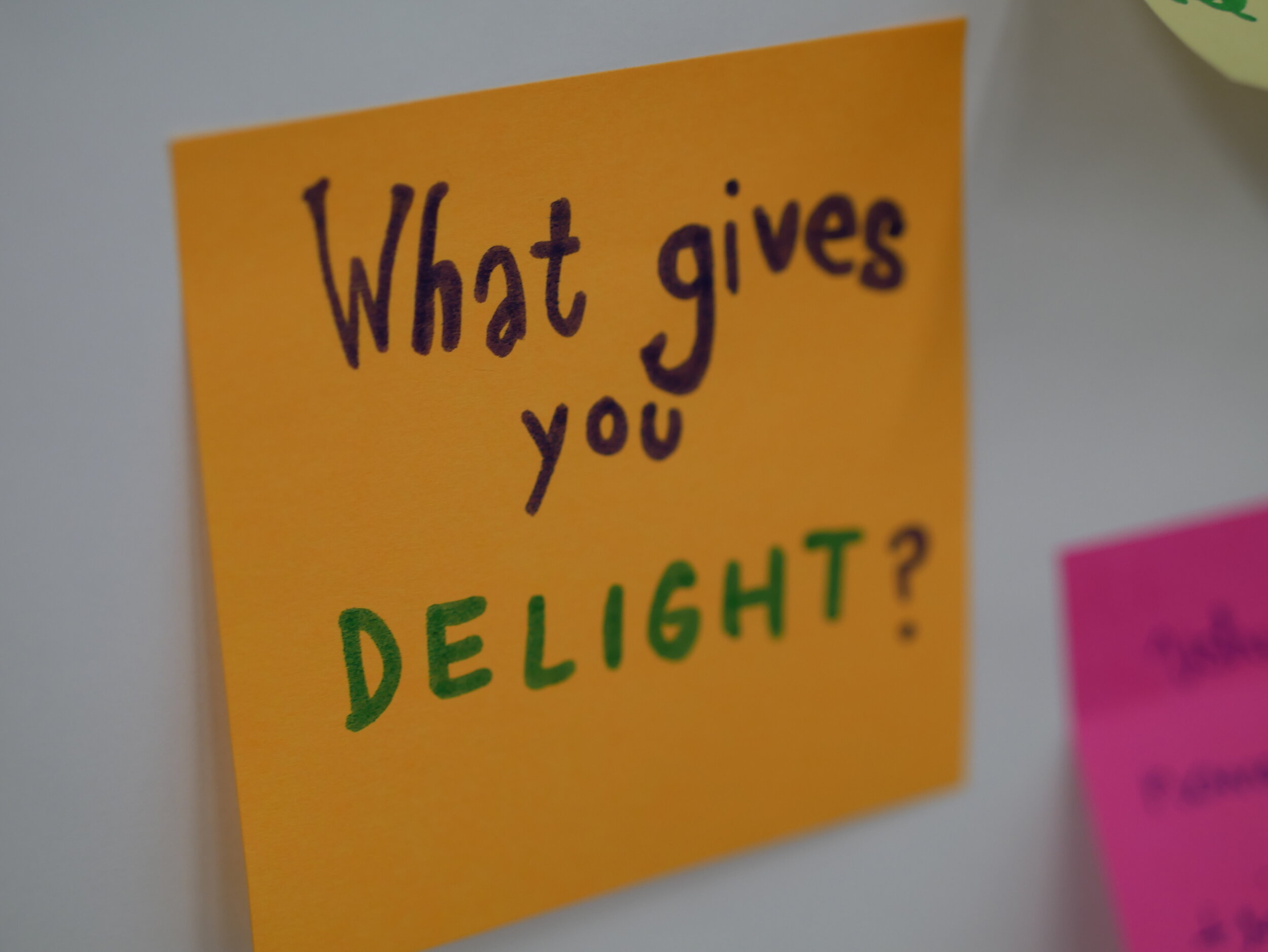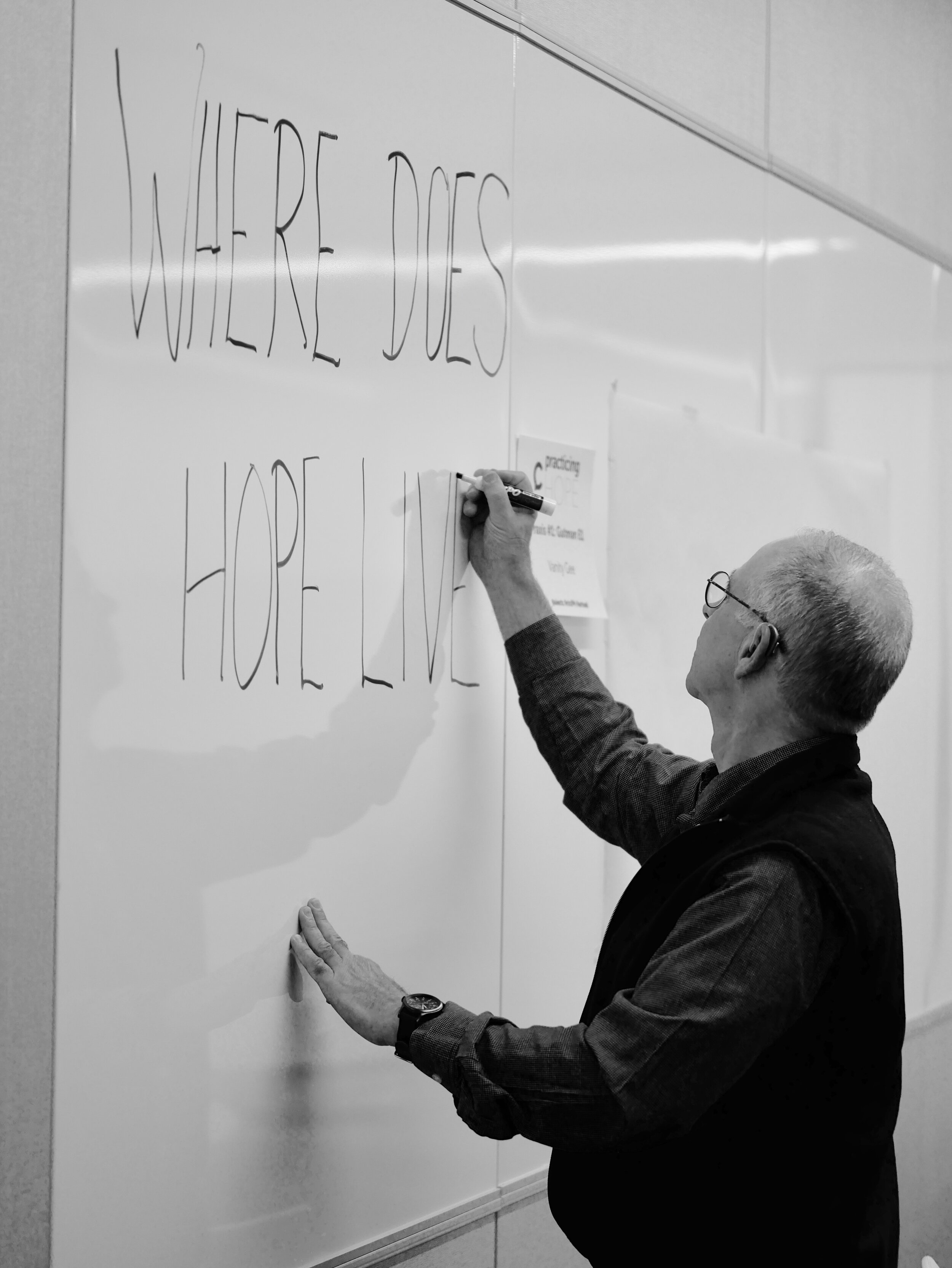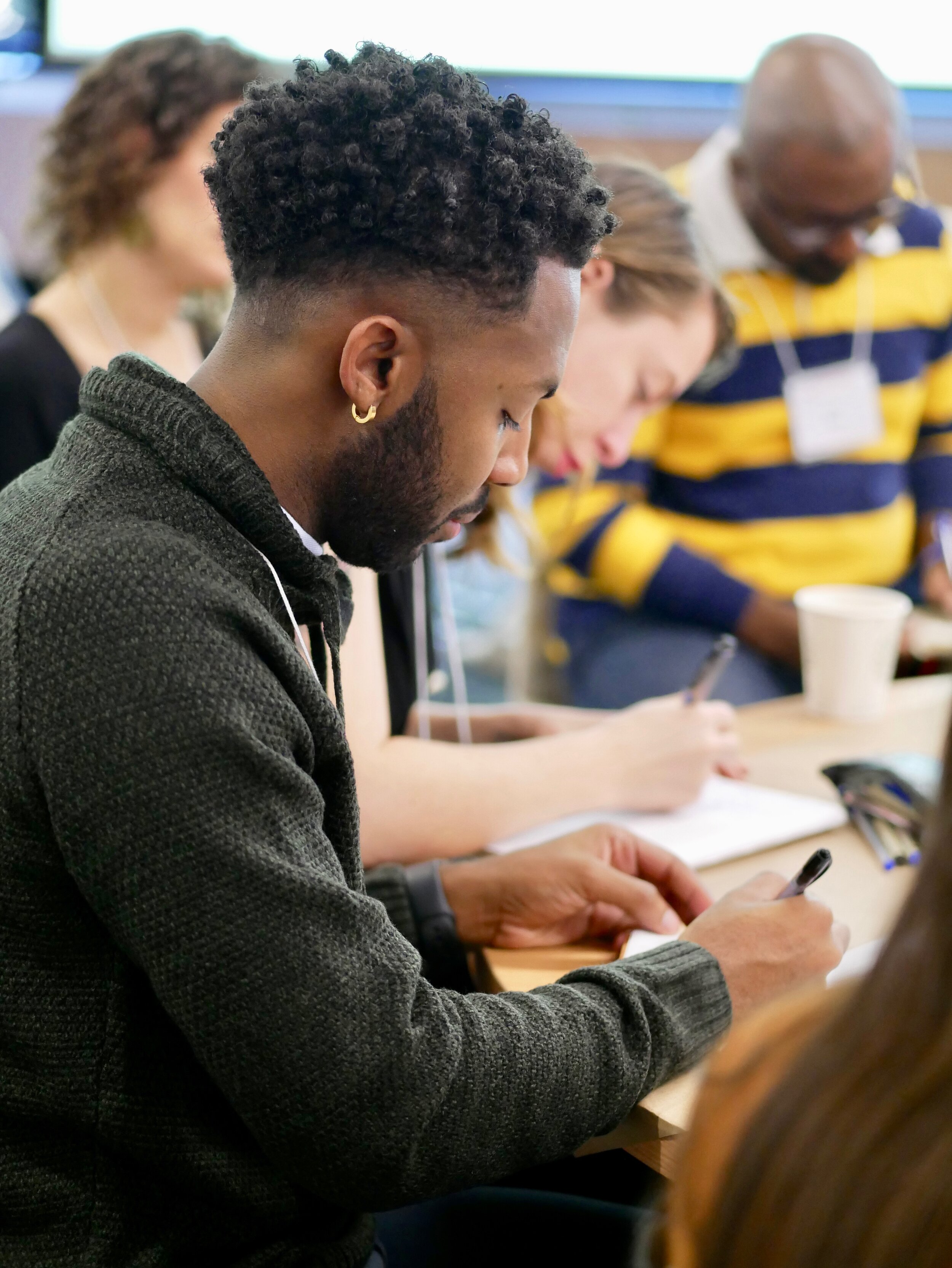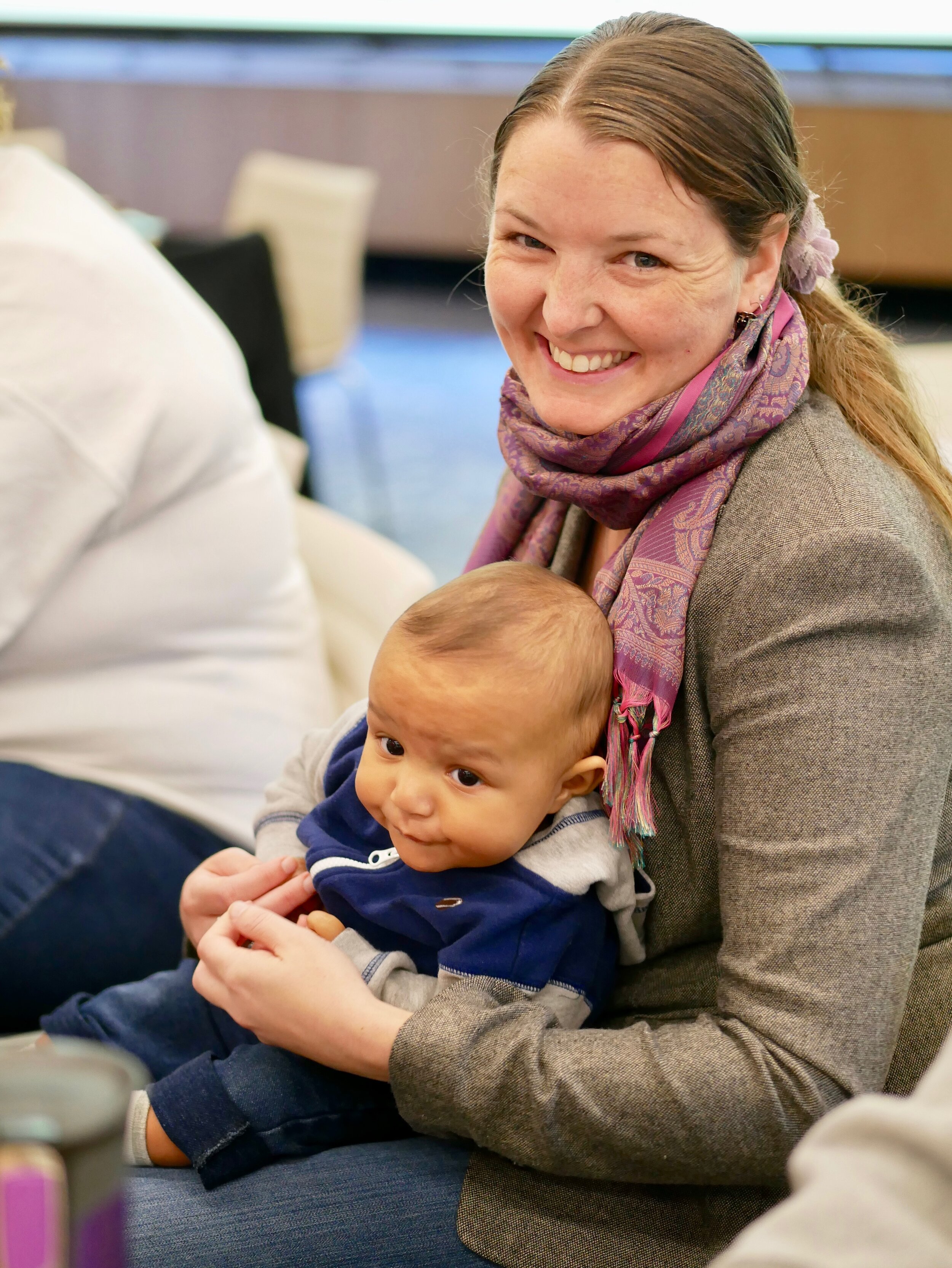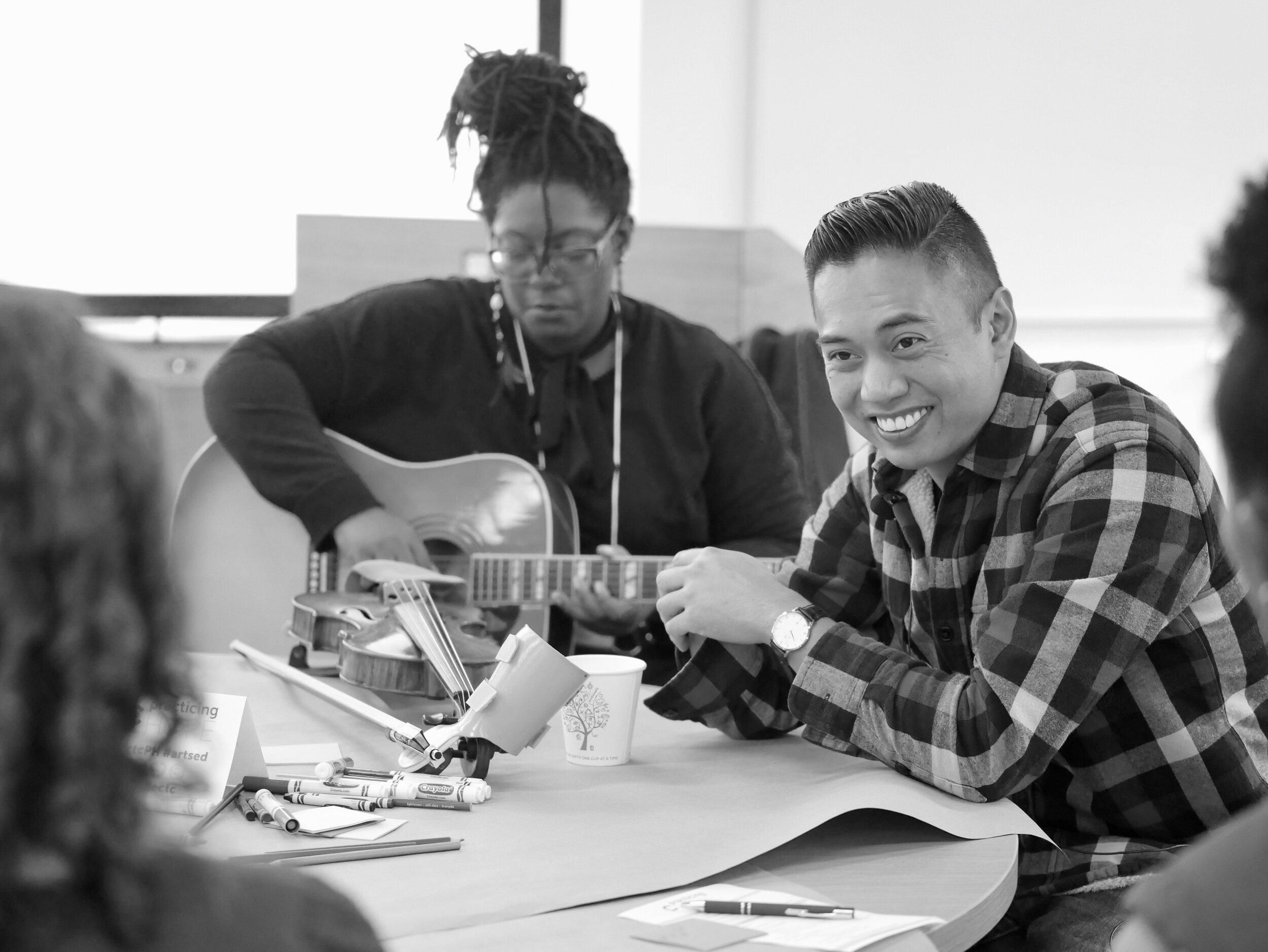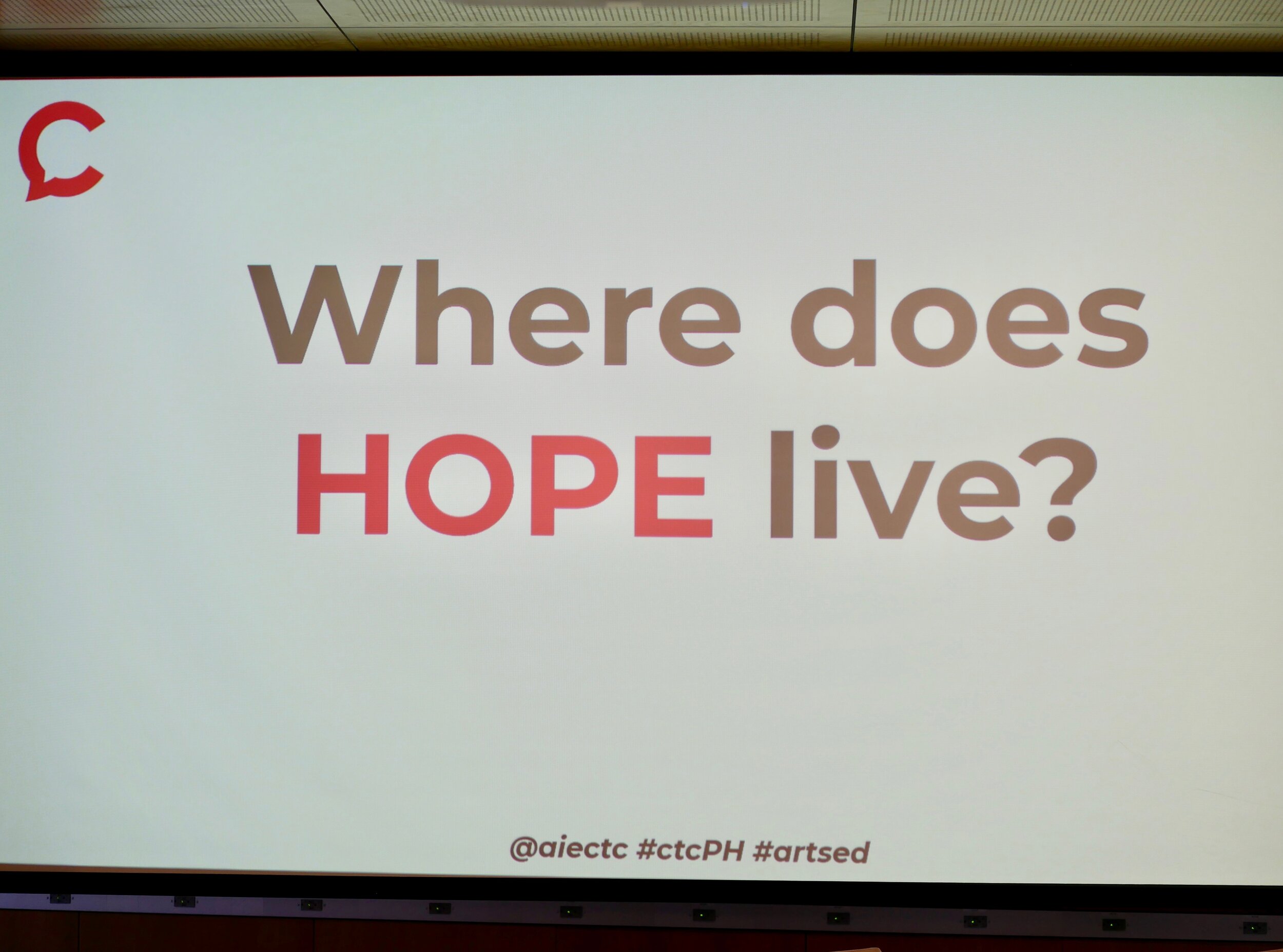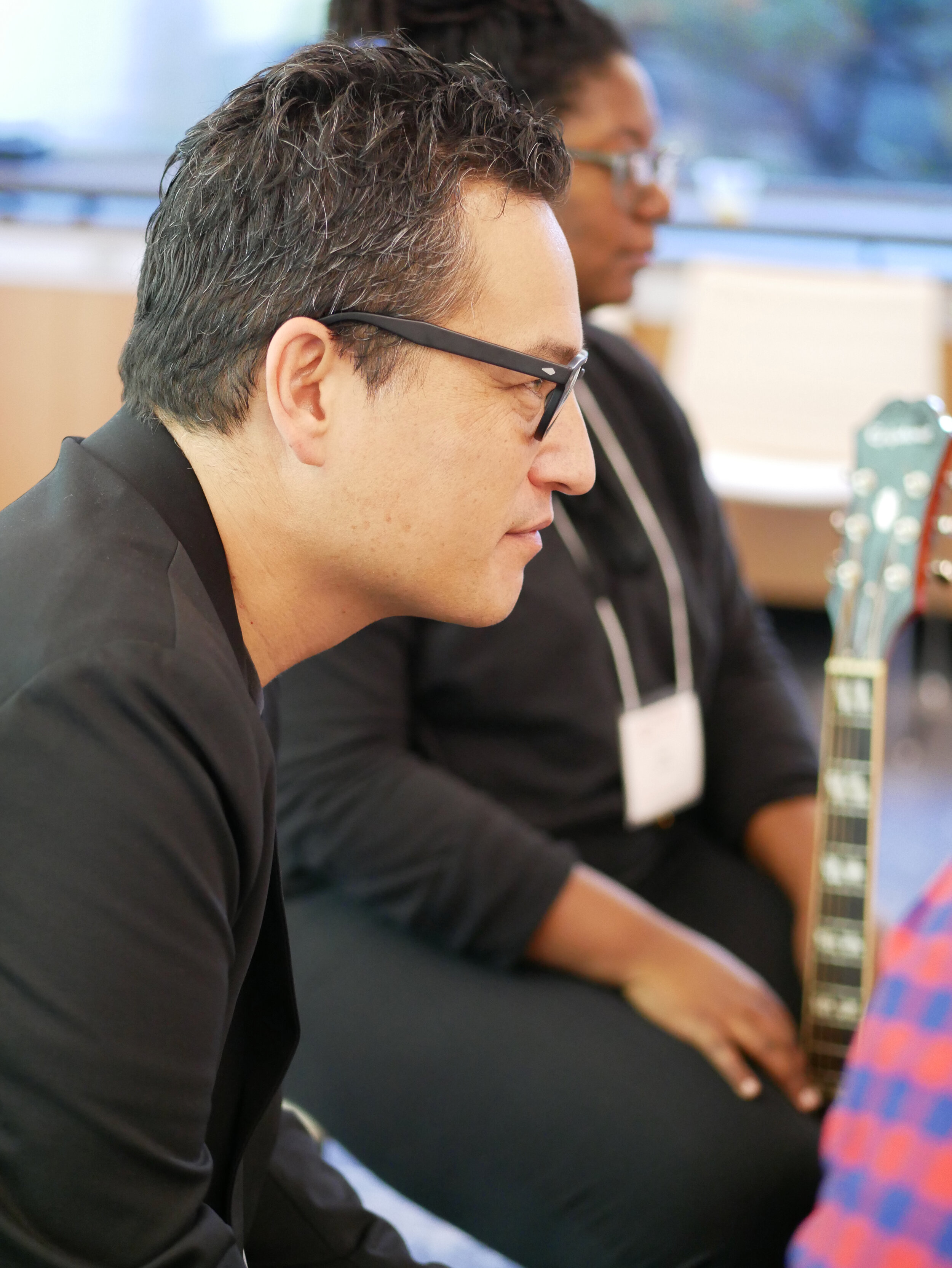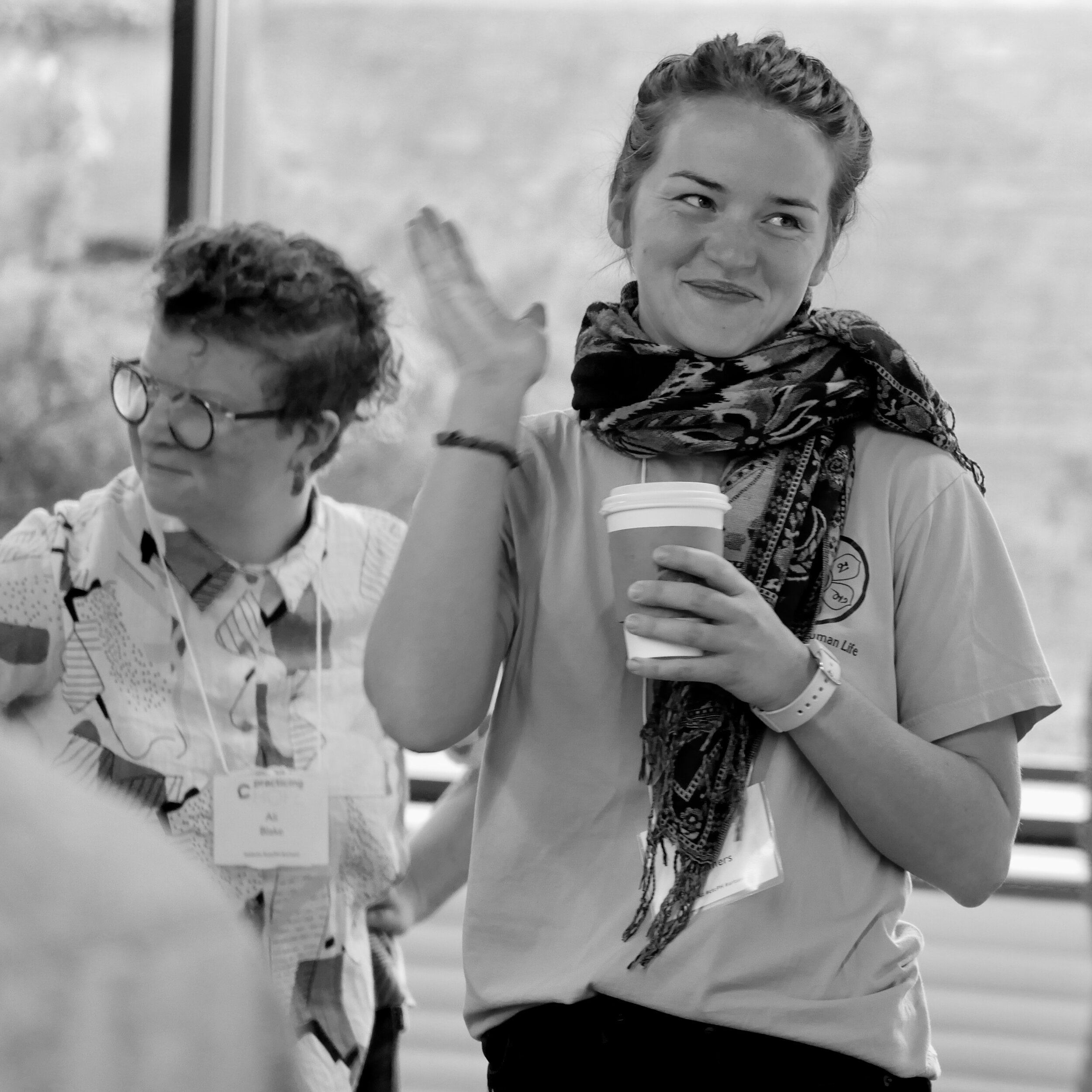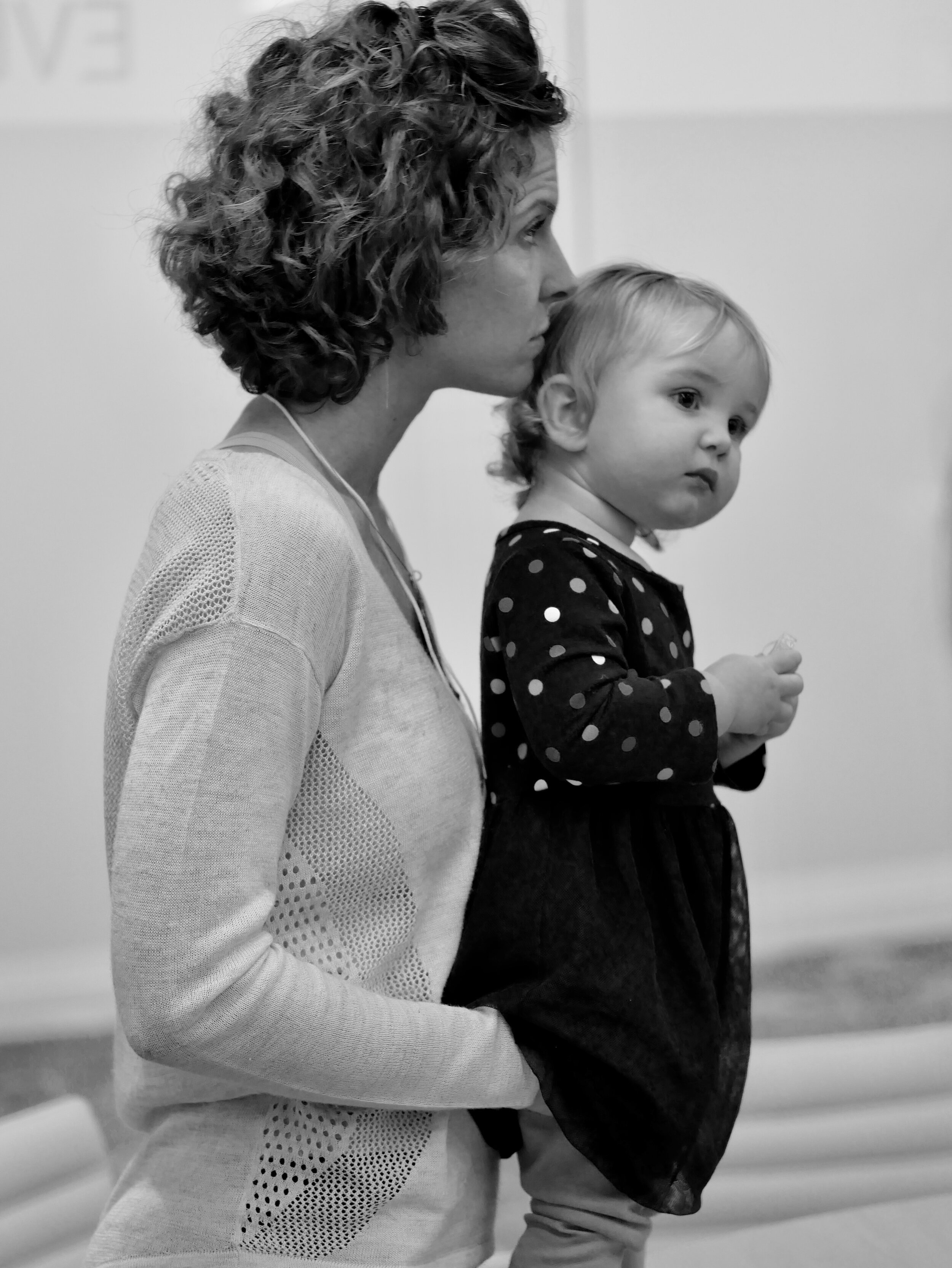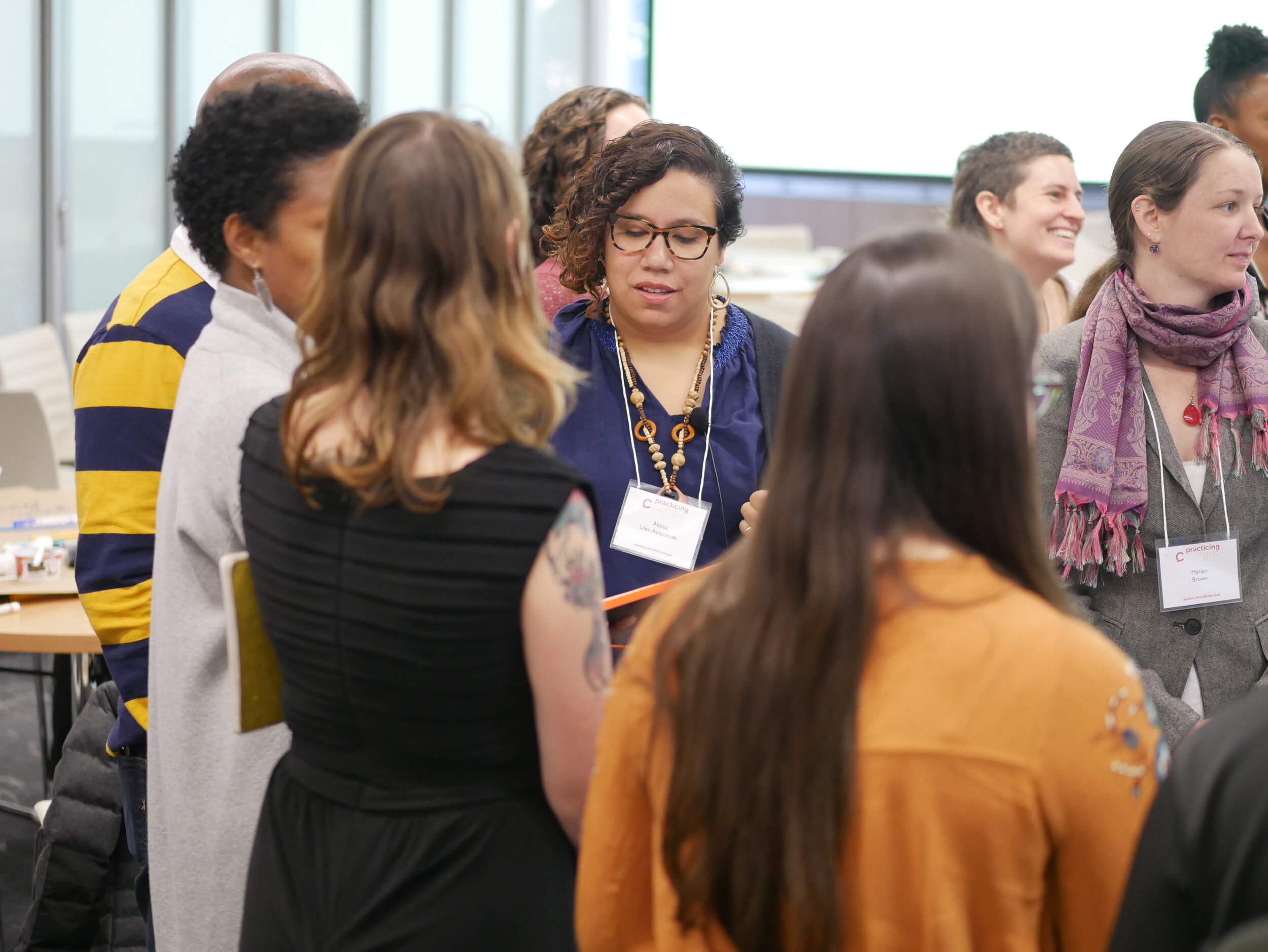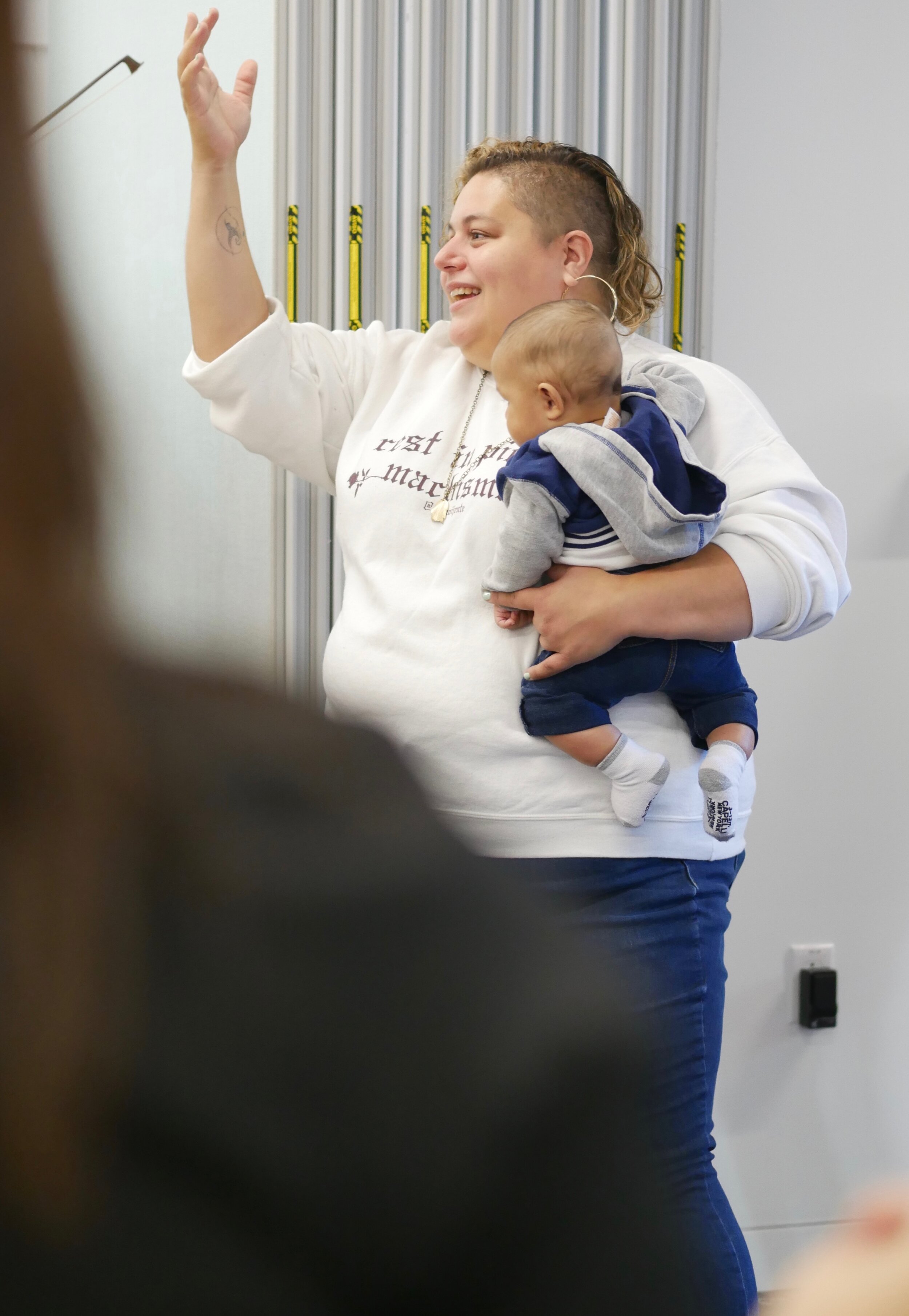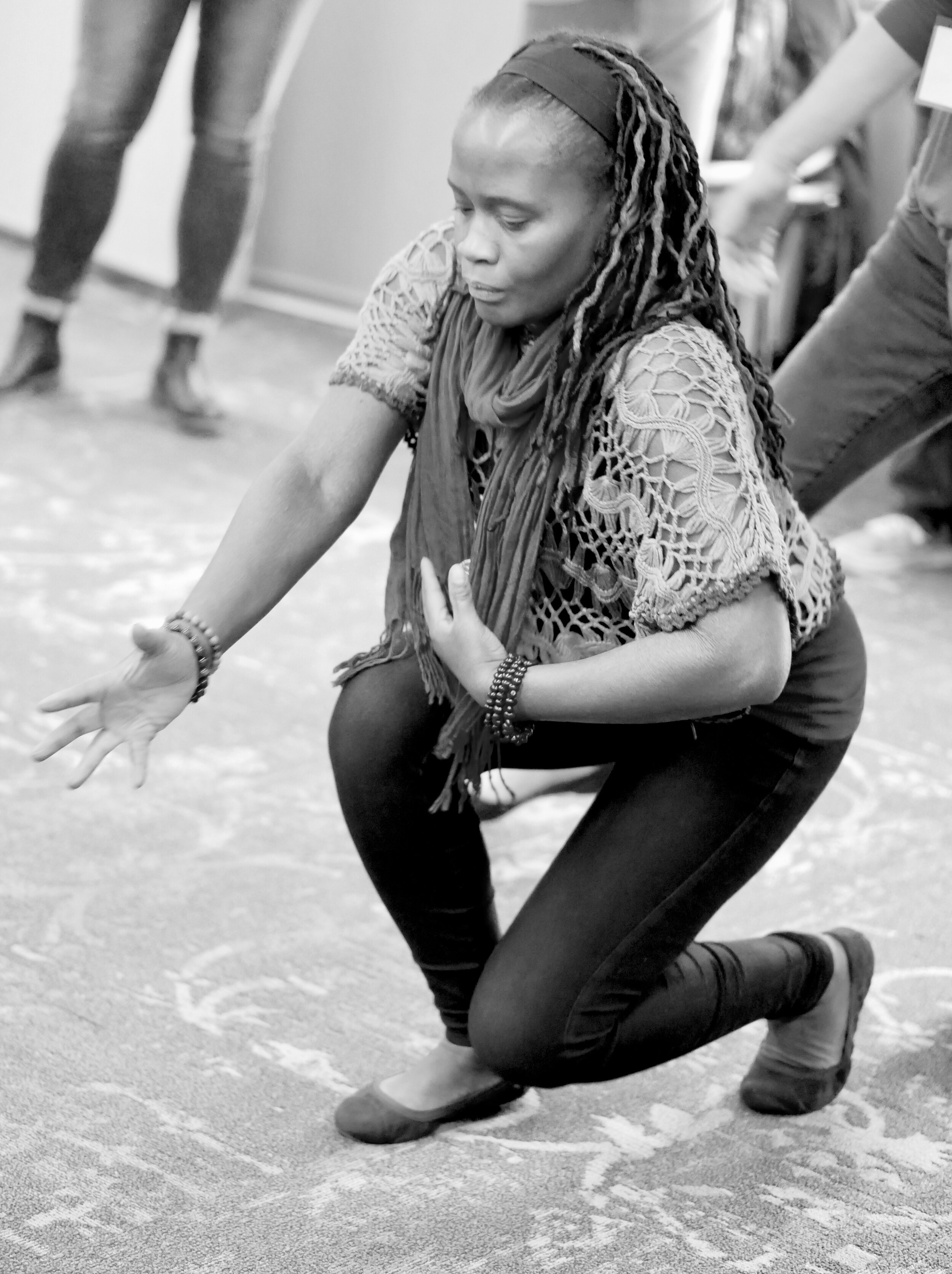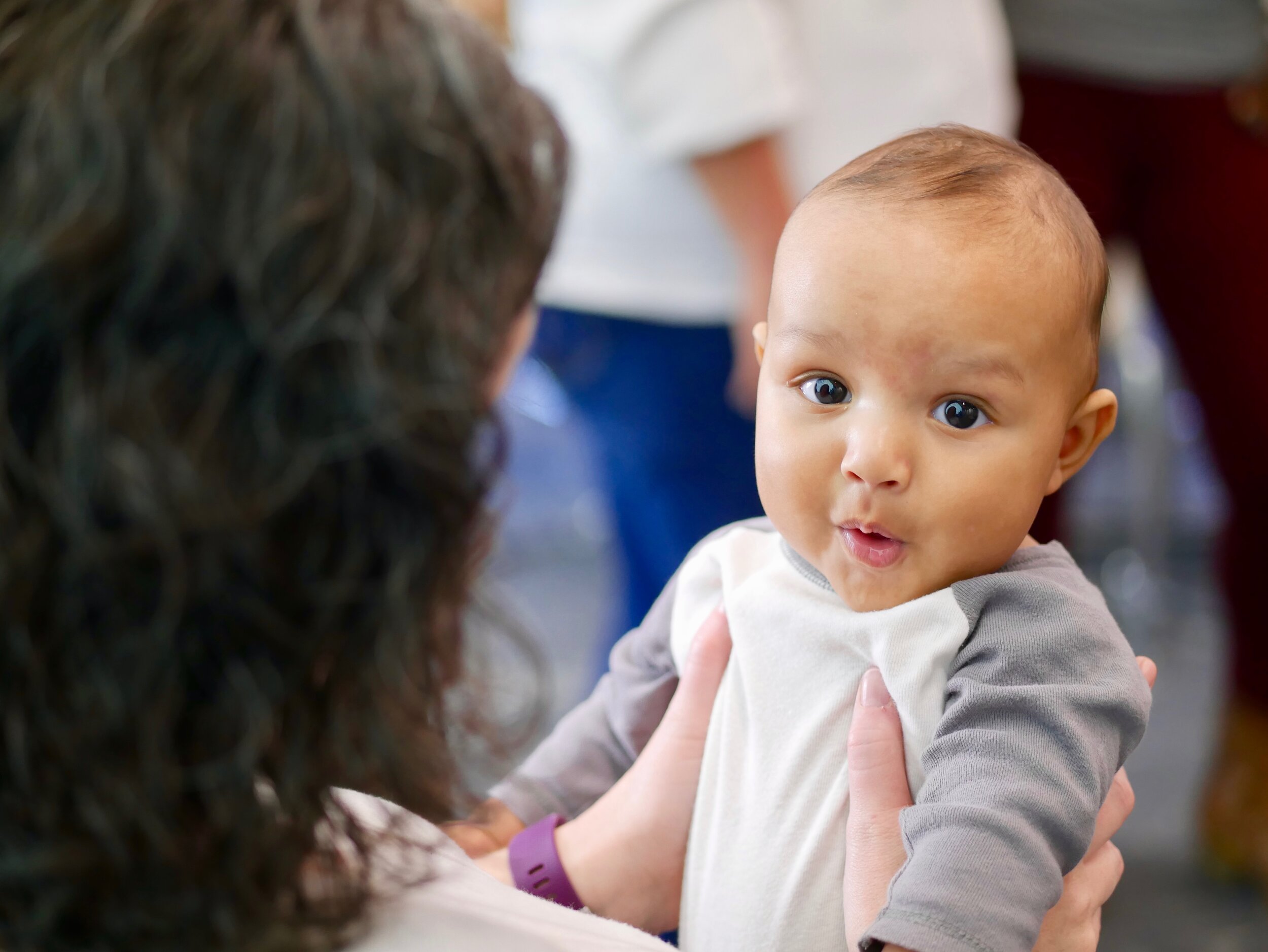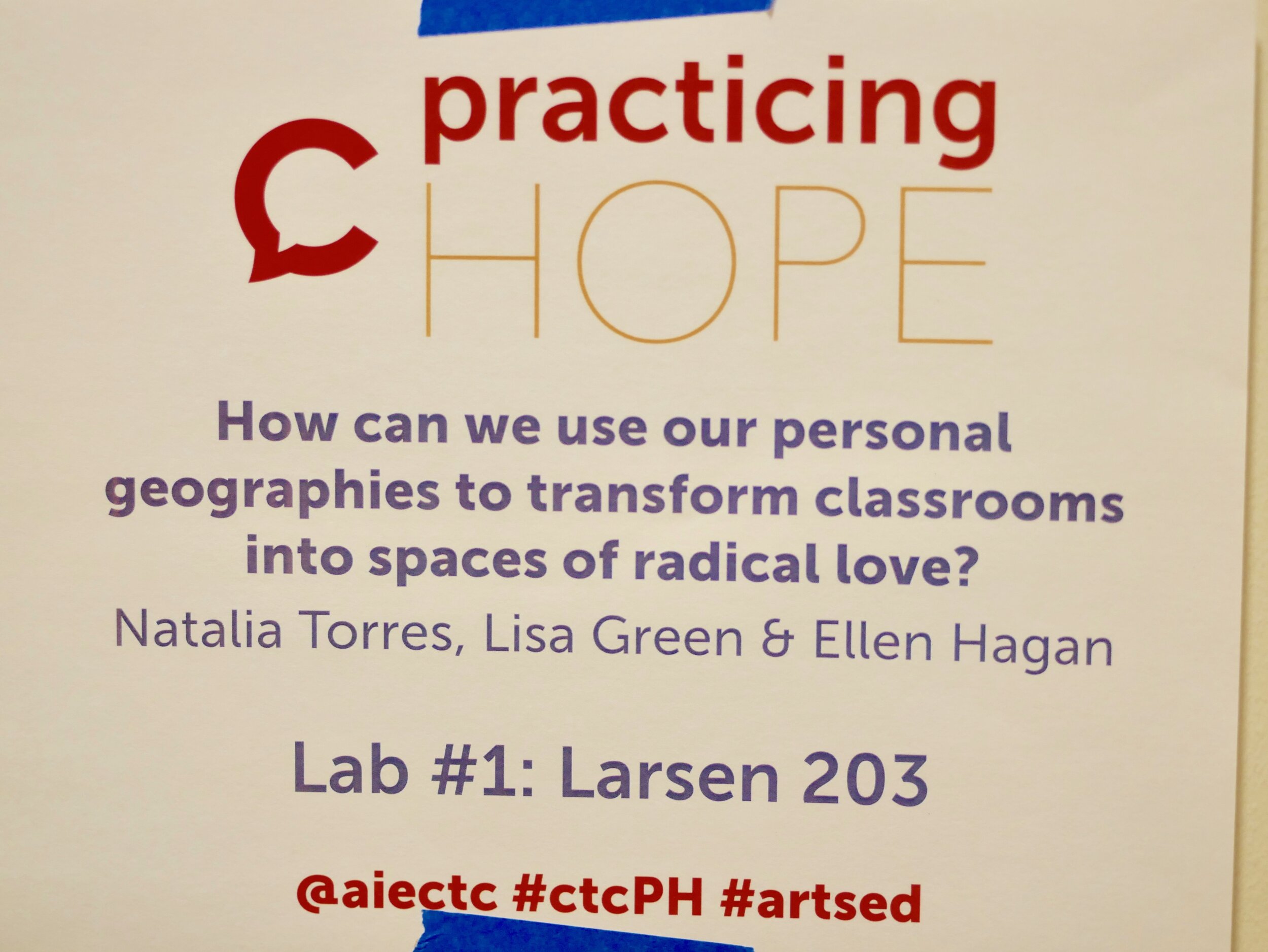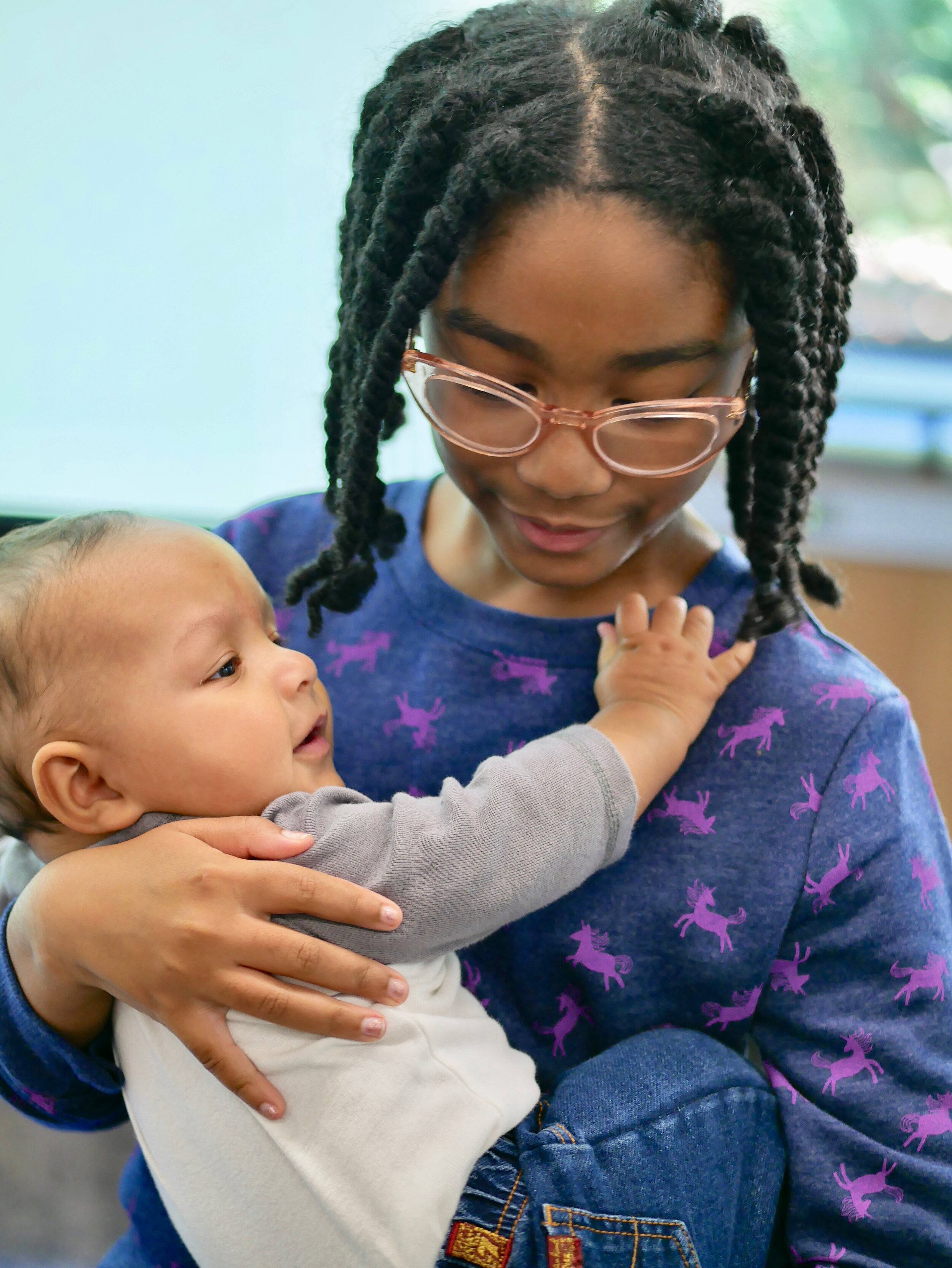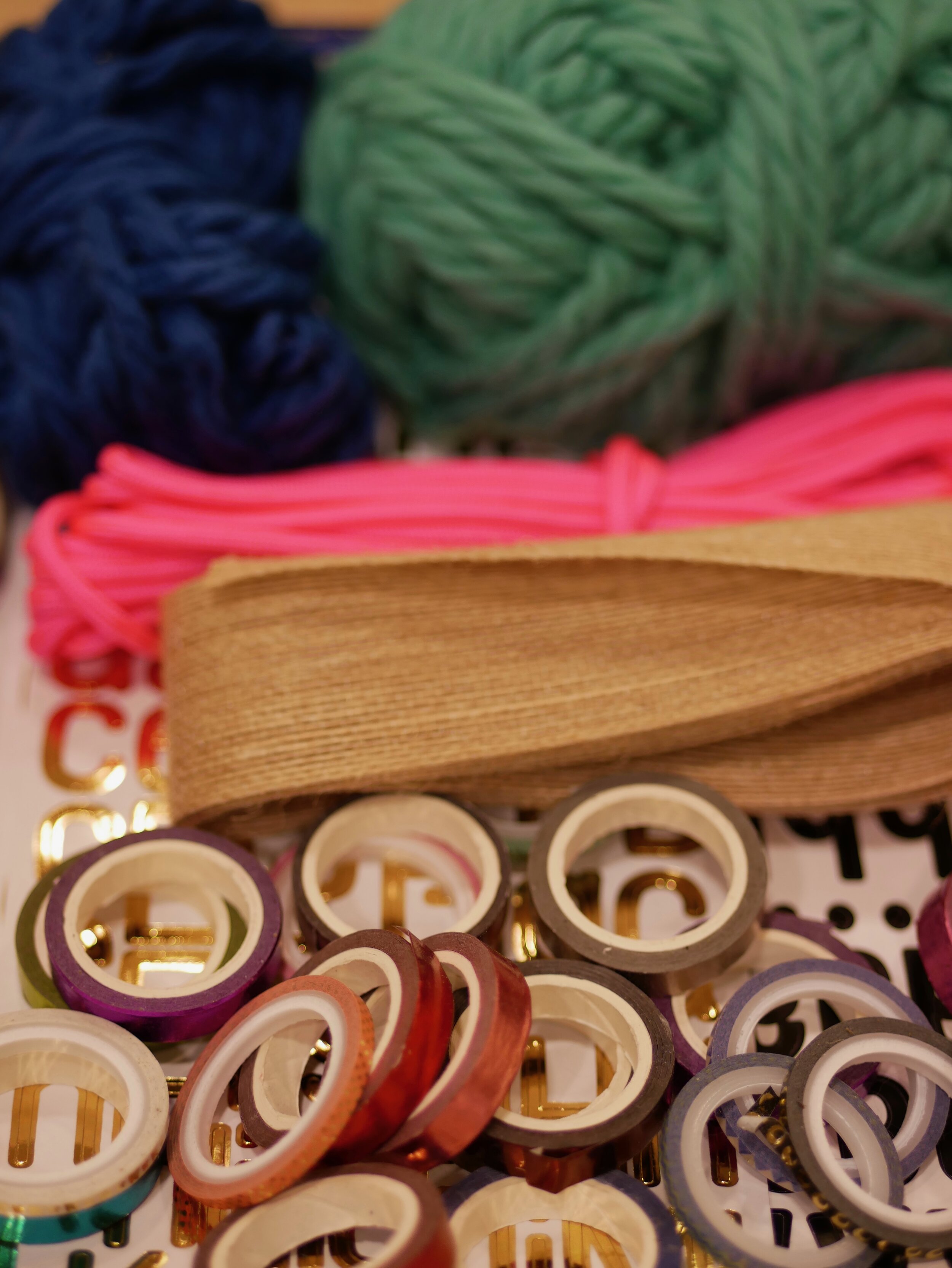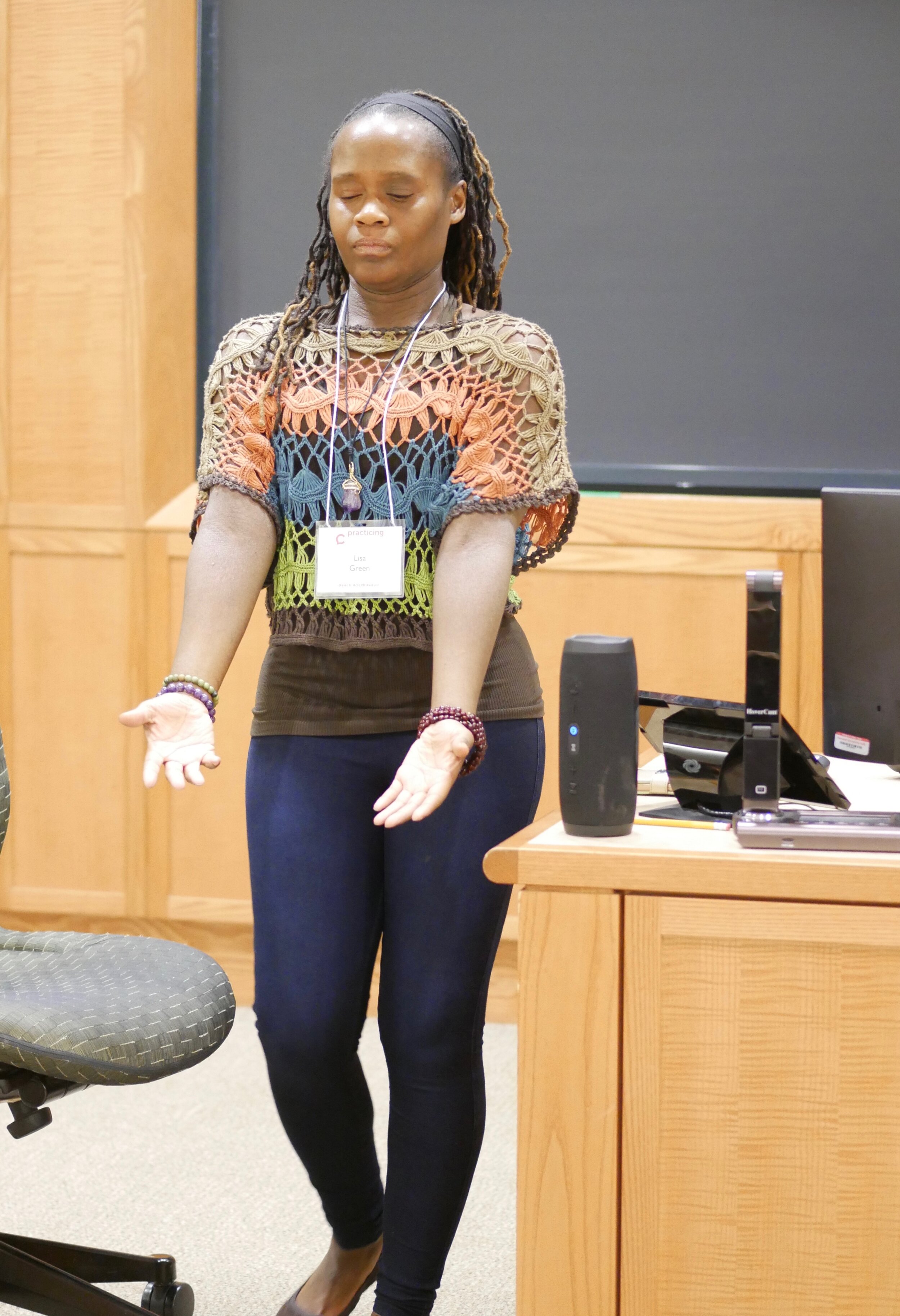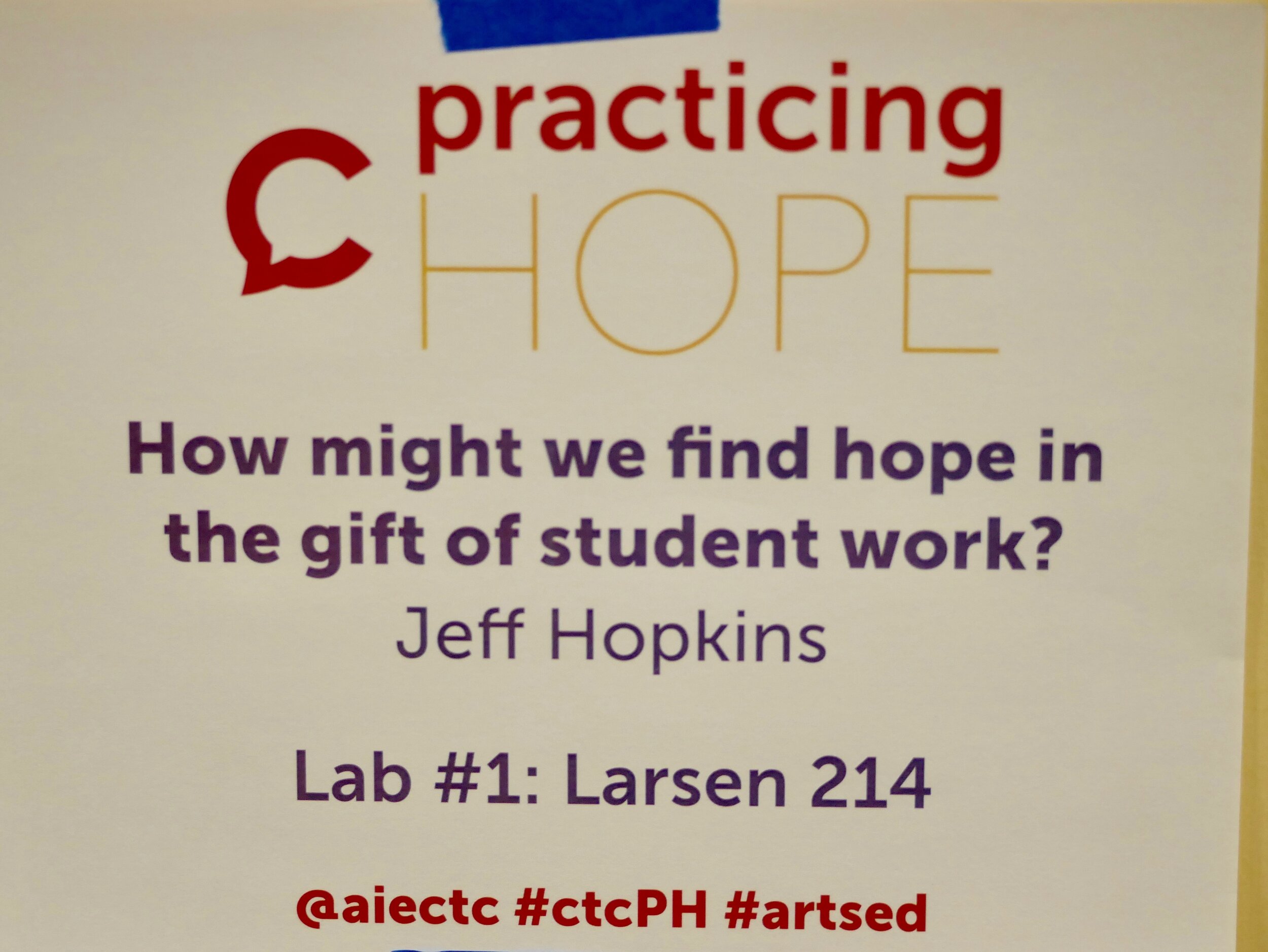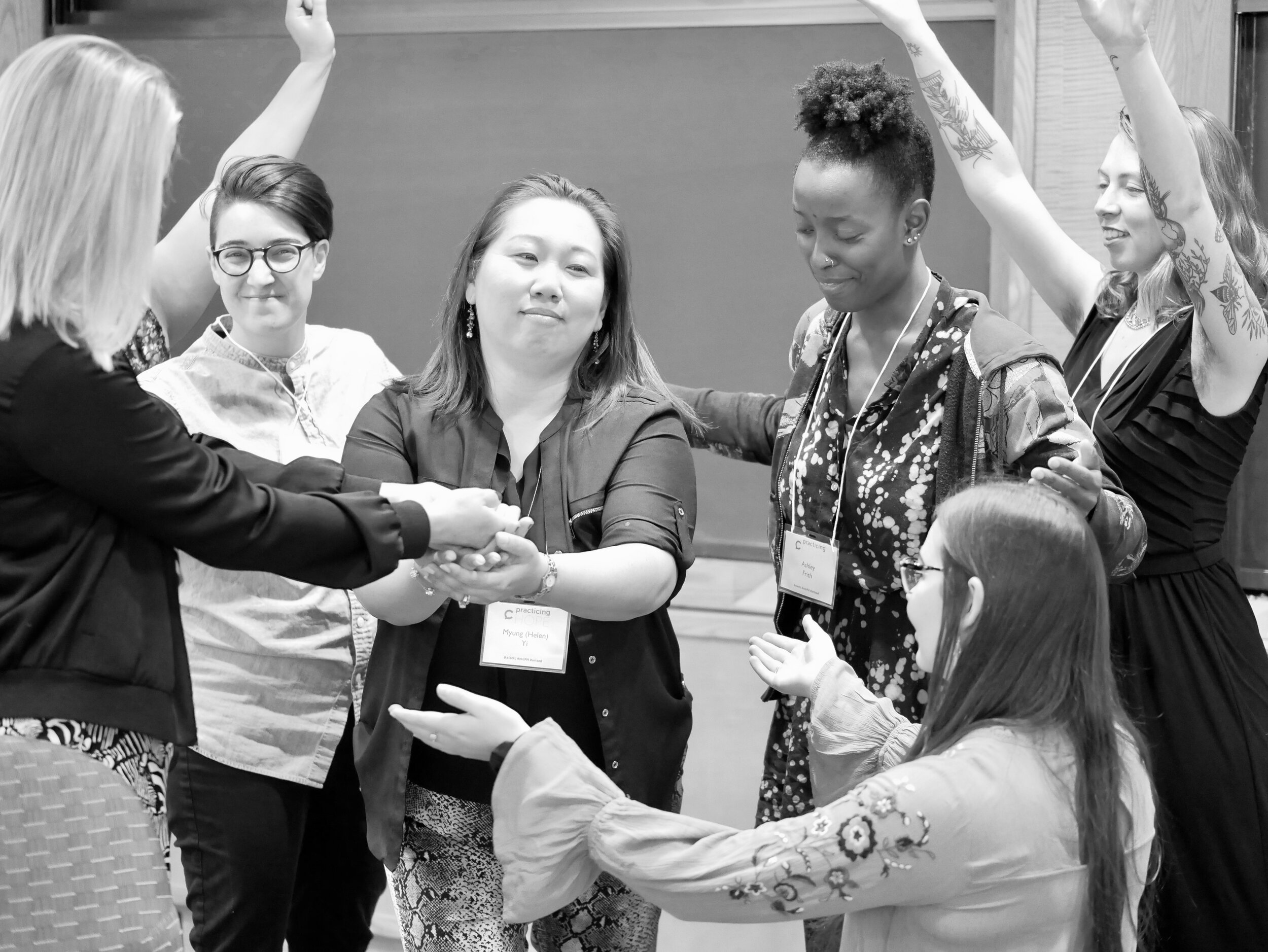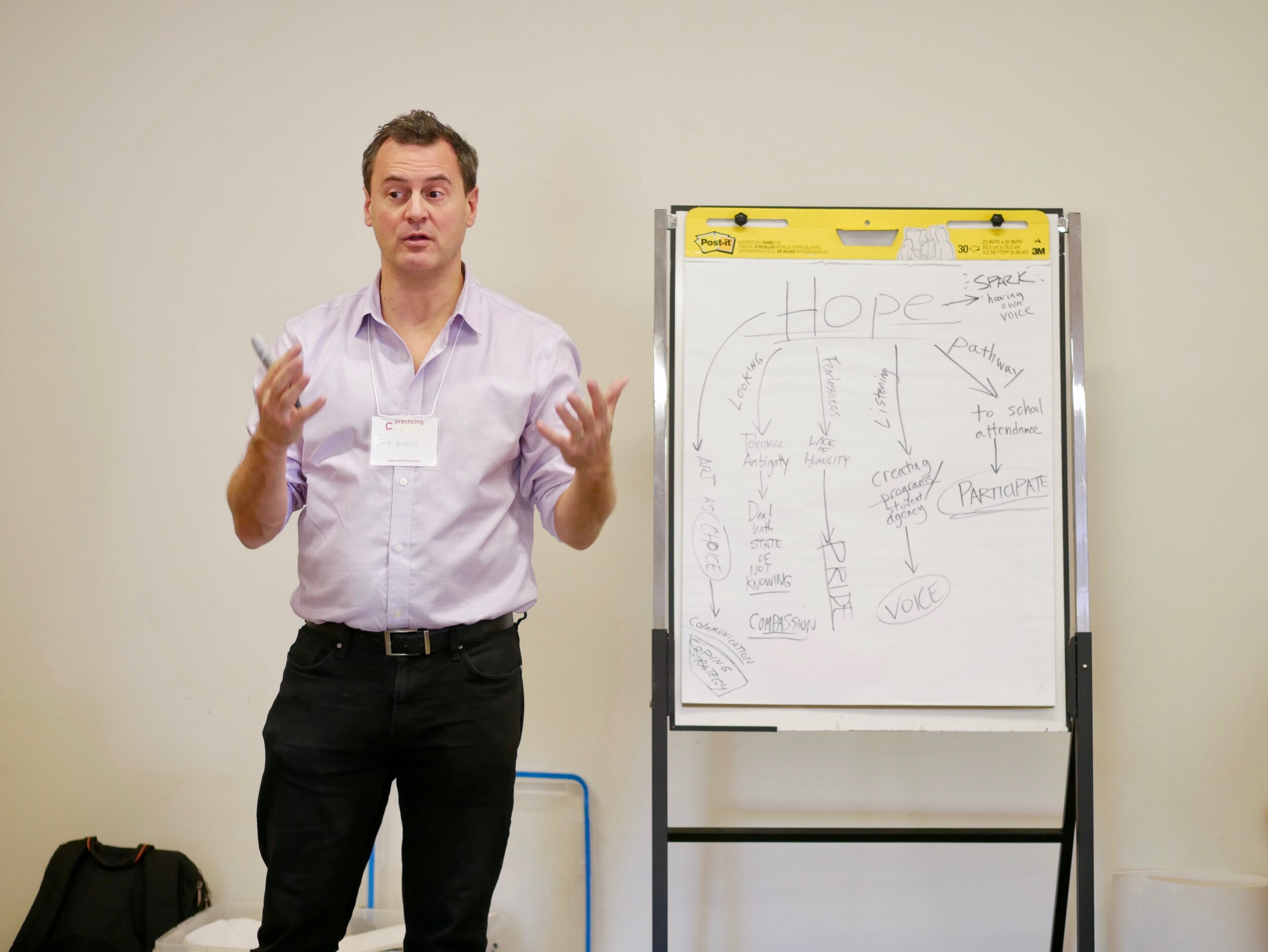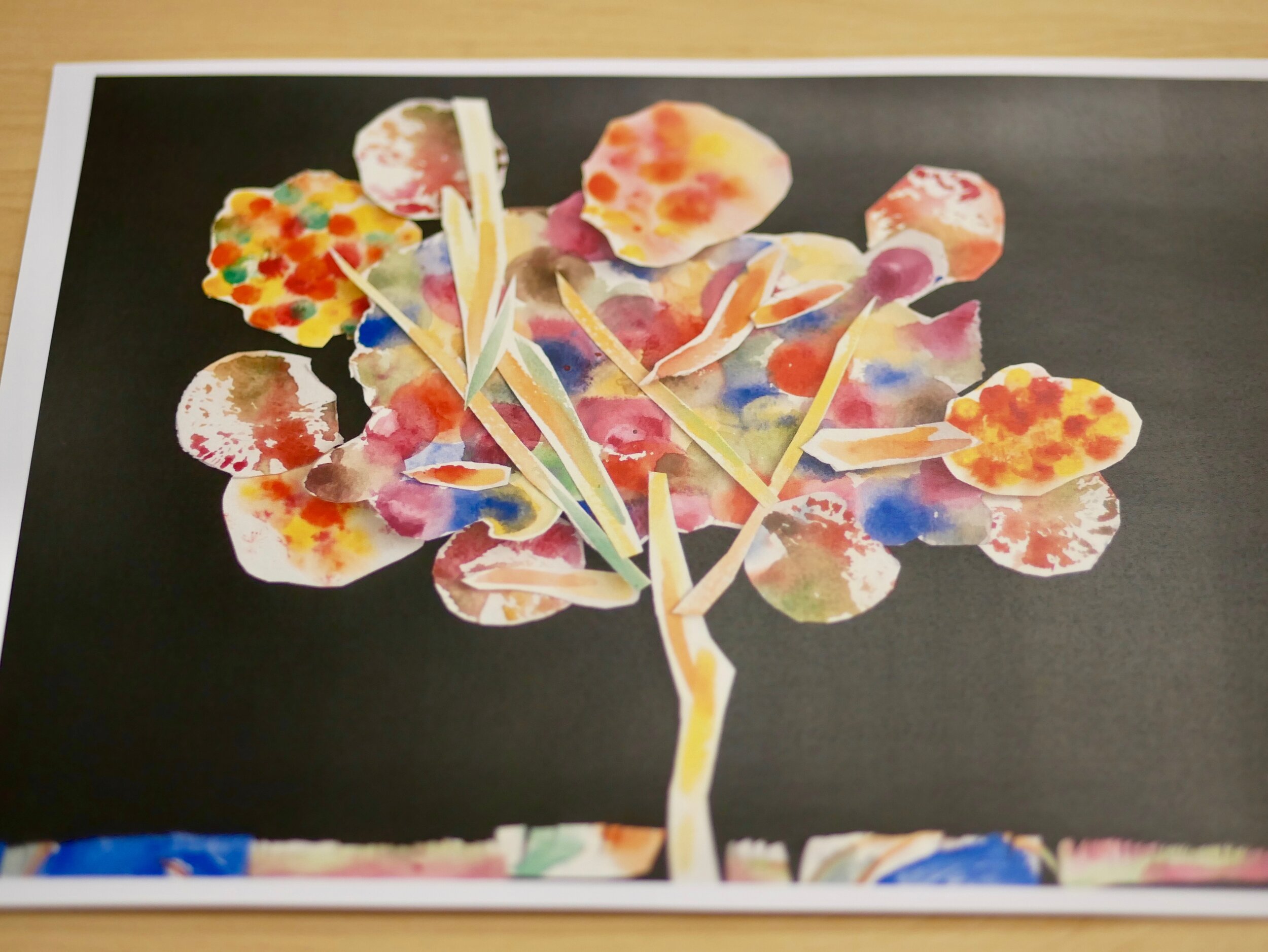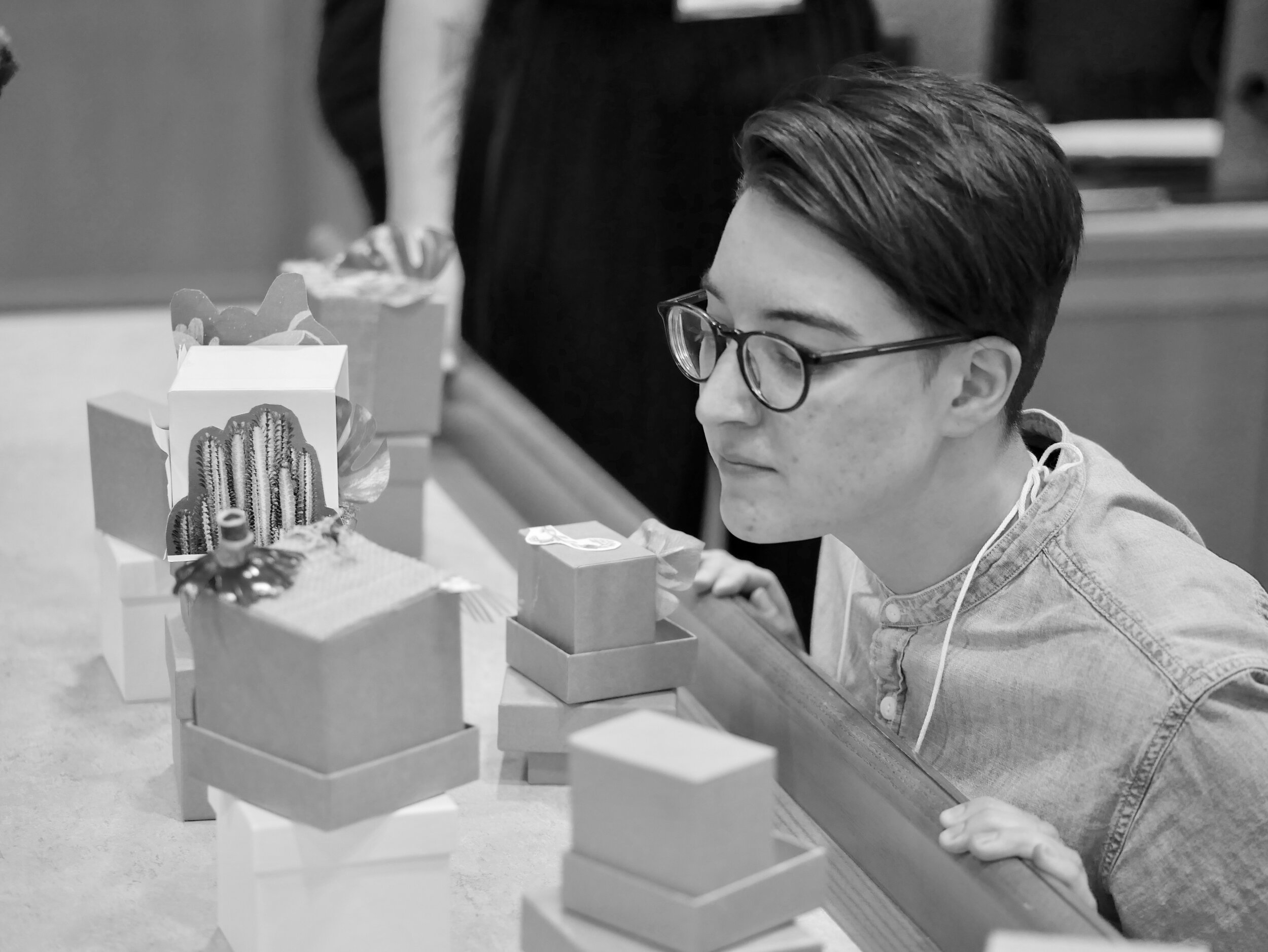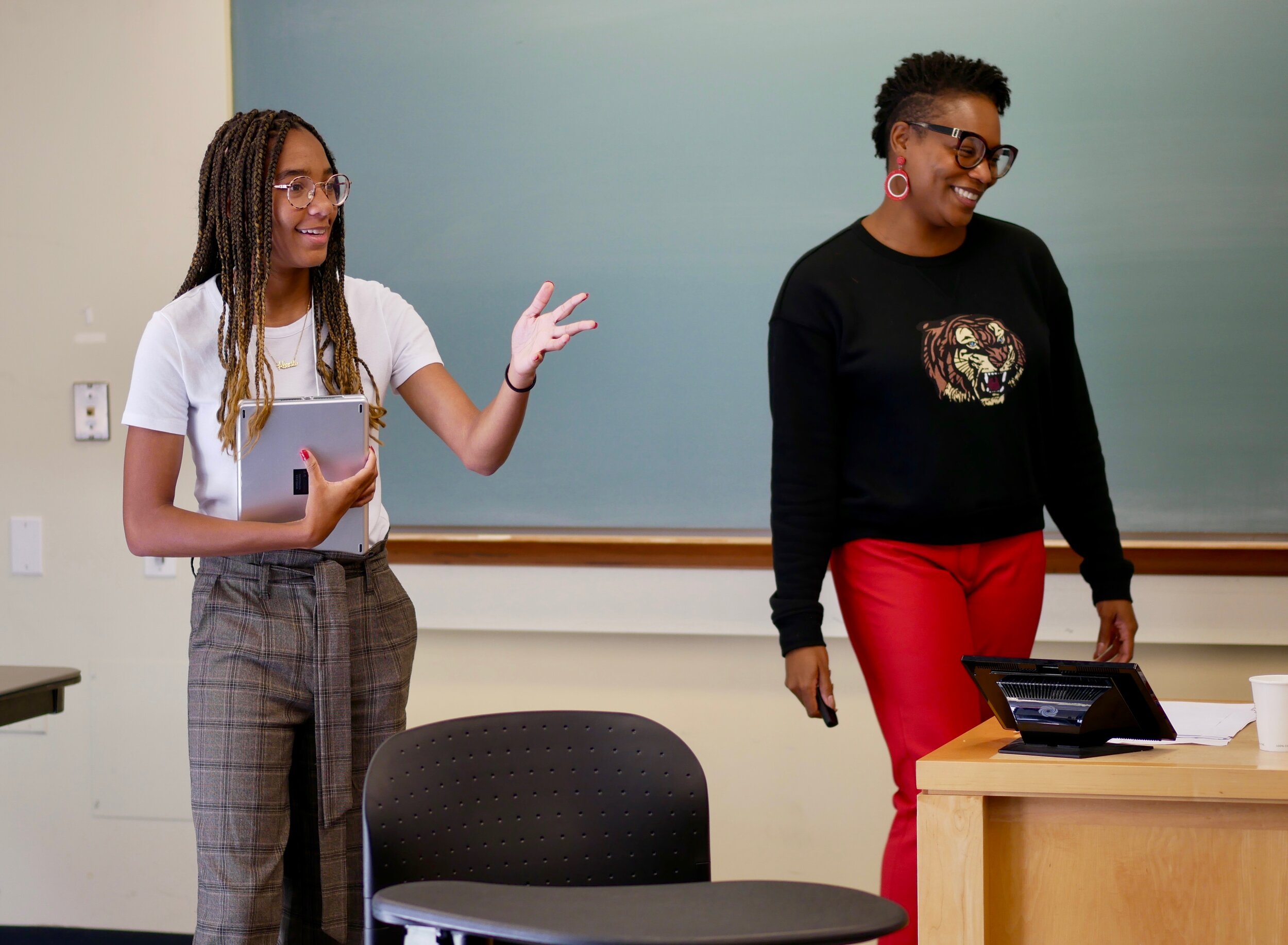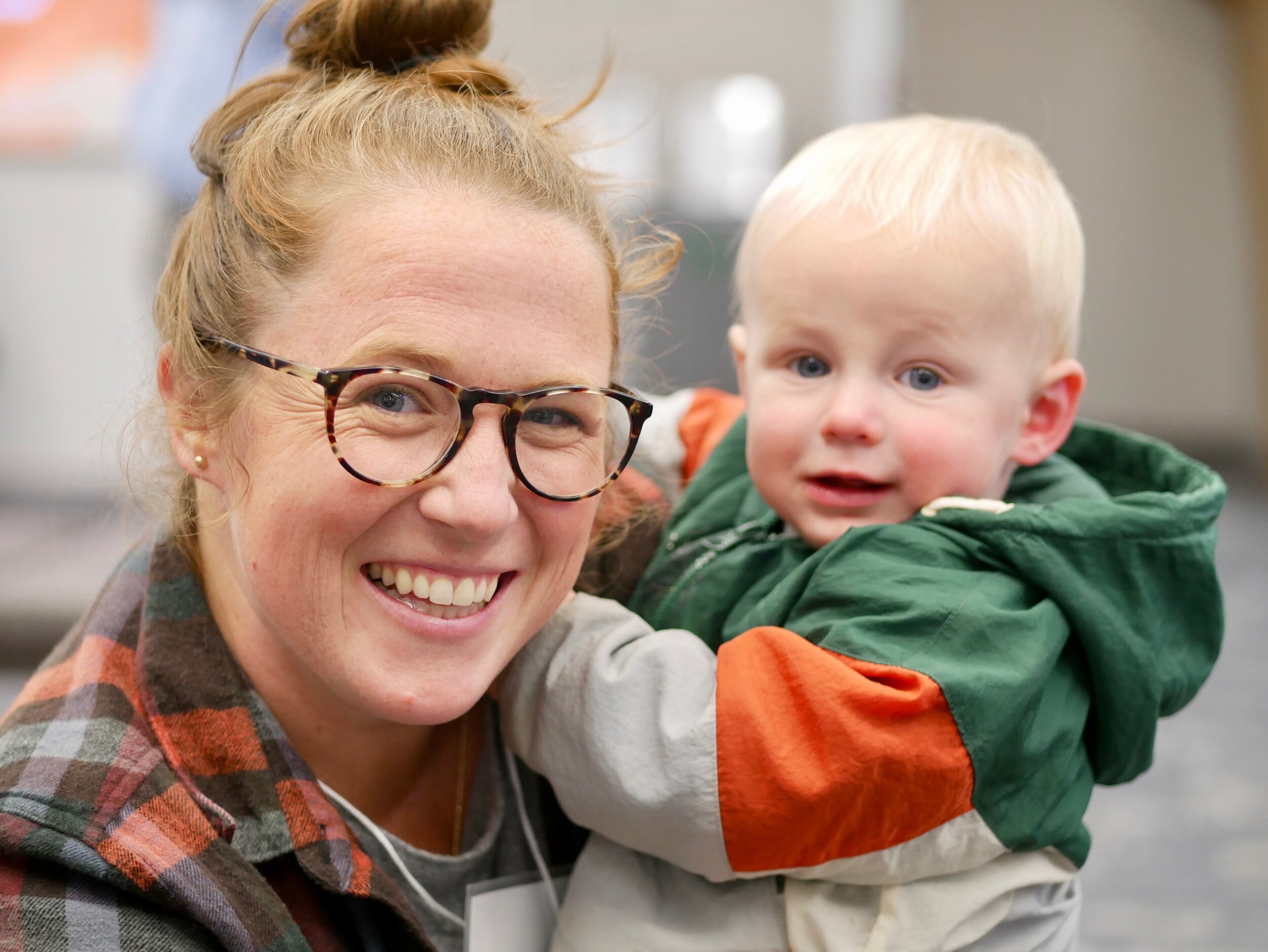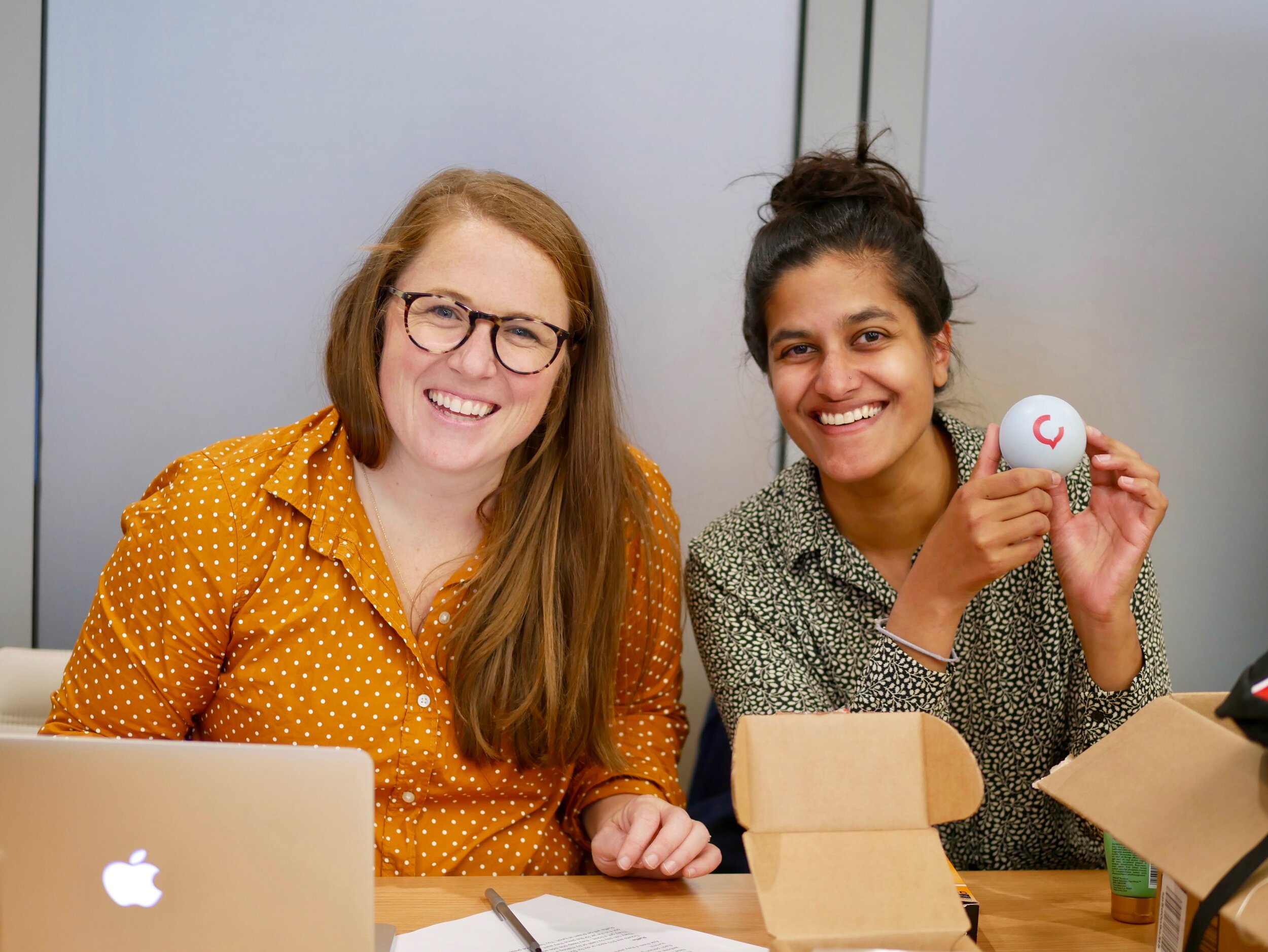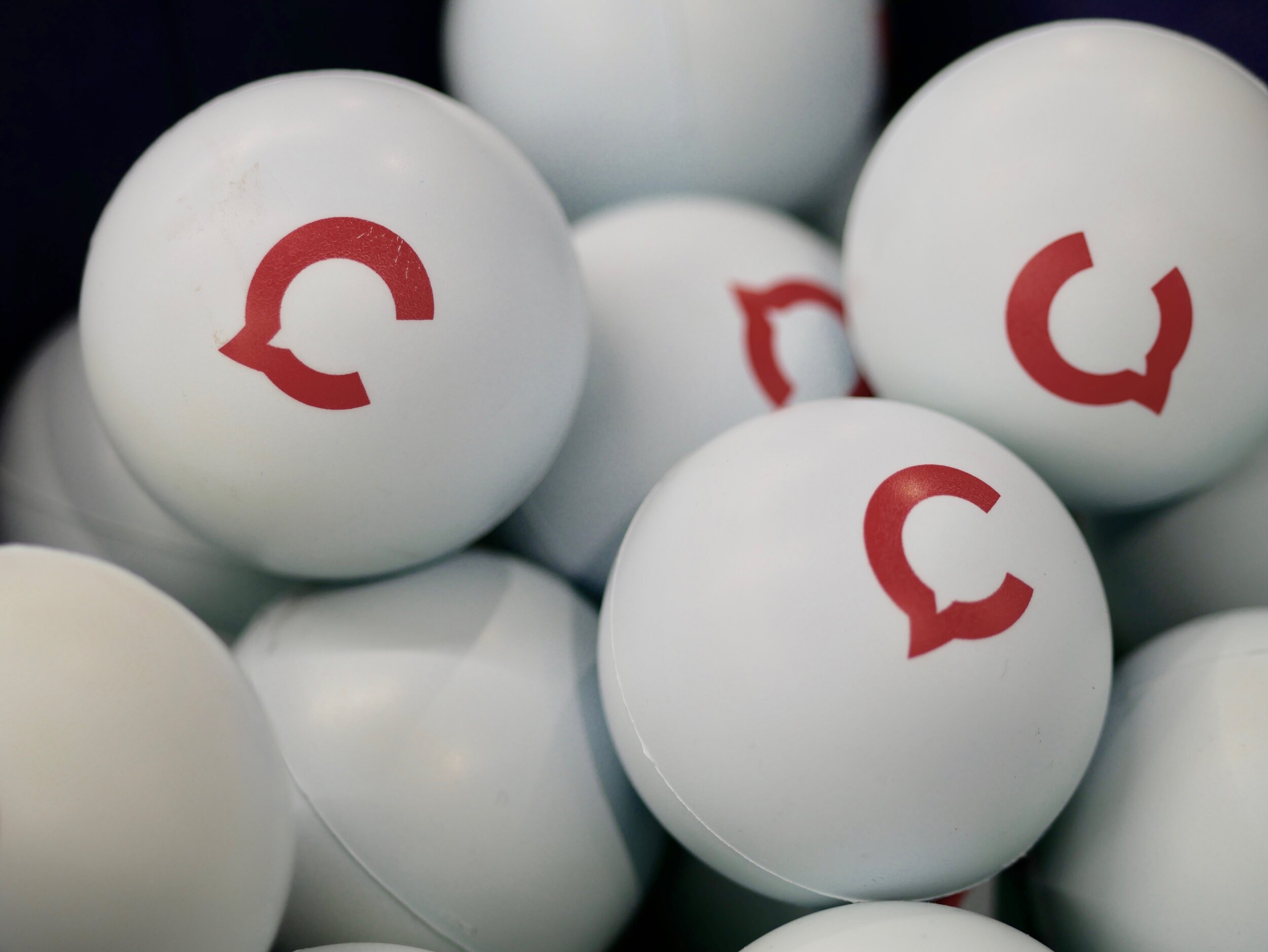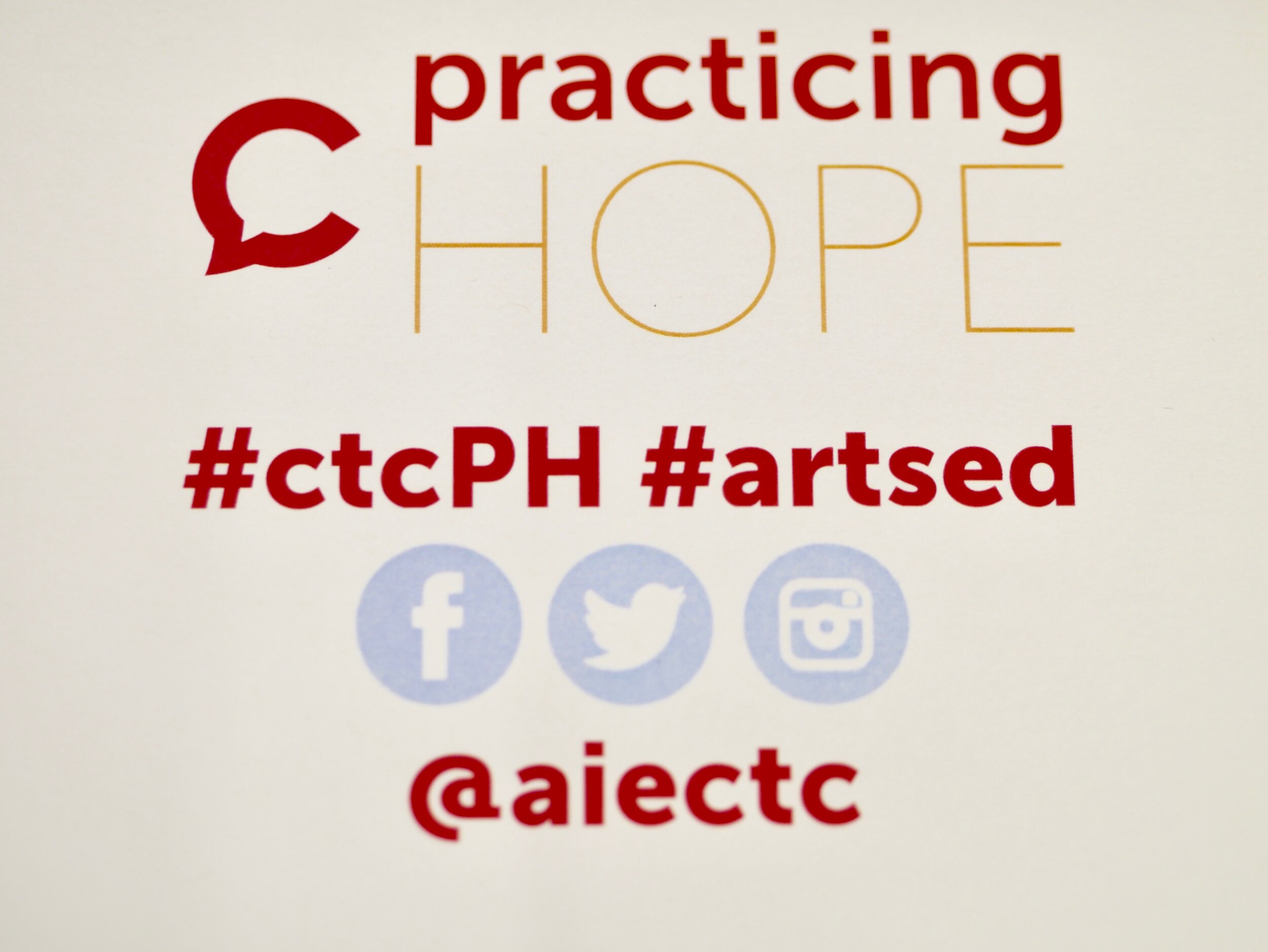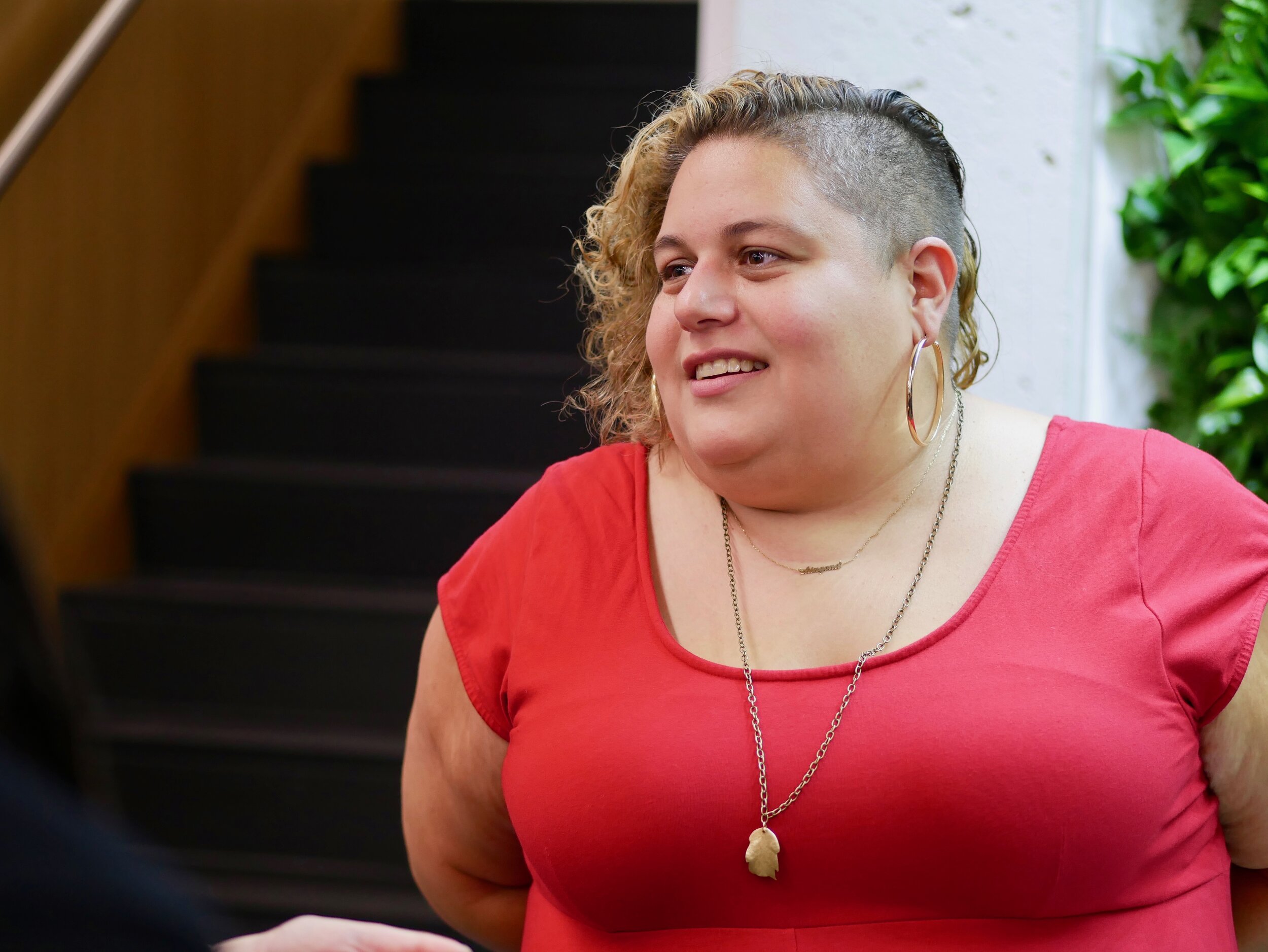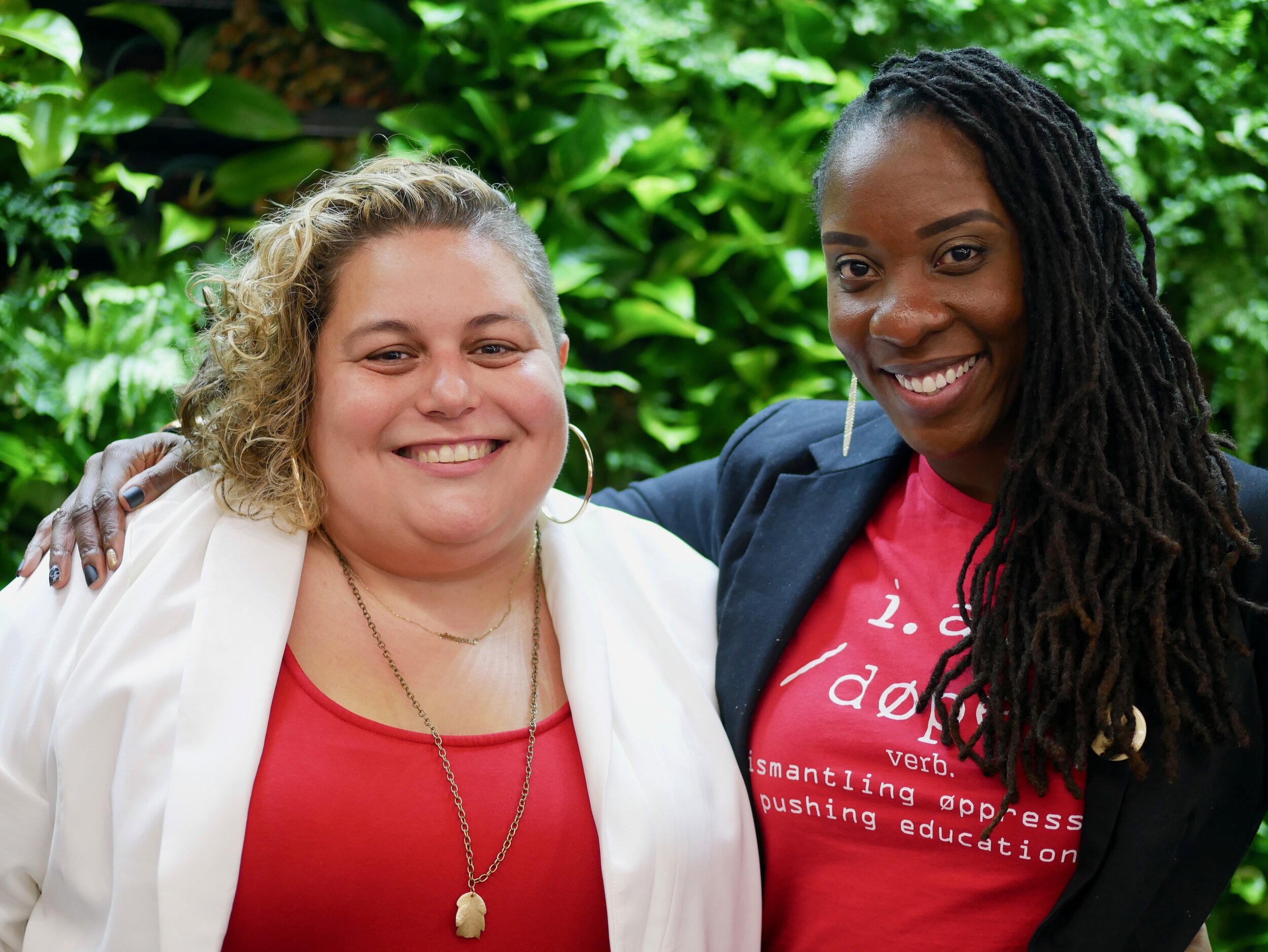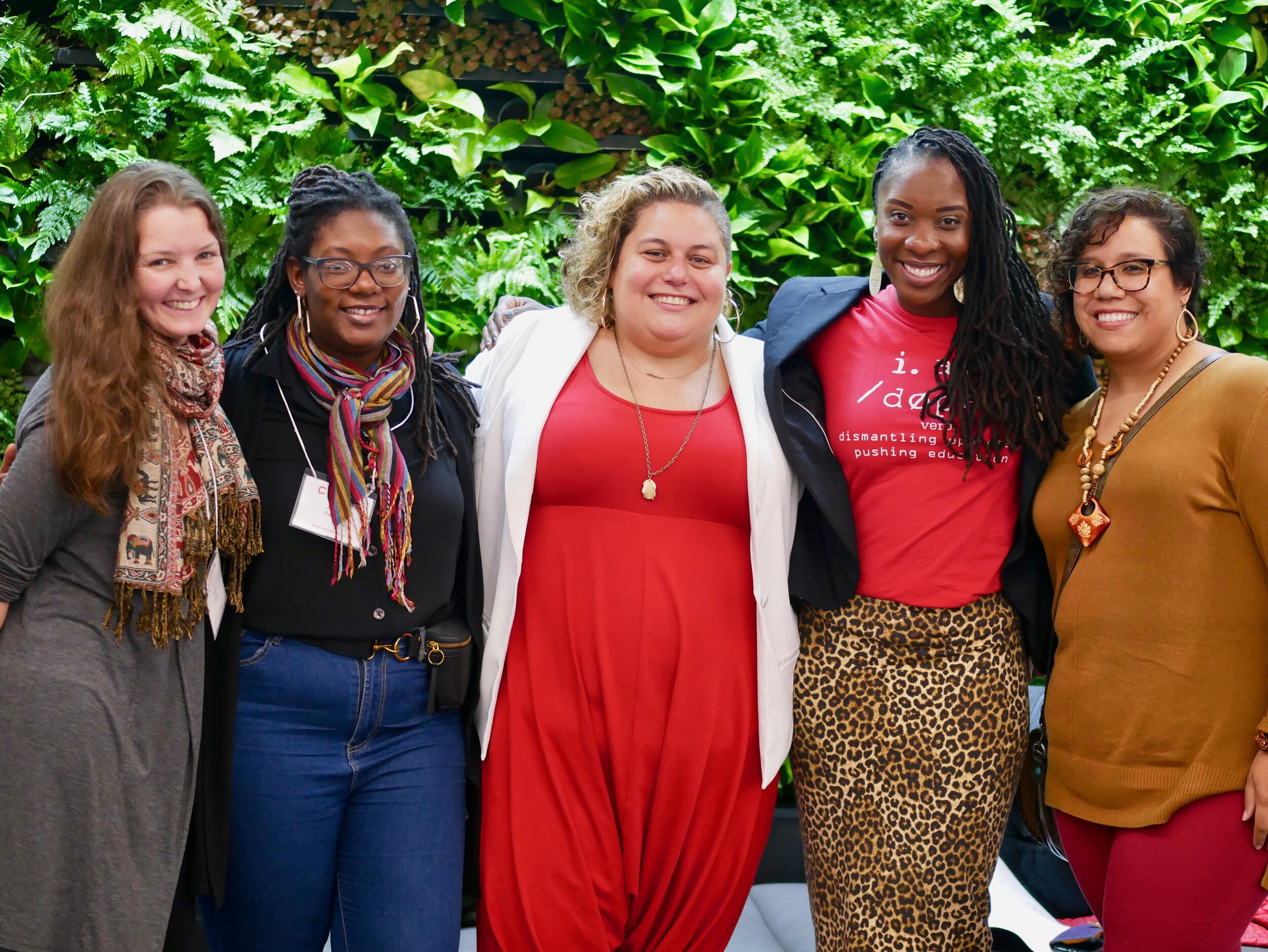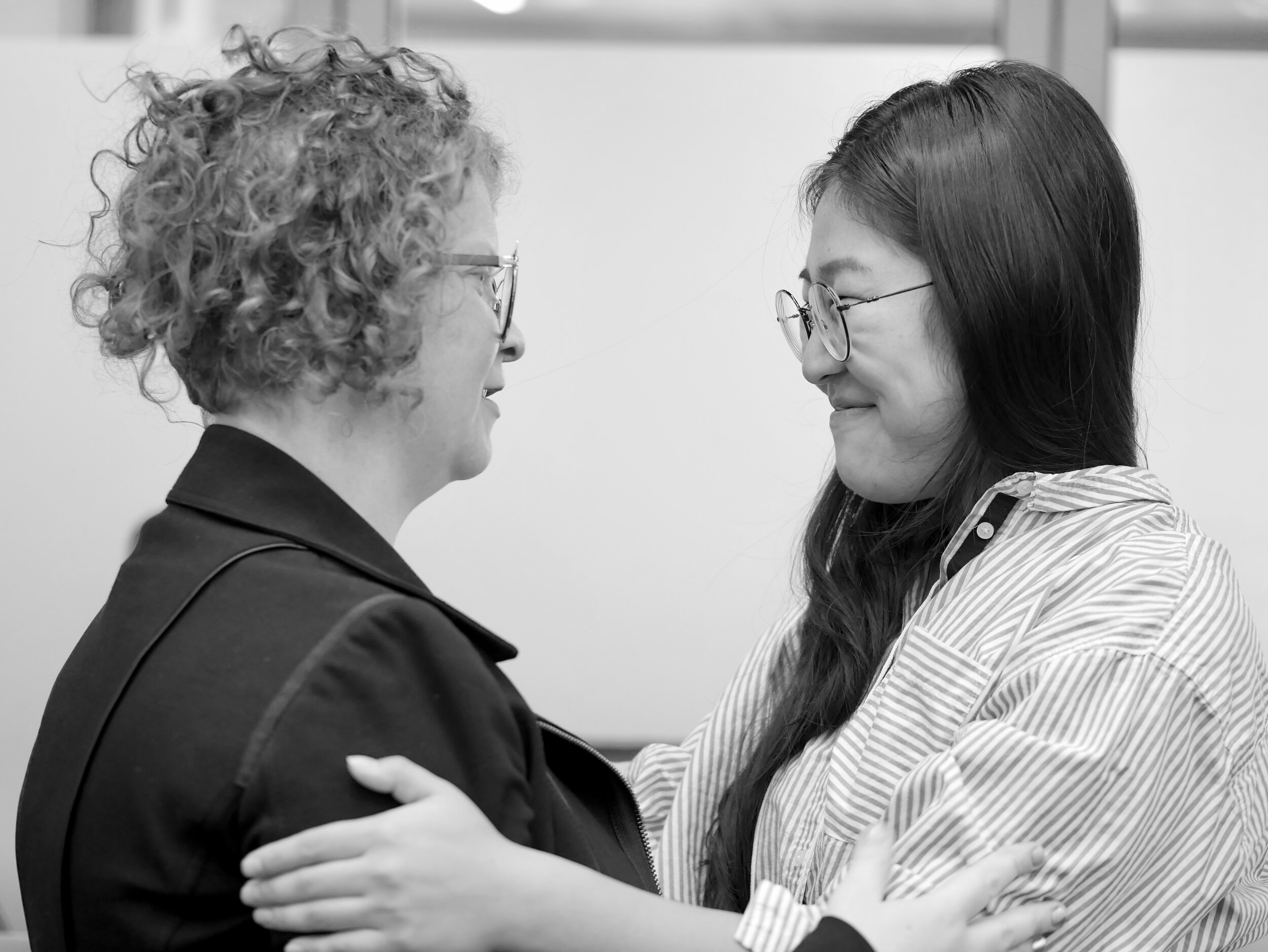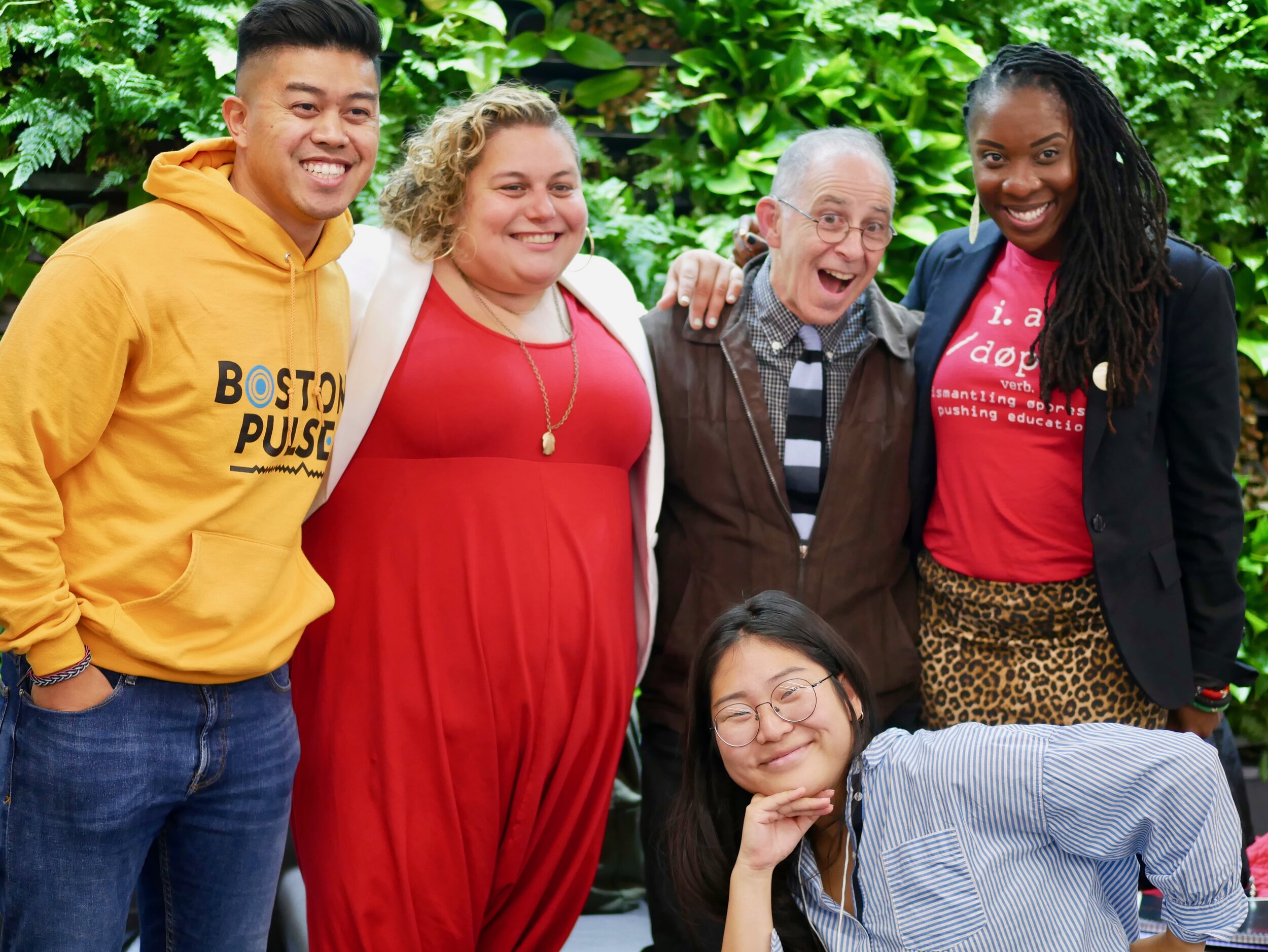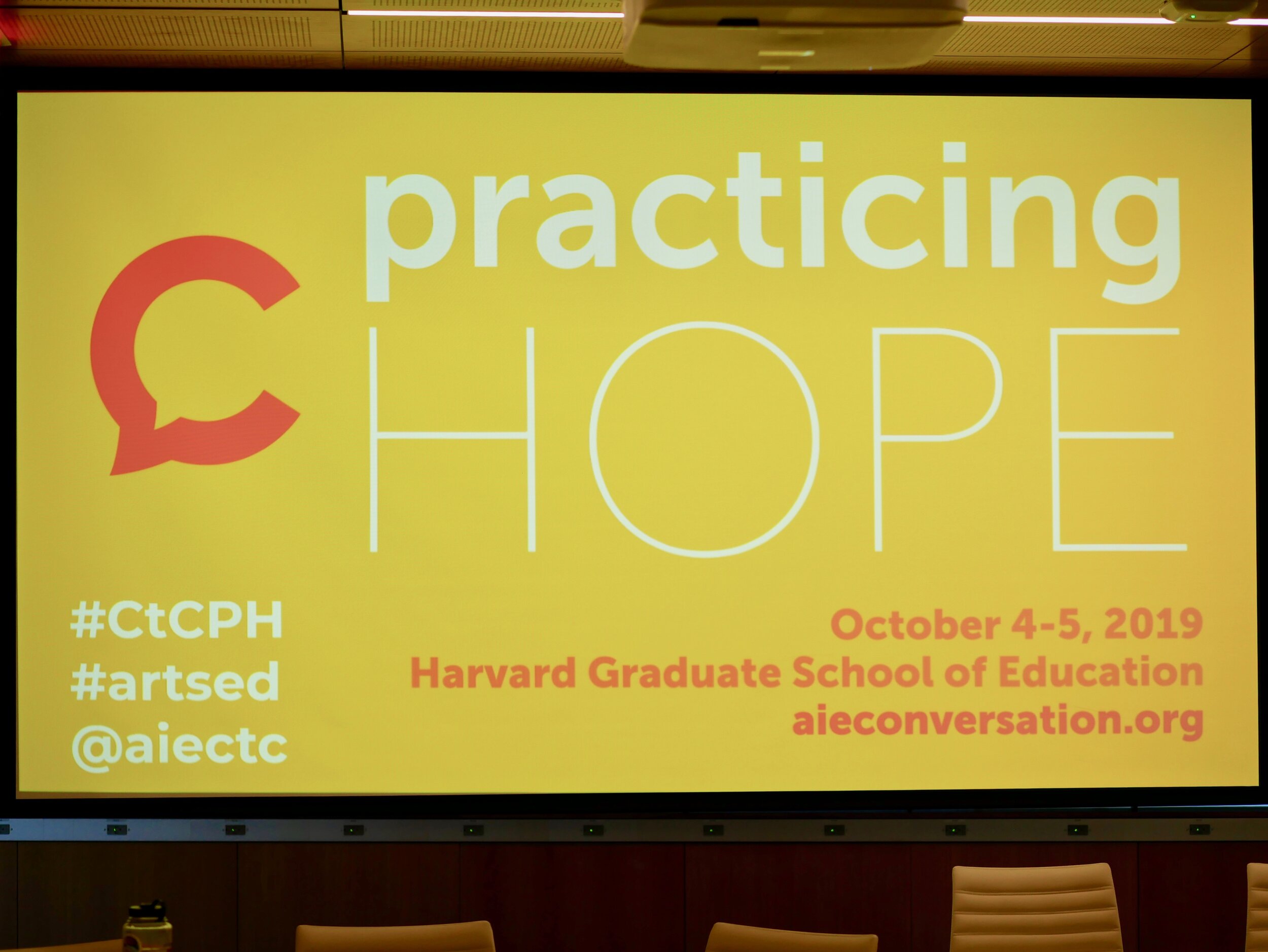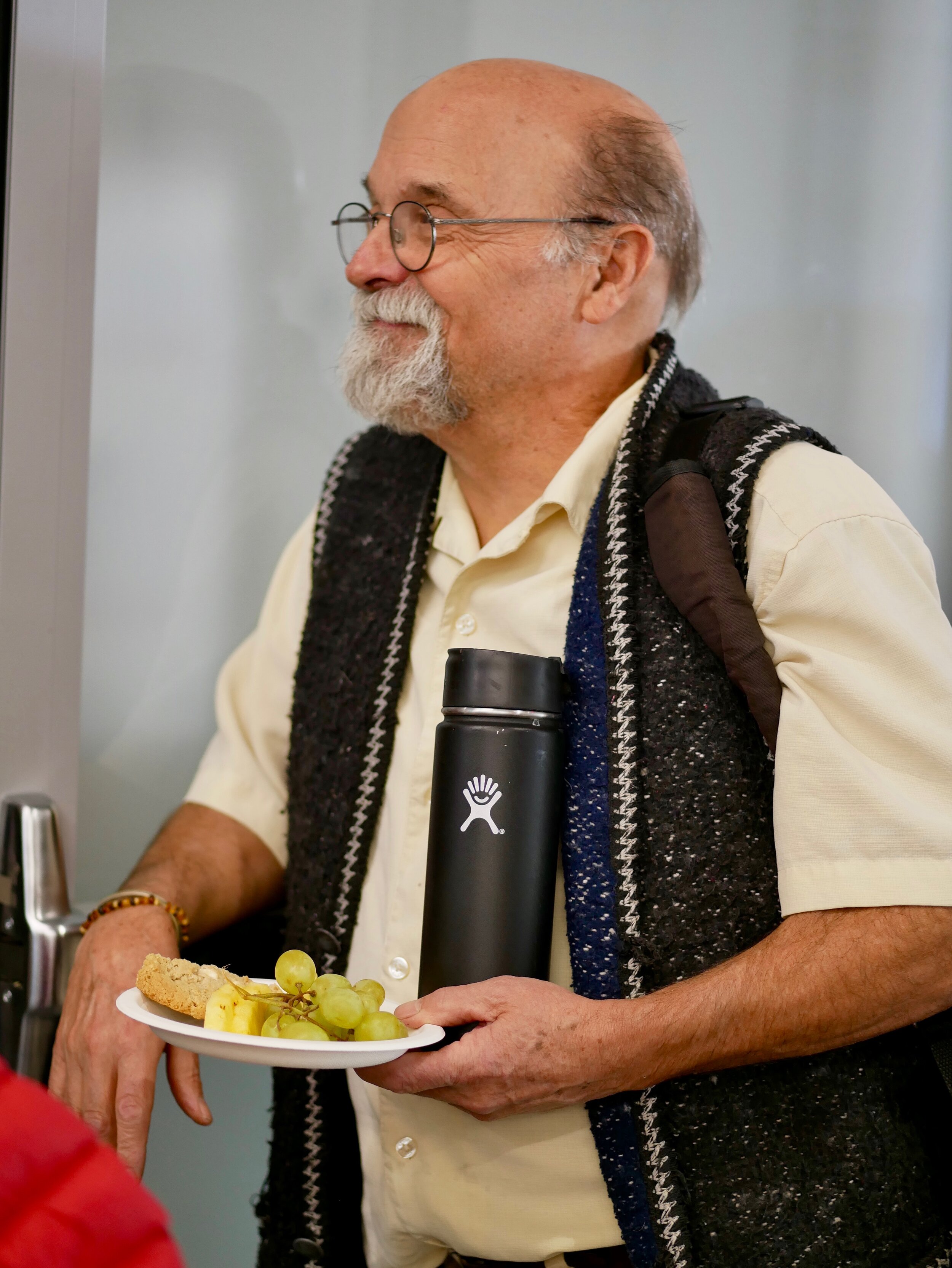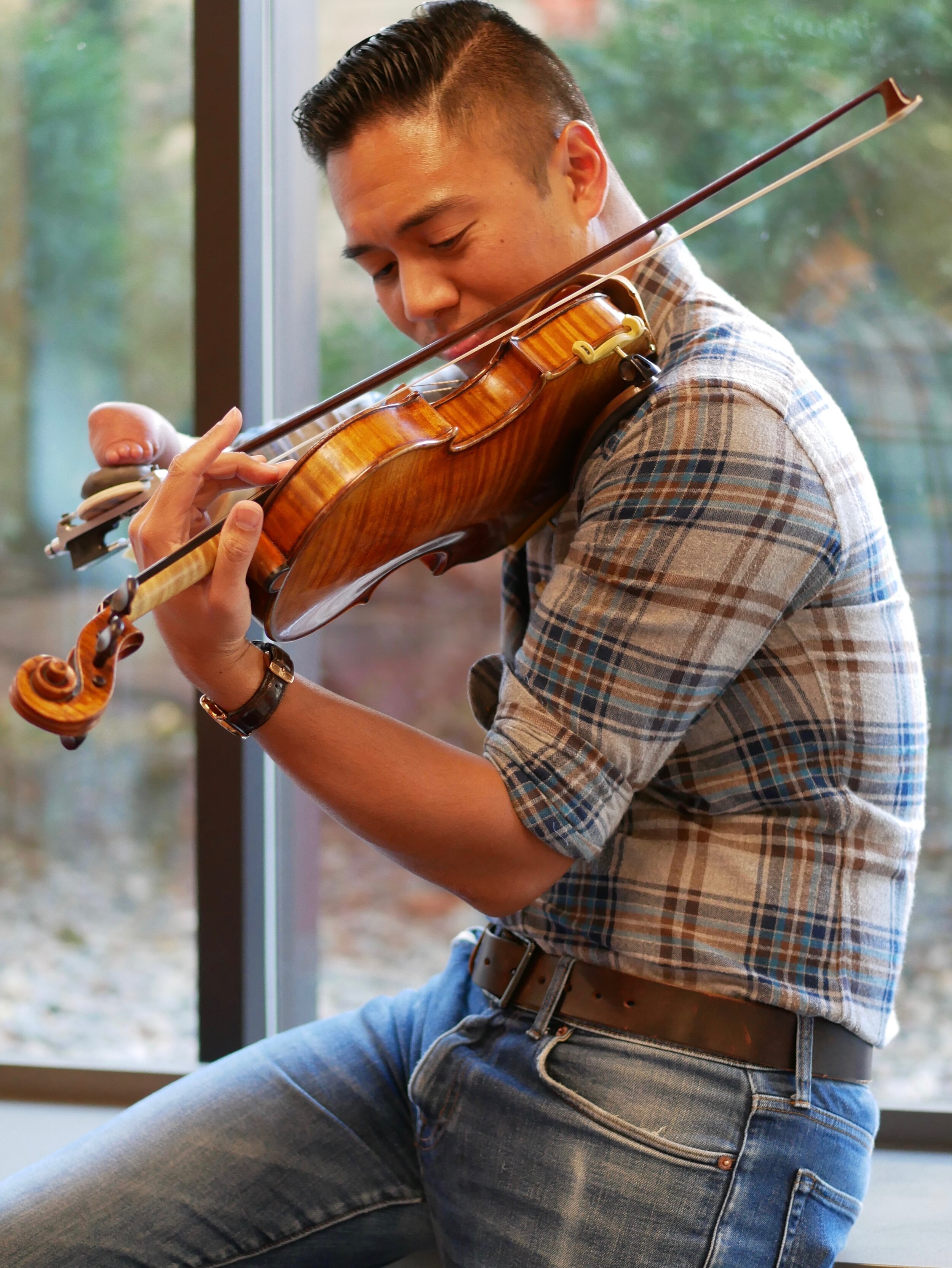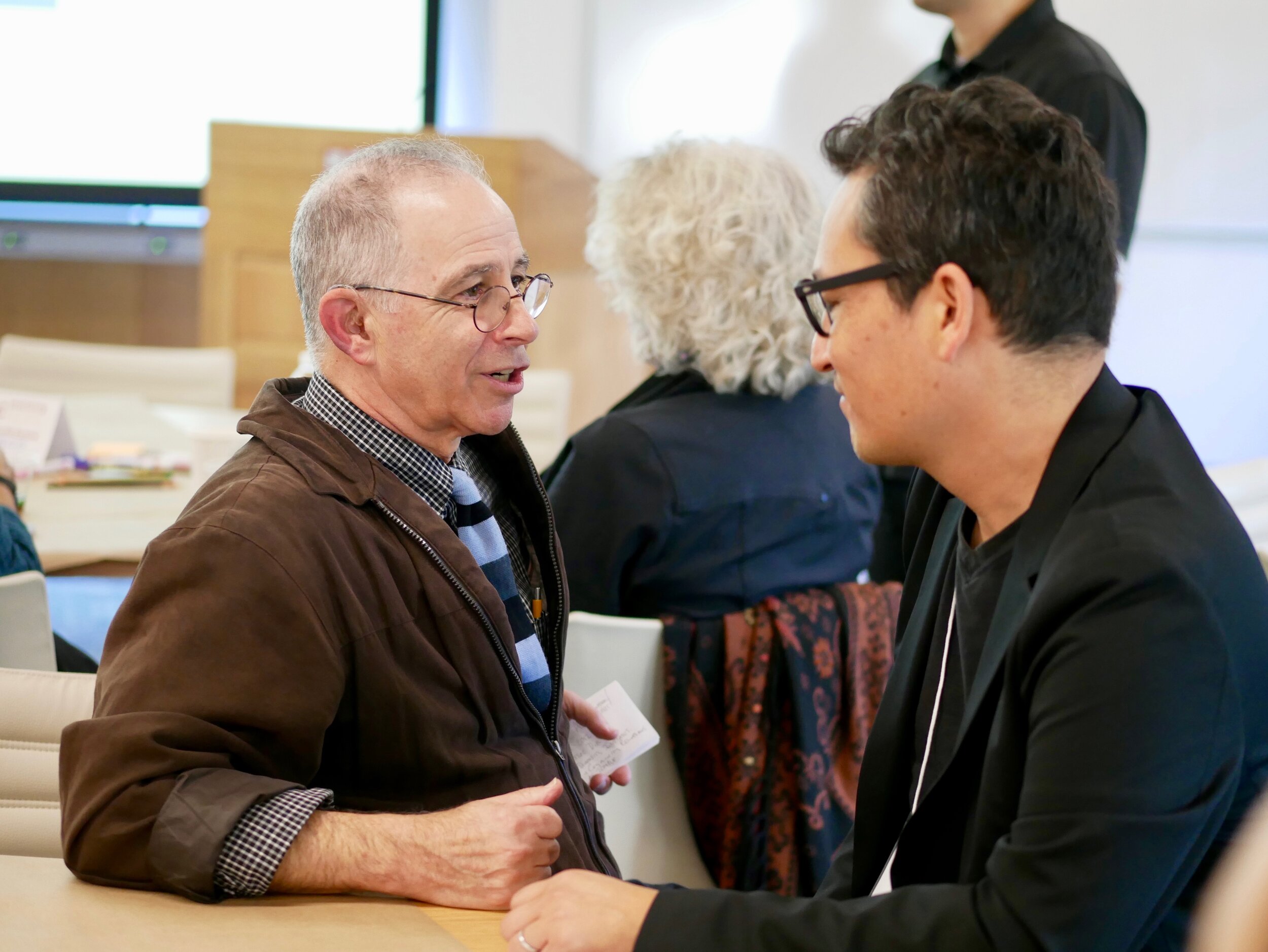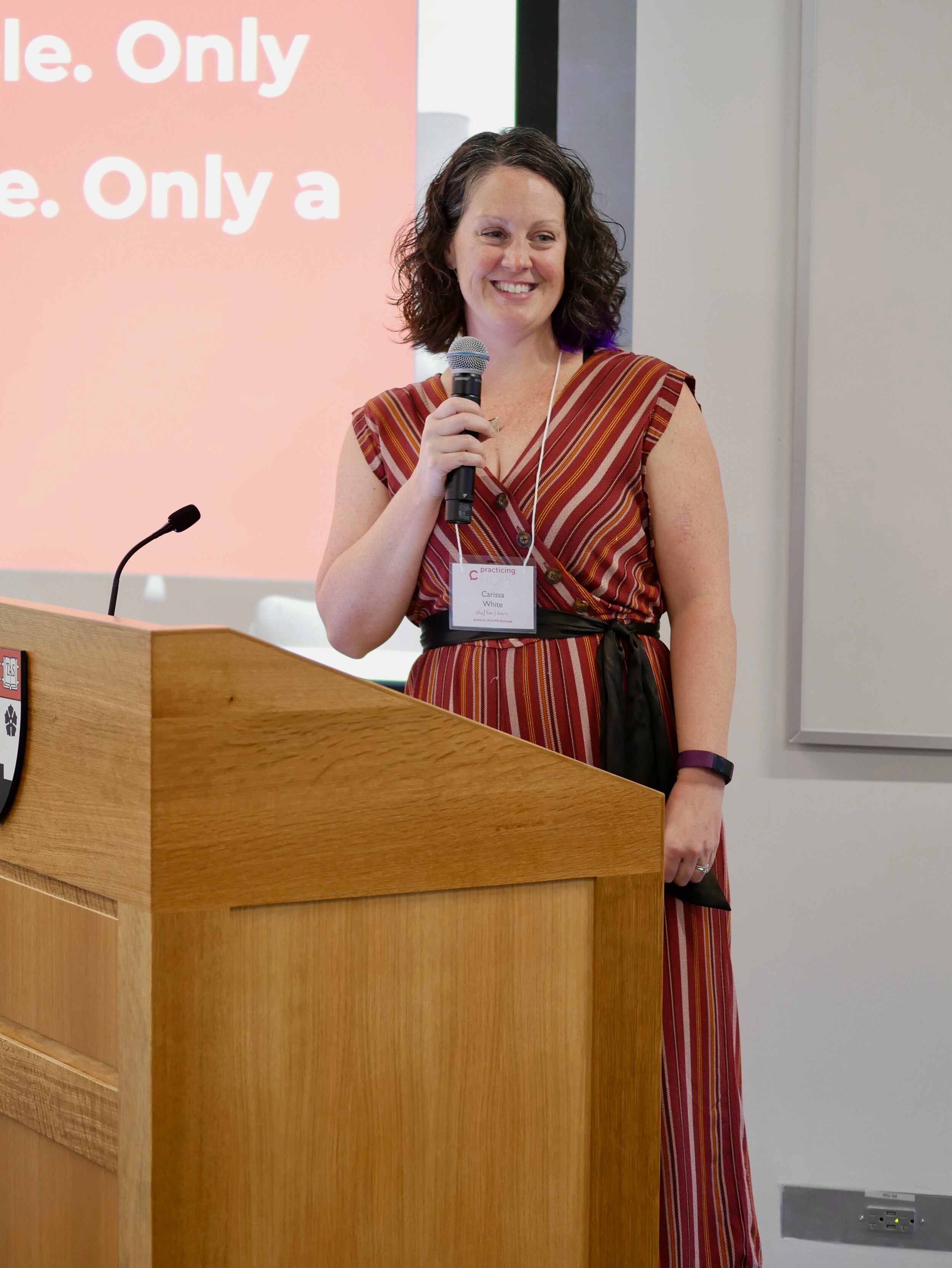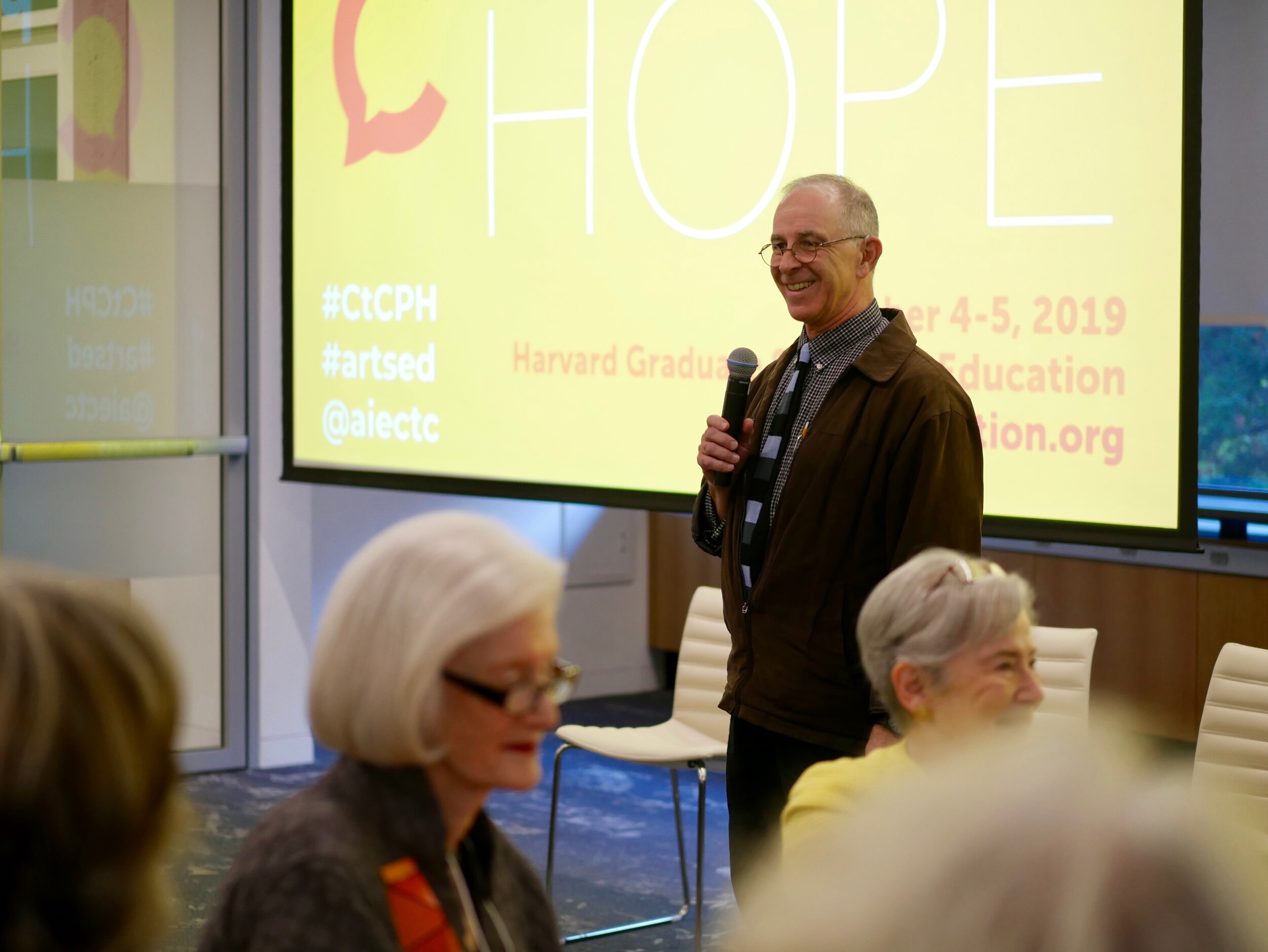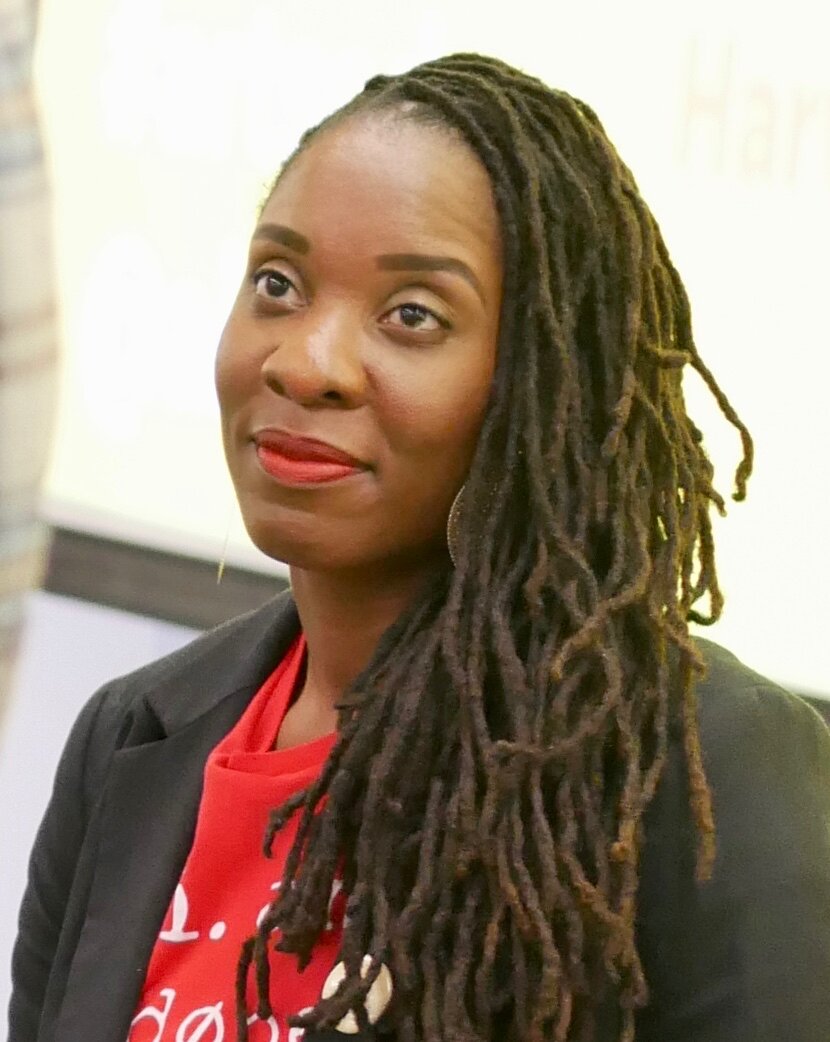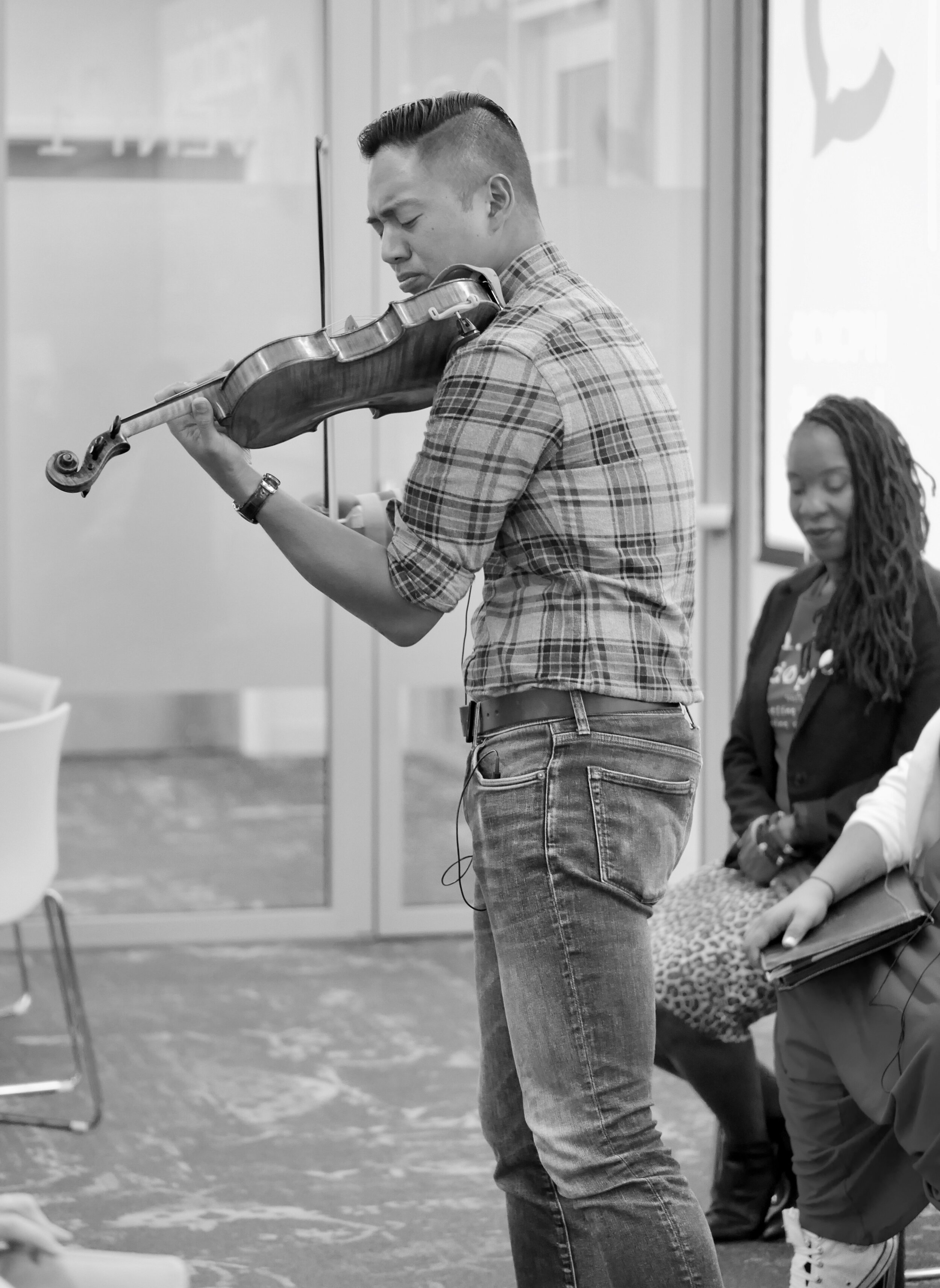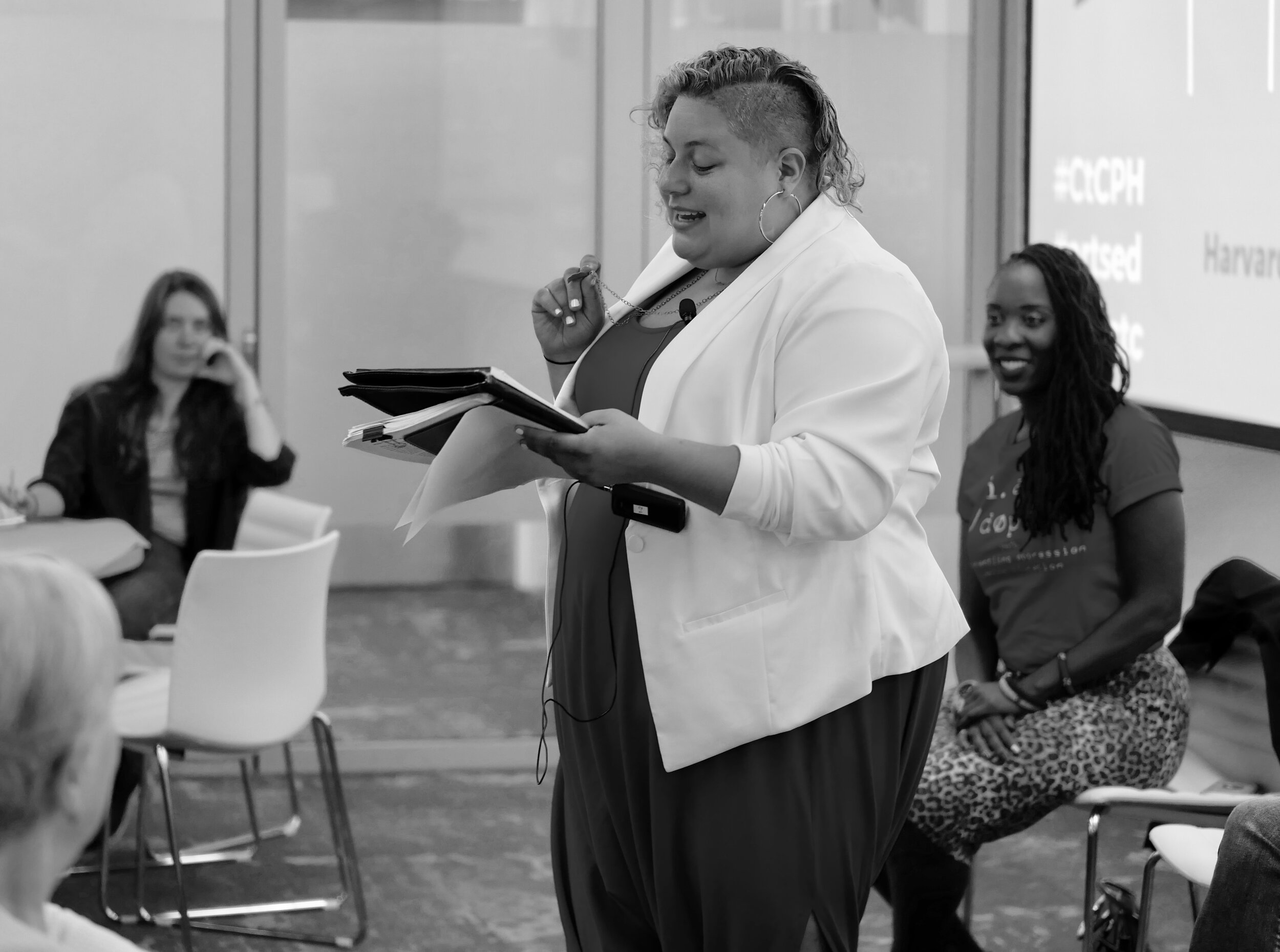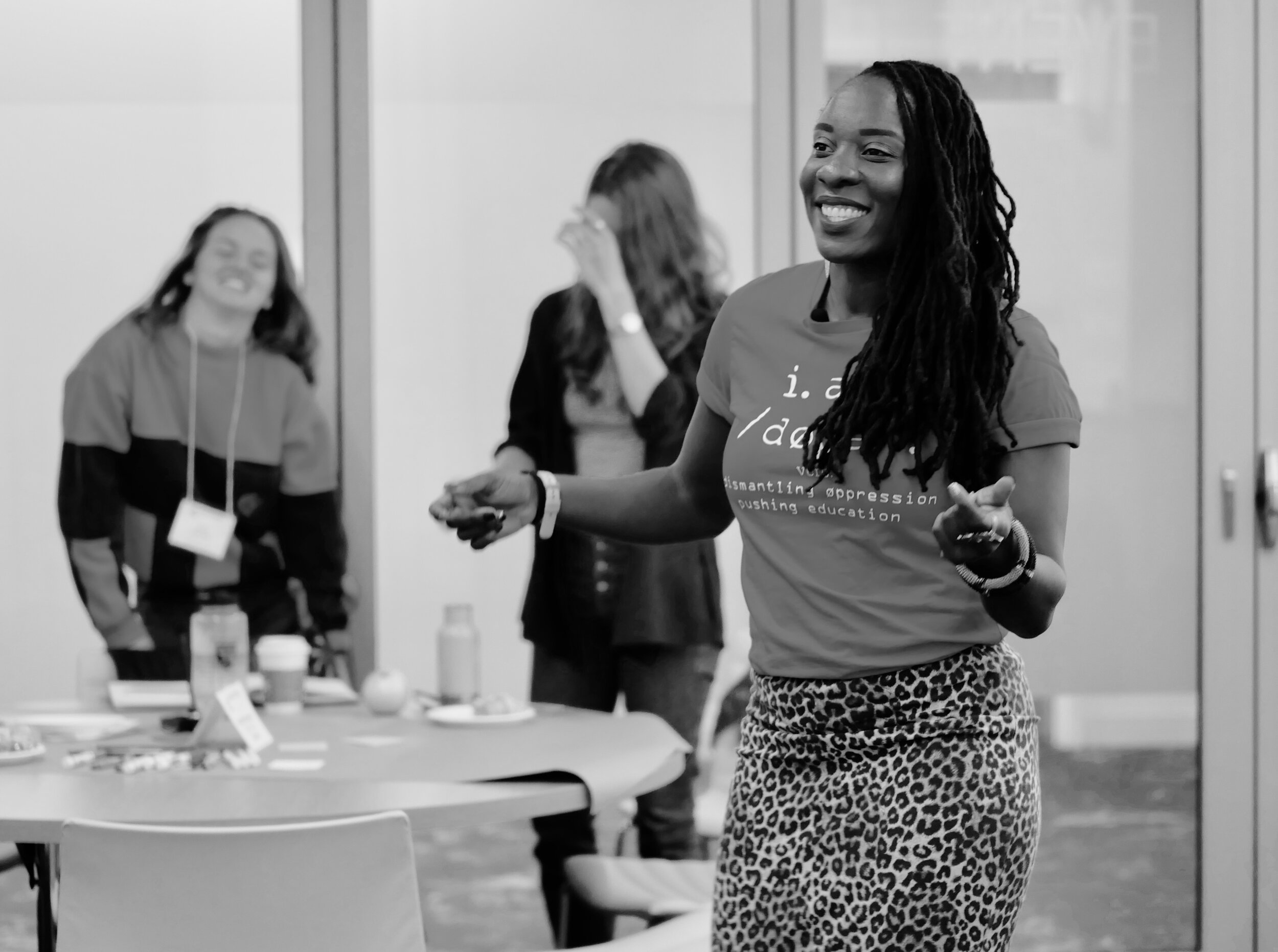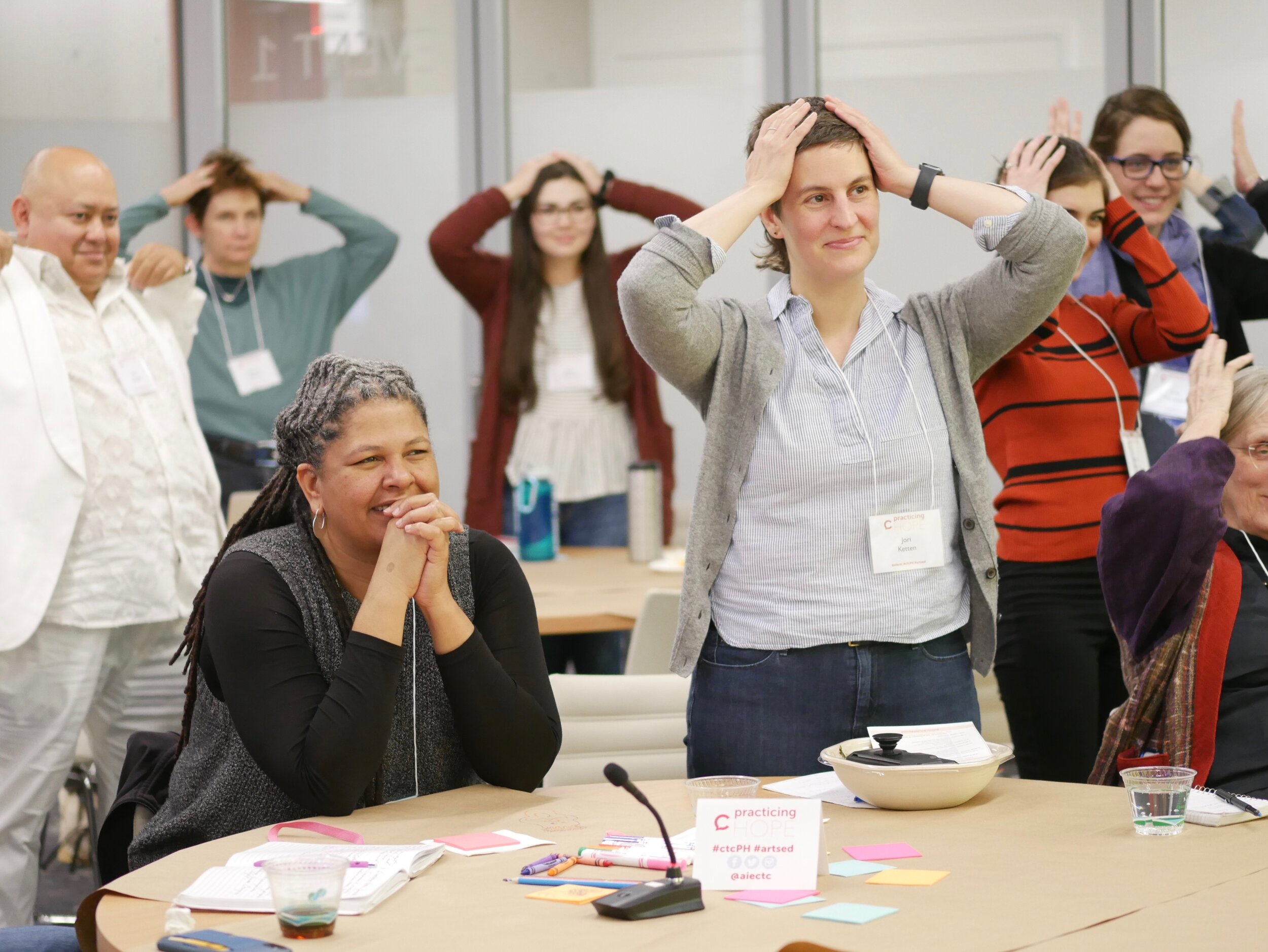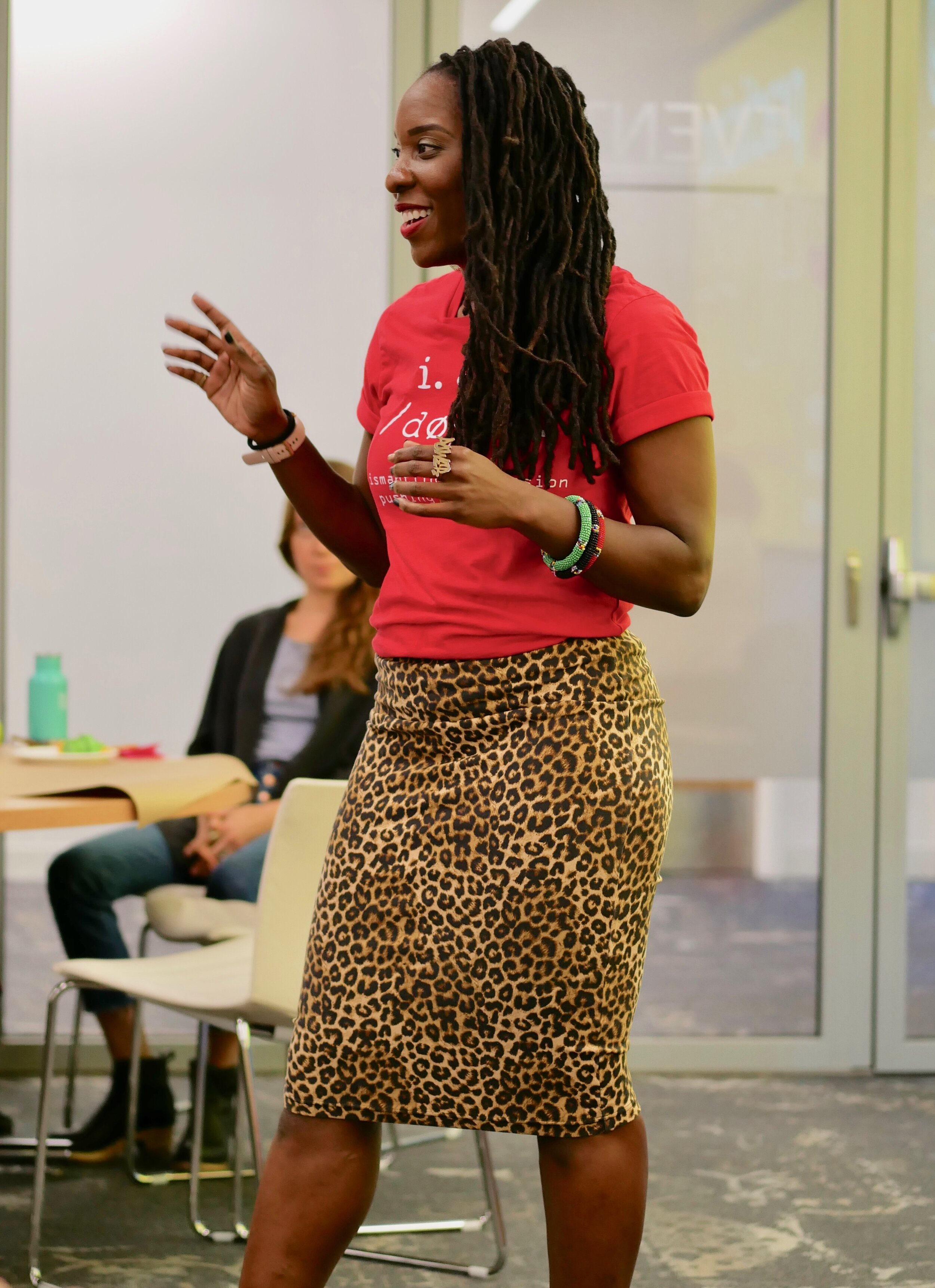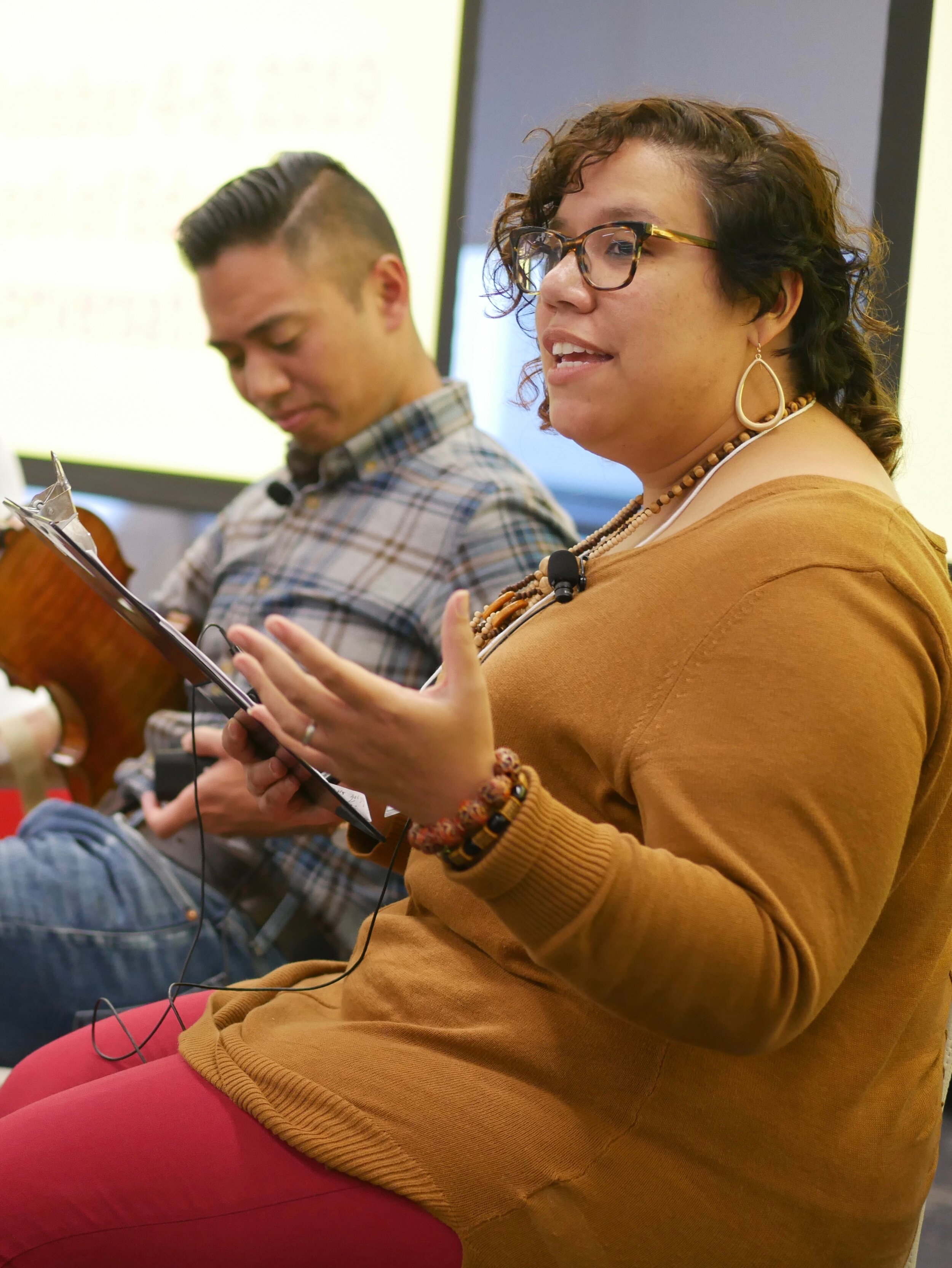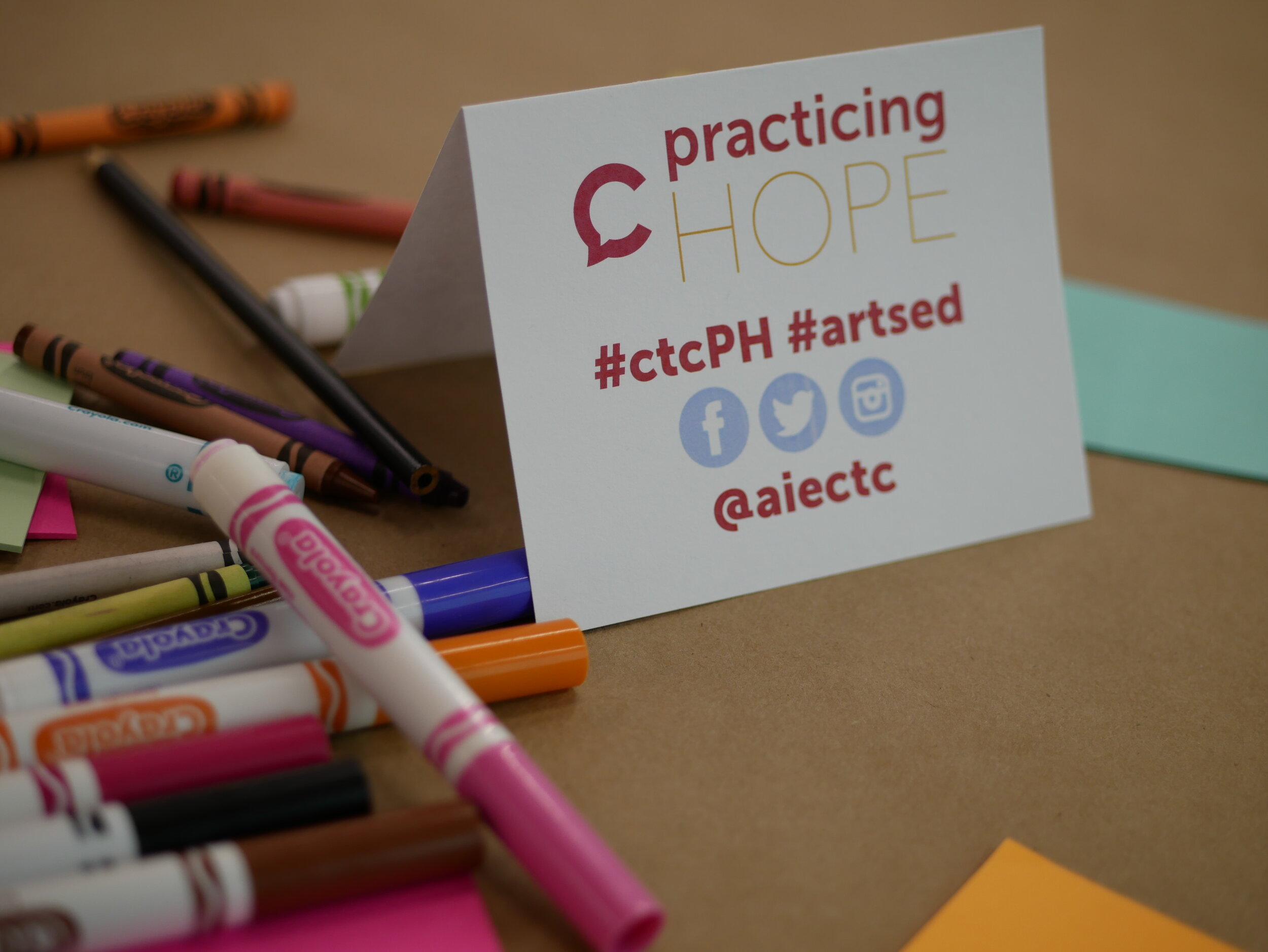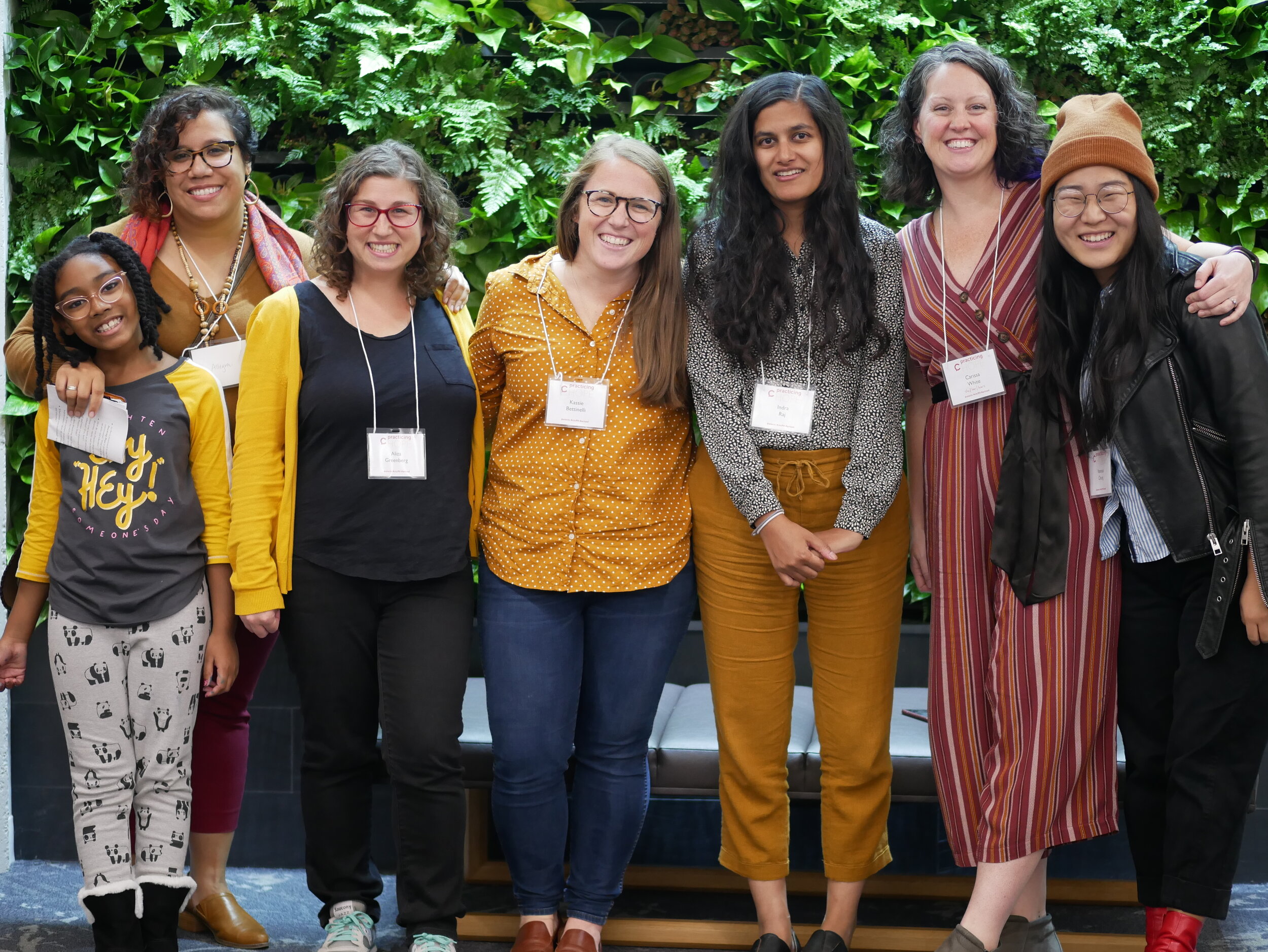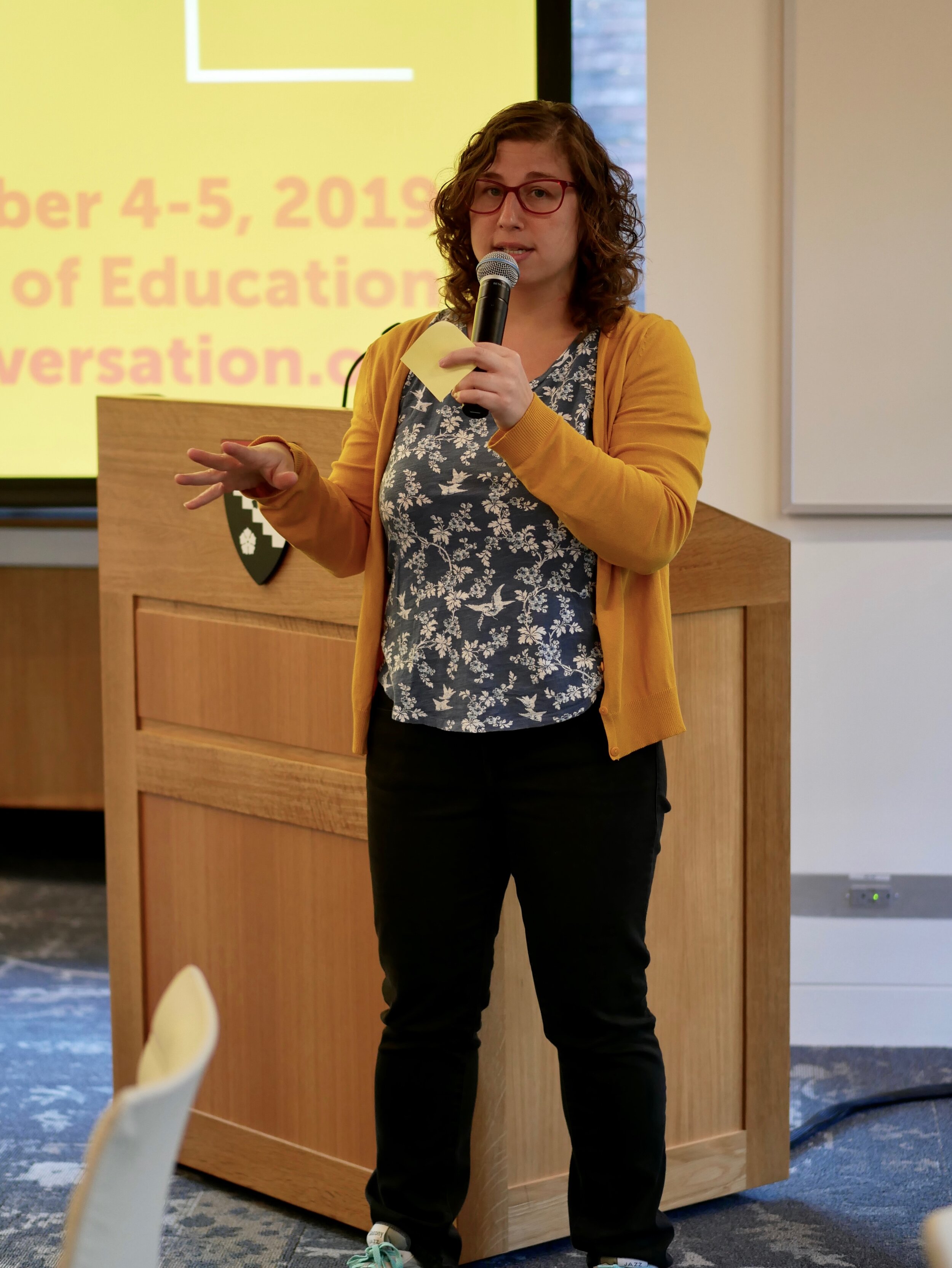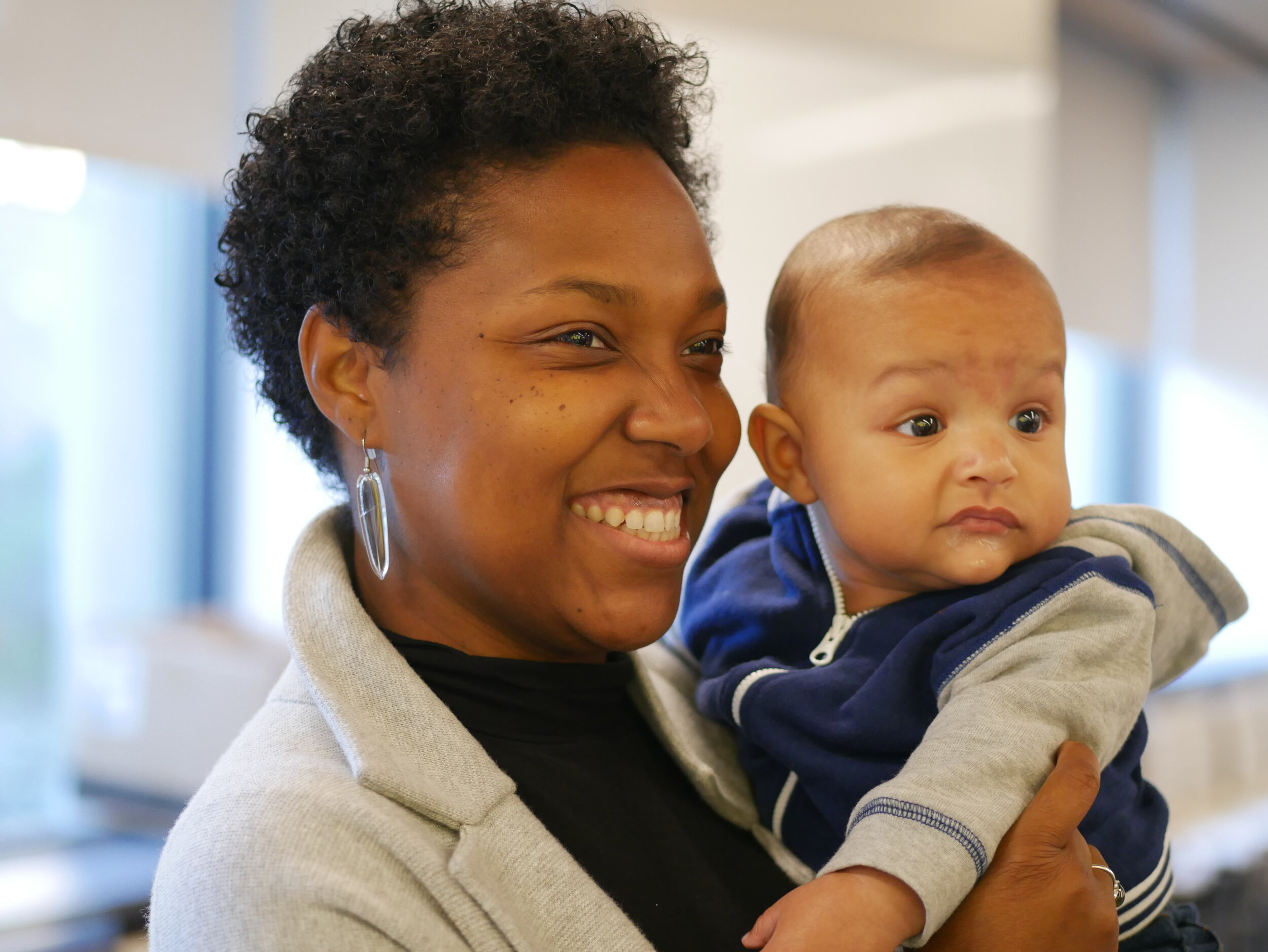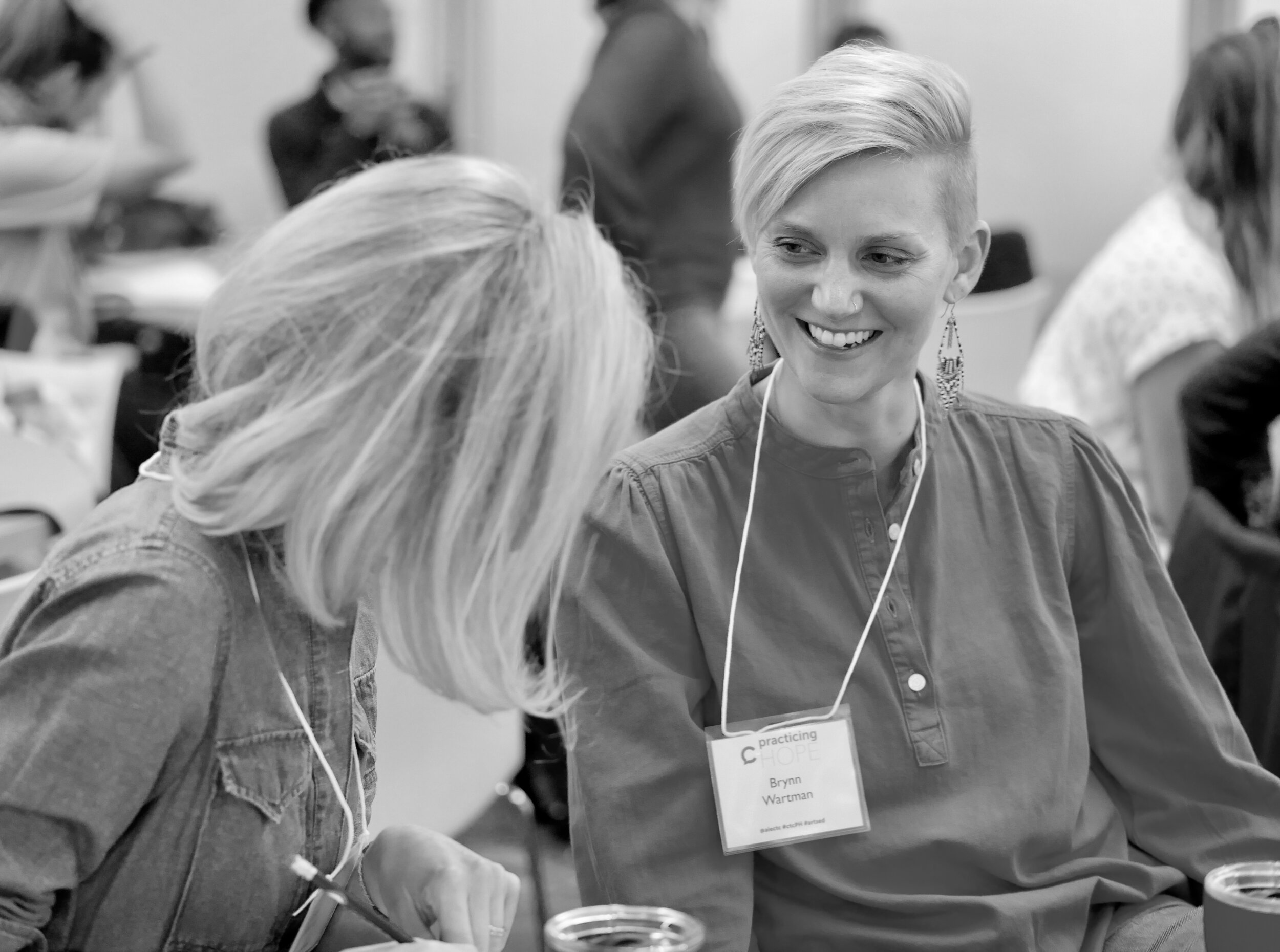October 4-5, 2019
Practicing Hope: explore agency, courage, and transformation in arts in education
My hope emerges from those places of struggle where I witness
individuals positively transforming their lives and the world around them.
Educating is always a vocation rooted in hopefulness. - bell hooks, 2003
Art-making is inherently hopeful. As we sit with our pen, brush, instrument or on a stage--with a blank page or quiet space--we imagine something that didn’t exist before and make it come to be. Art opens us to new possibilities and imagines a world beyond what exists.
Artists and educators practice hope because hope is central and essential to our practice.
As Rebecca Solnit says in Hope in the Dark:
“Hope is not a lottery ticket you can sit on the sofa and clutch, feeling lucky. It is an axe you break down doors with in an emergency.”
In practical day-to-day reality, however, amid the dimness of hatred, inequities and injustices, what brighter futures do we imagine are possible? And how can the arts help us get there? And what practices of hope, whether collective movements or individual acts, are we already engaged in?
As artists and educators, we believe in the possibility of growth and evolution through an ongoing, dedicated practice. Practice is an act of hope.
Building on past summits, such as Delving into Difference and Response and Responsibility, this year’s Continuing the Conversation Annual Summit, Practicing Hope, will explore agency, courage, and transformation in arts in education. We will have conversations through various formats about how the arts help us to build meaningful relationships, engage in critical dialogue and -in the face of great challenges - continue to practice hope.
Questions we will explore:
What hopeful future are we envisioning for our young people? What practices will move us toward that future?
Where and when does hope meet action?
What are the ways that a personal practice creates hope and sustainability in arts in education?










